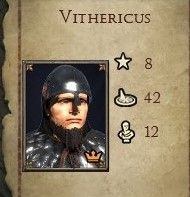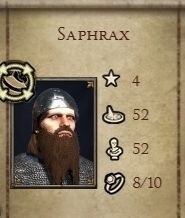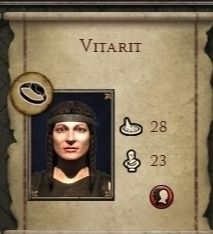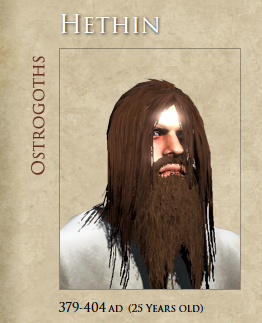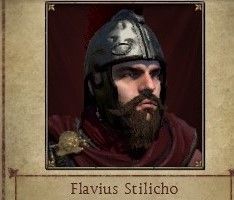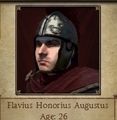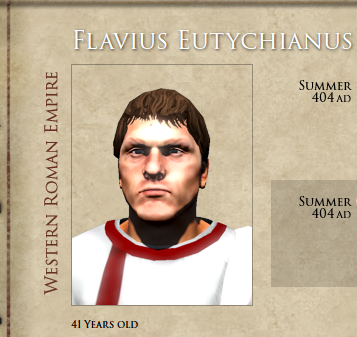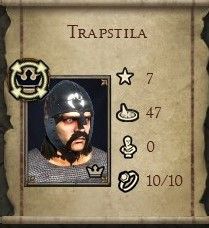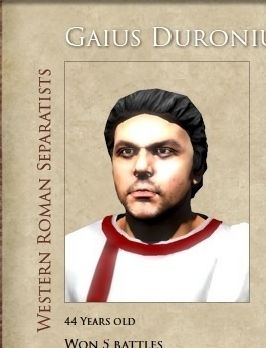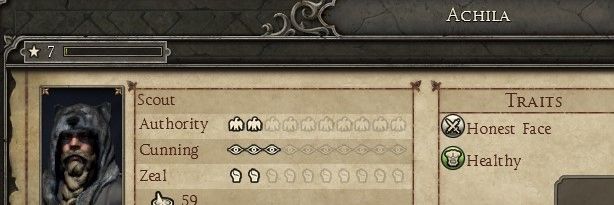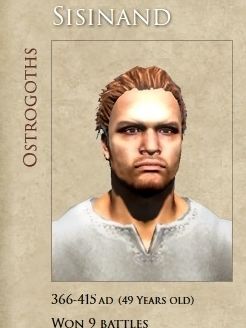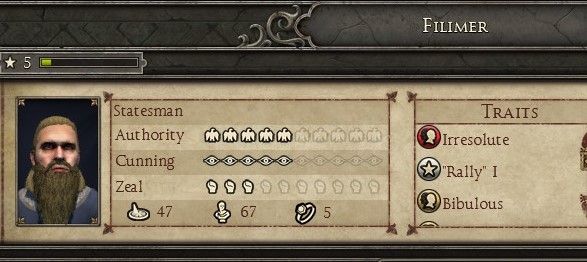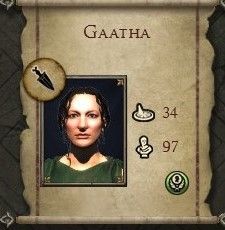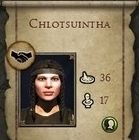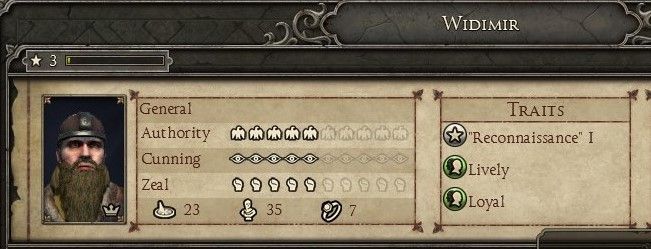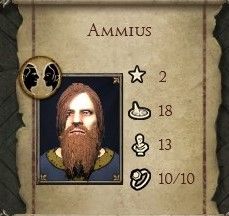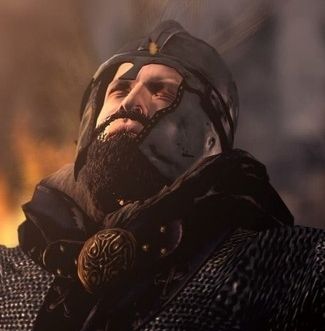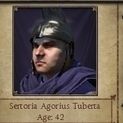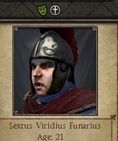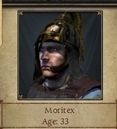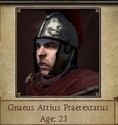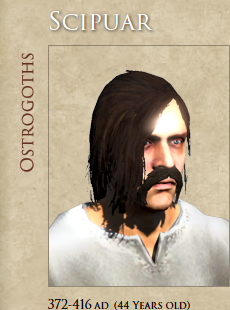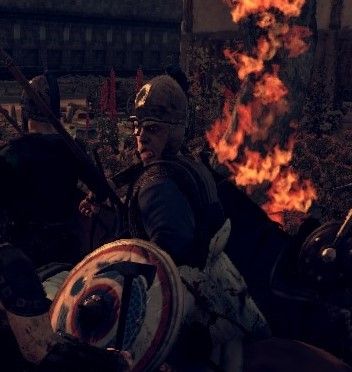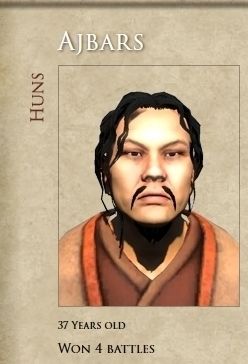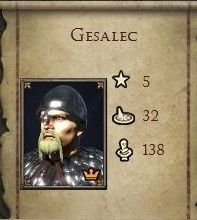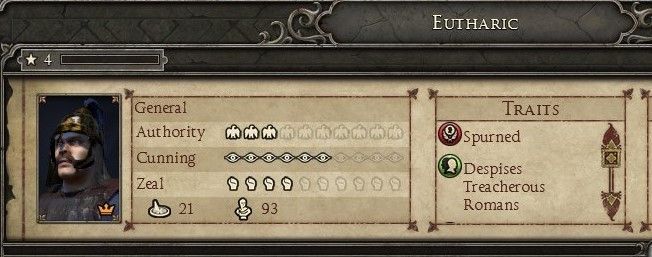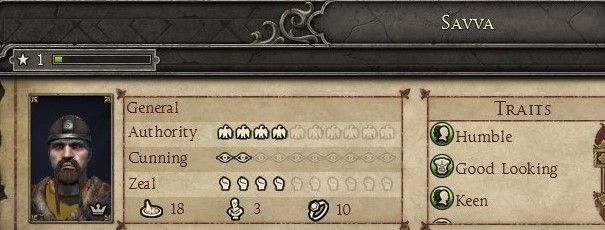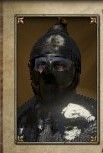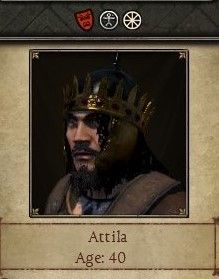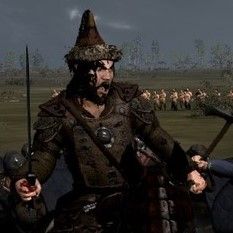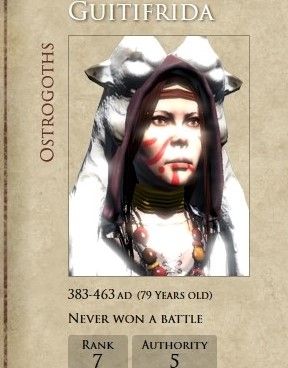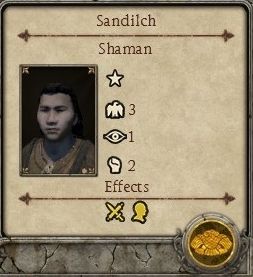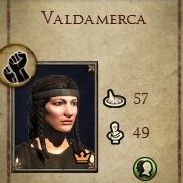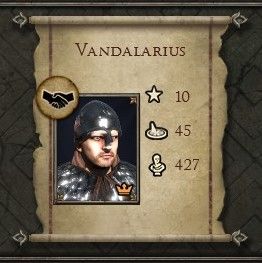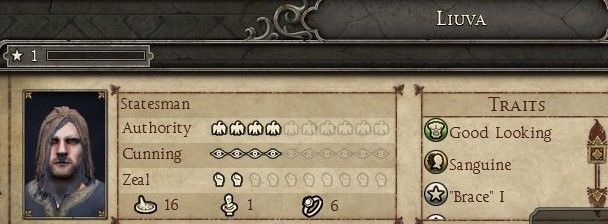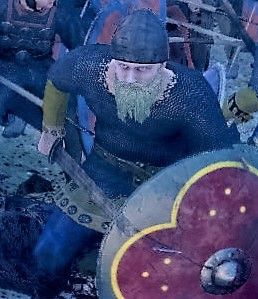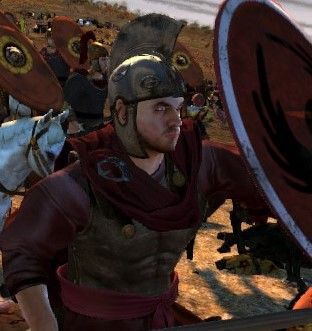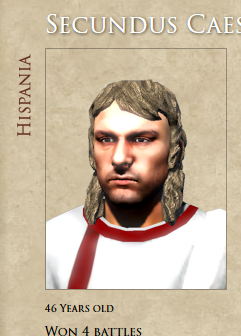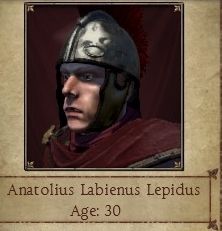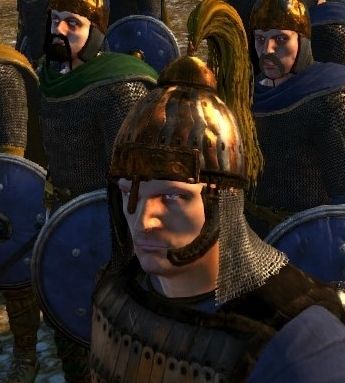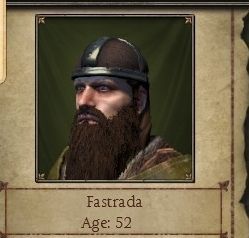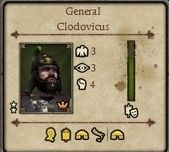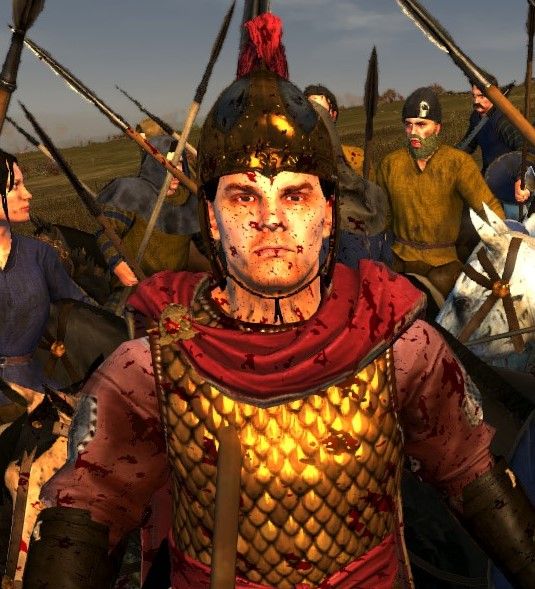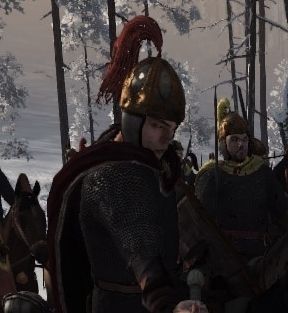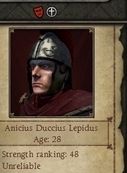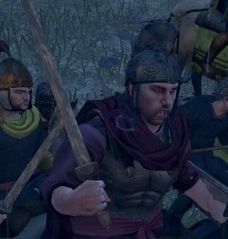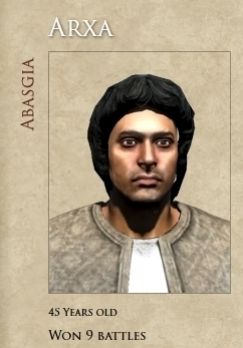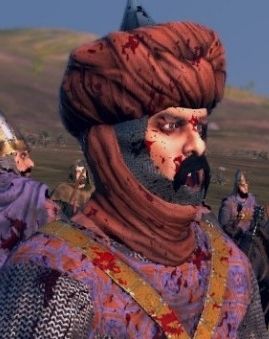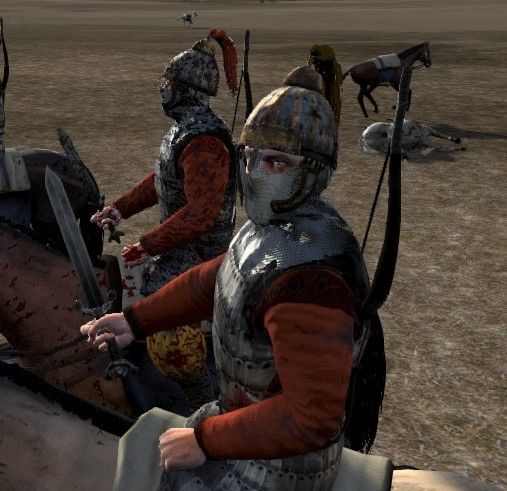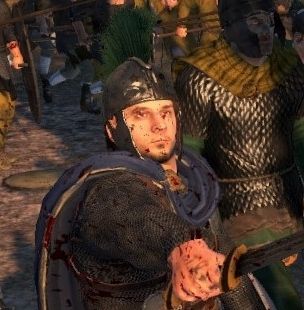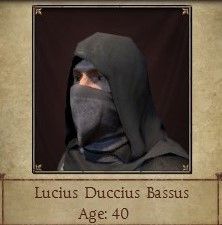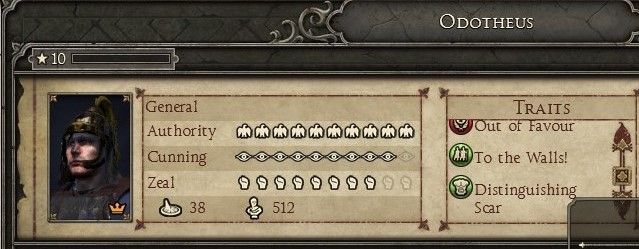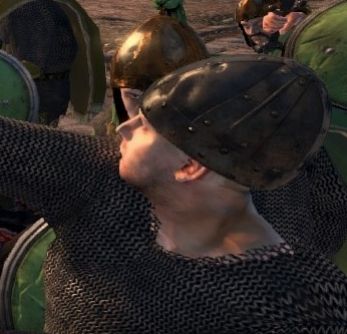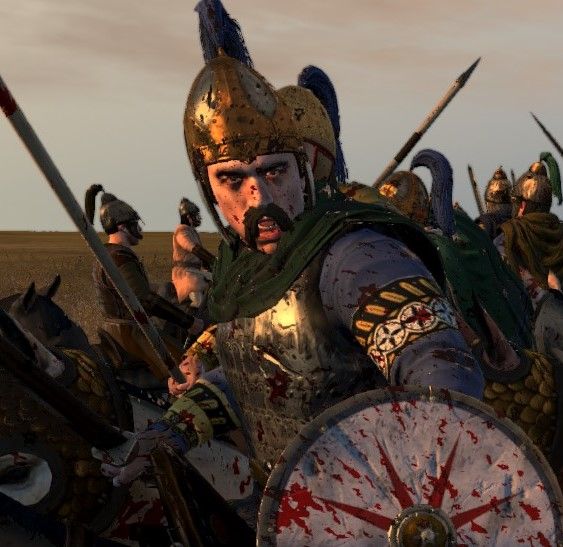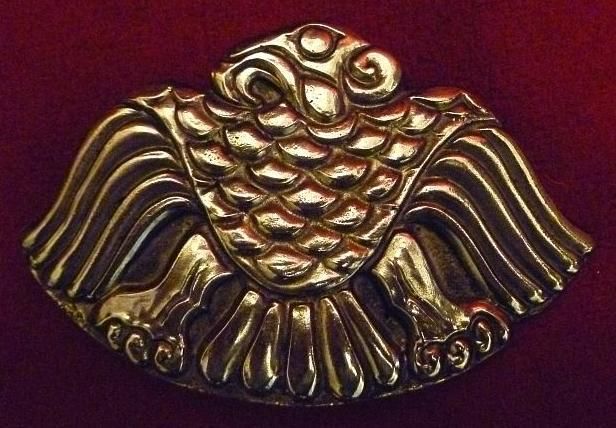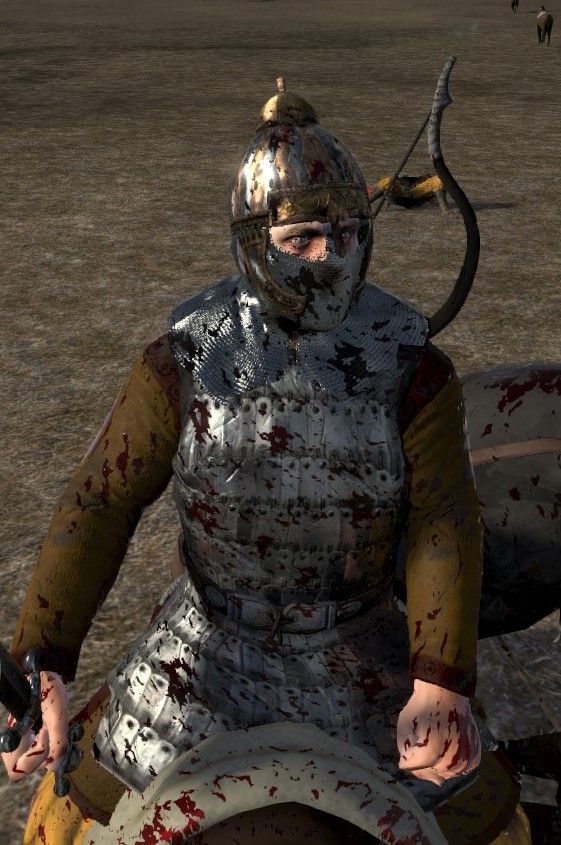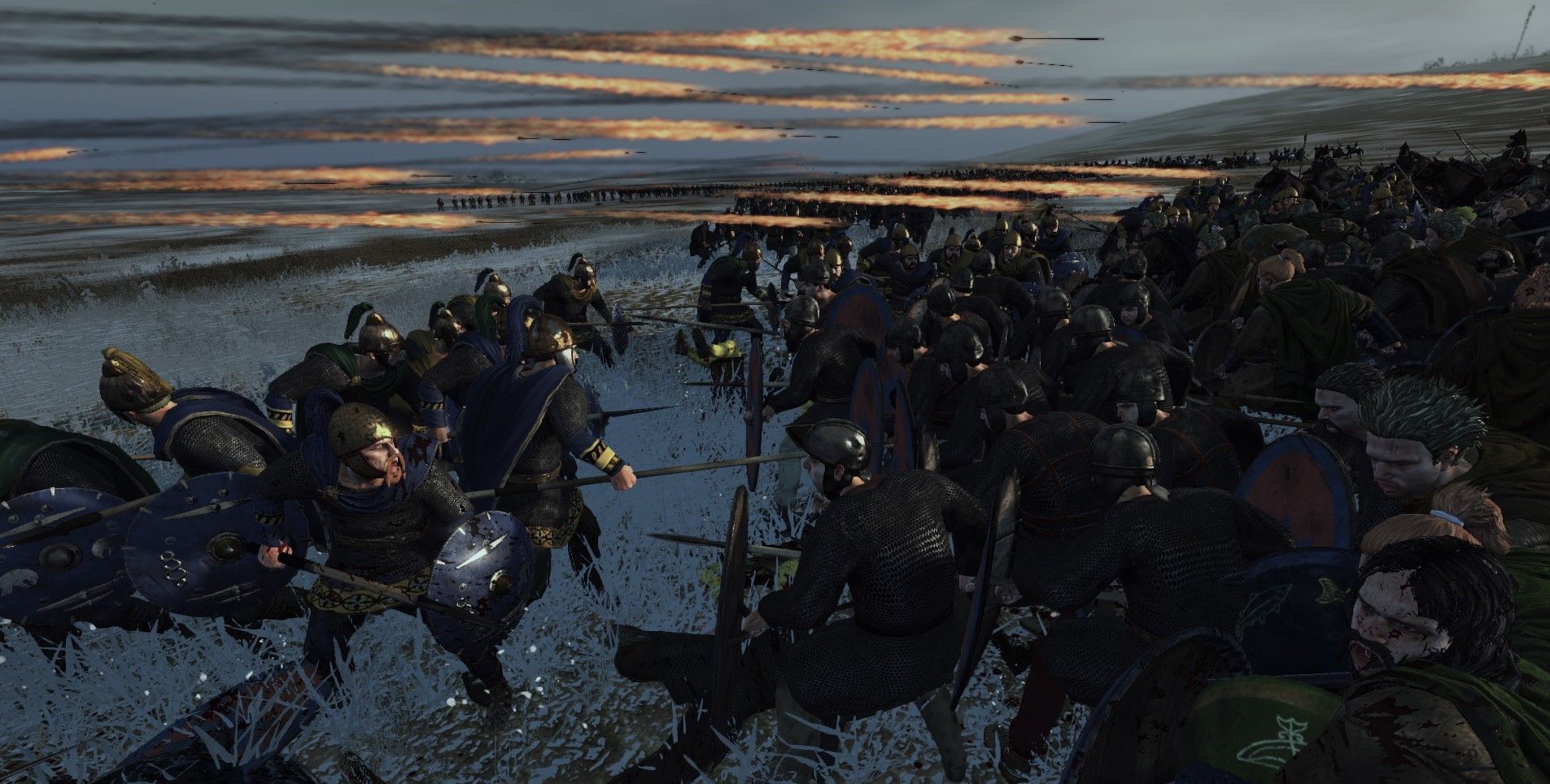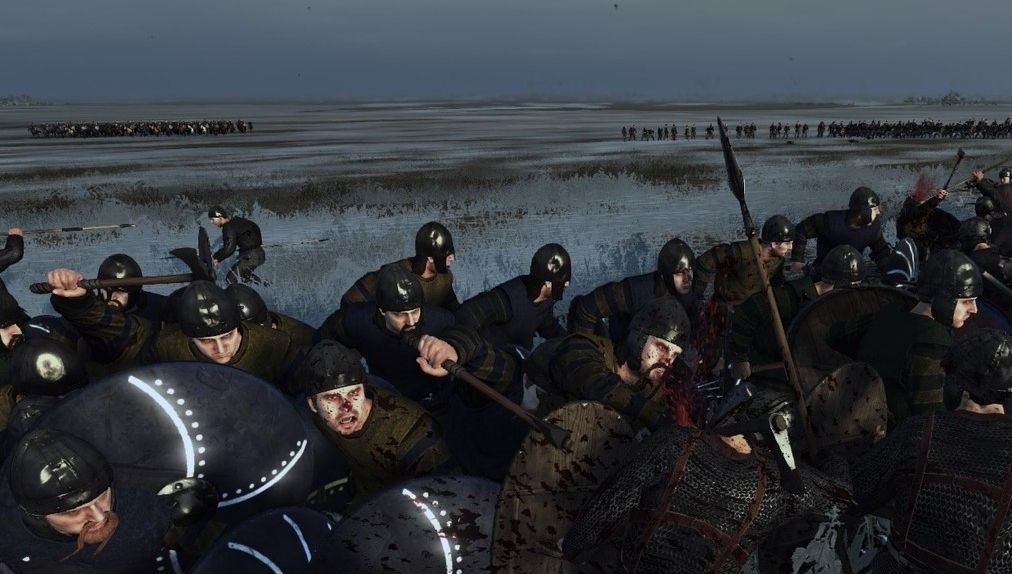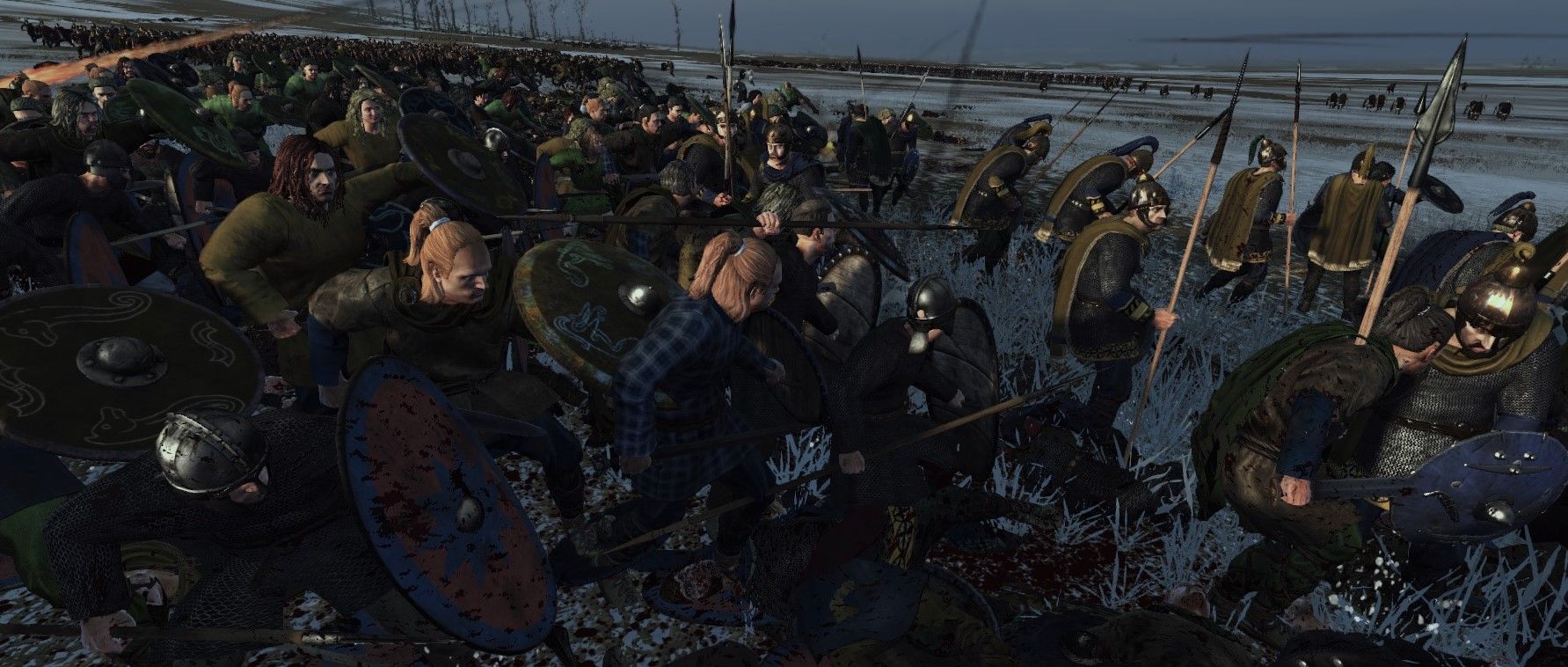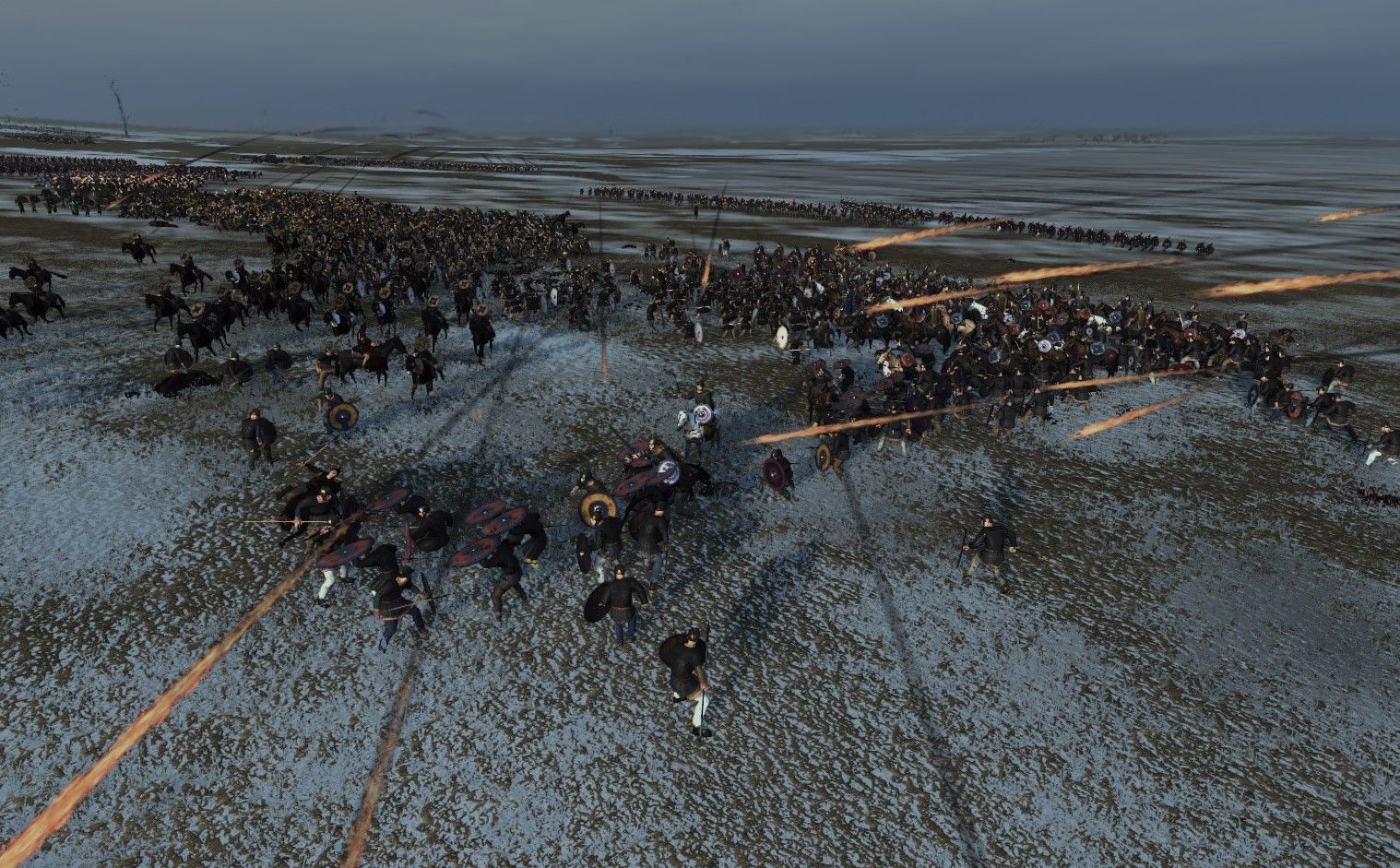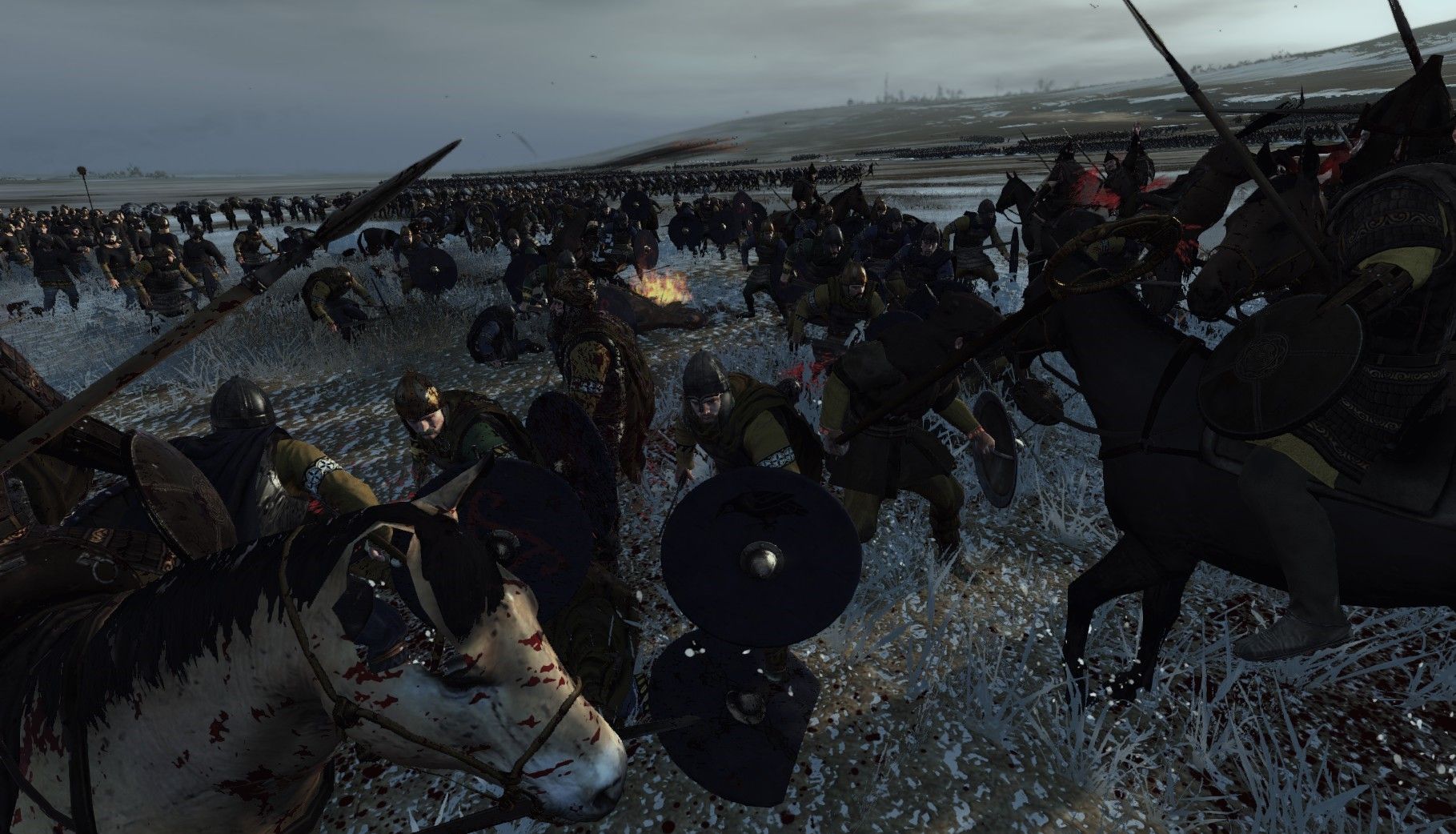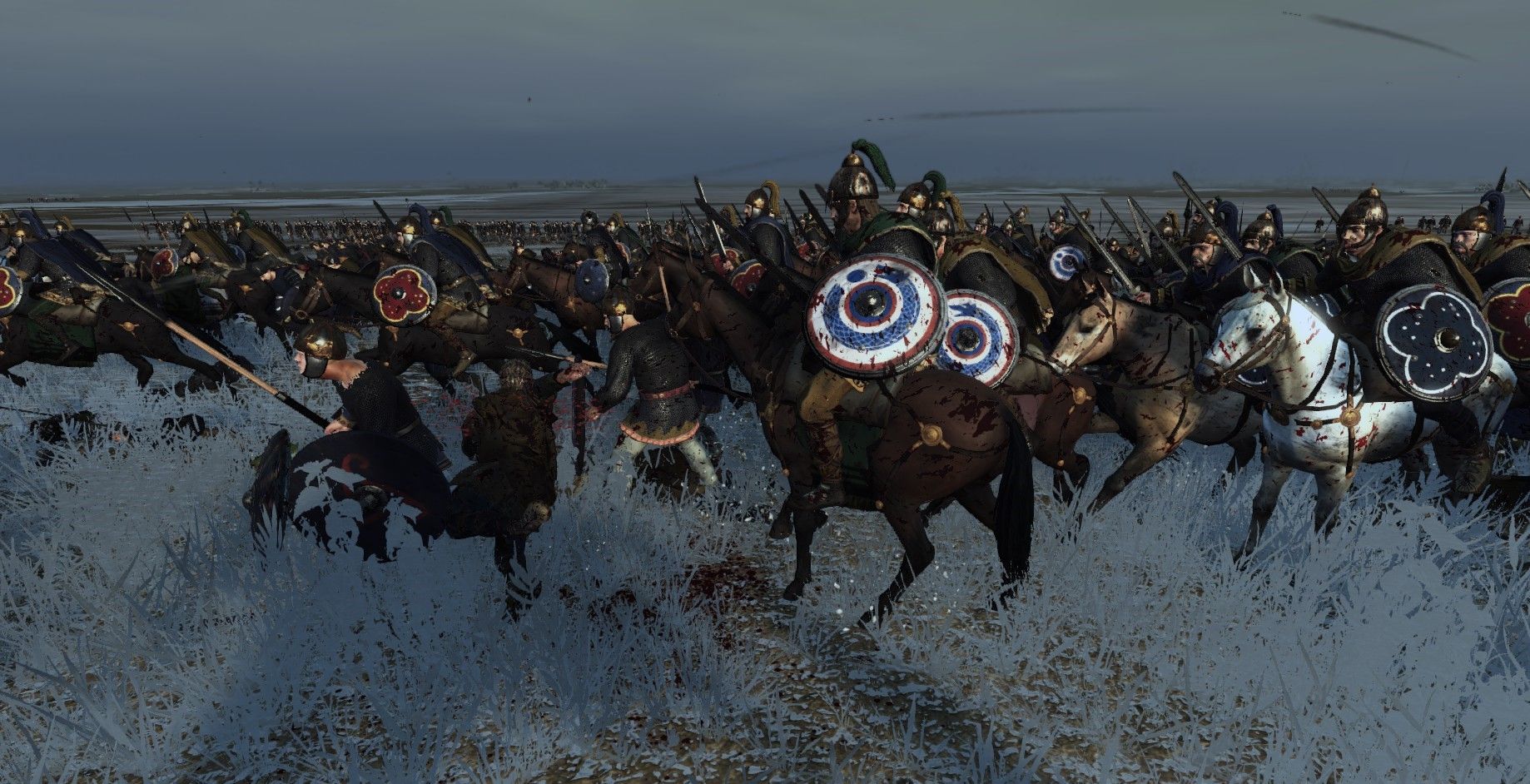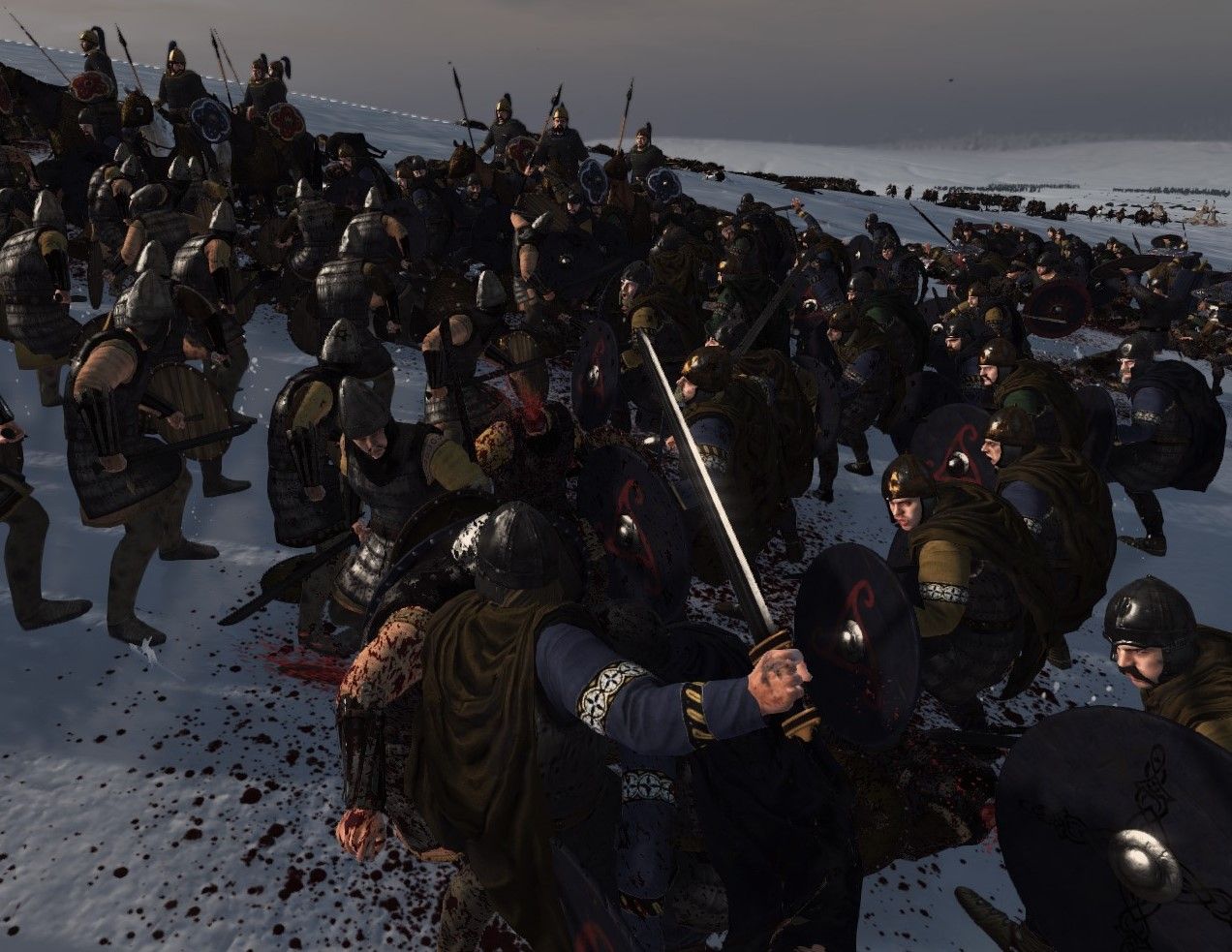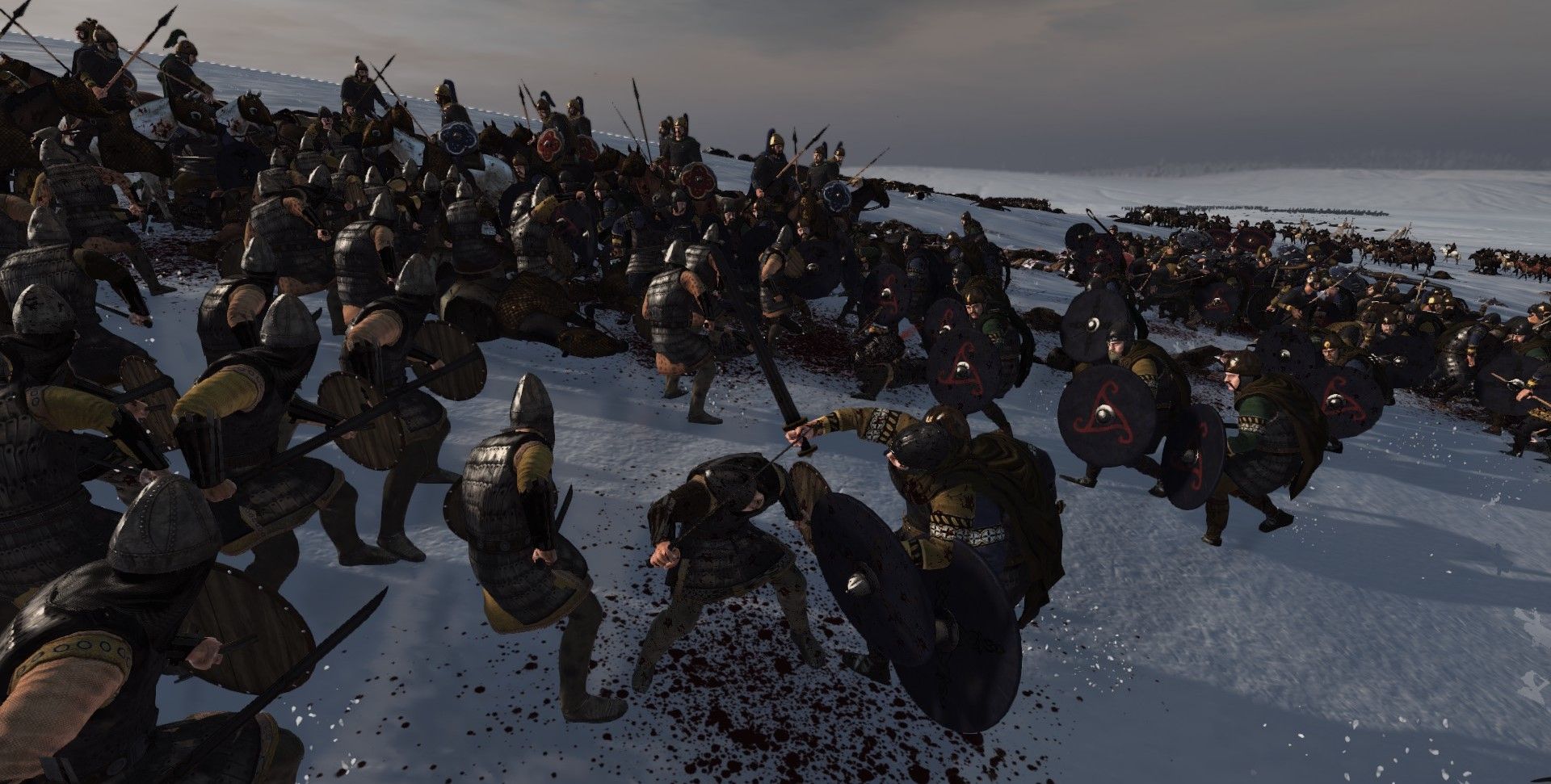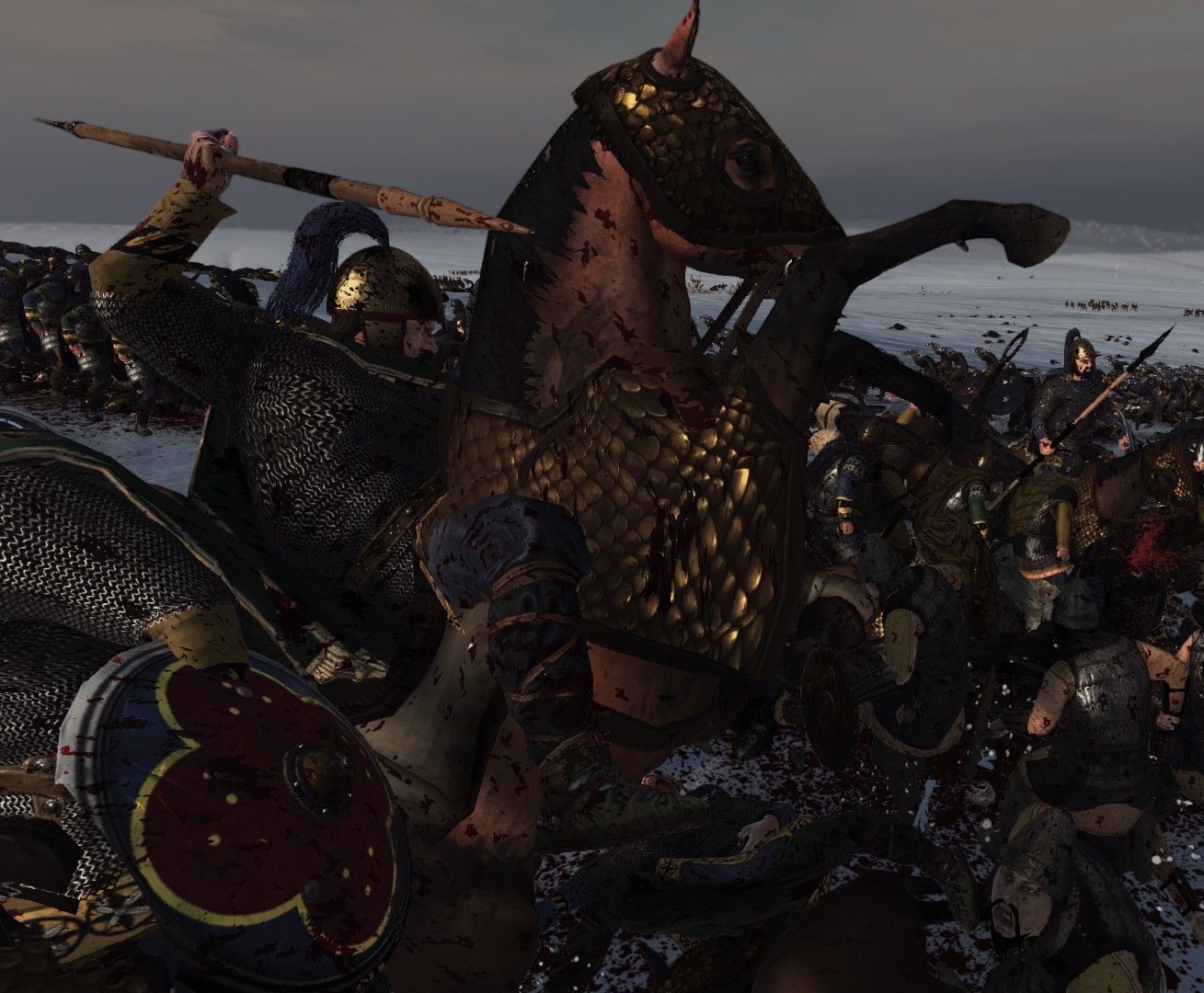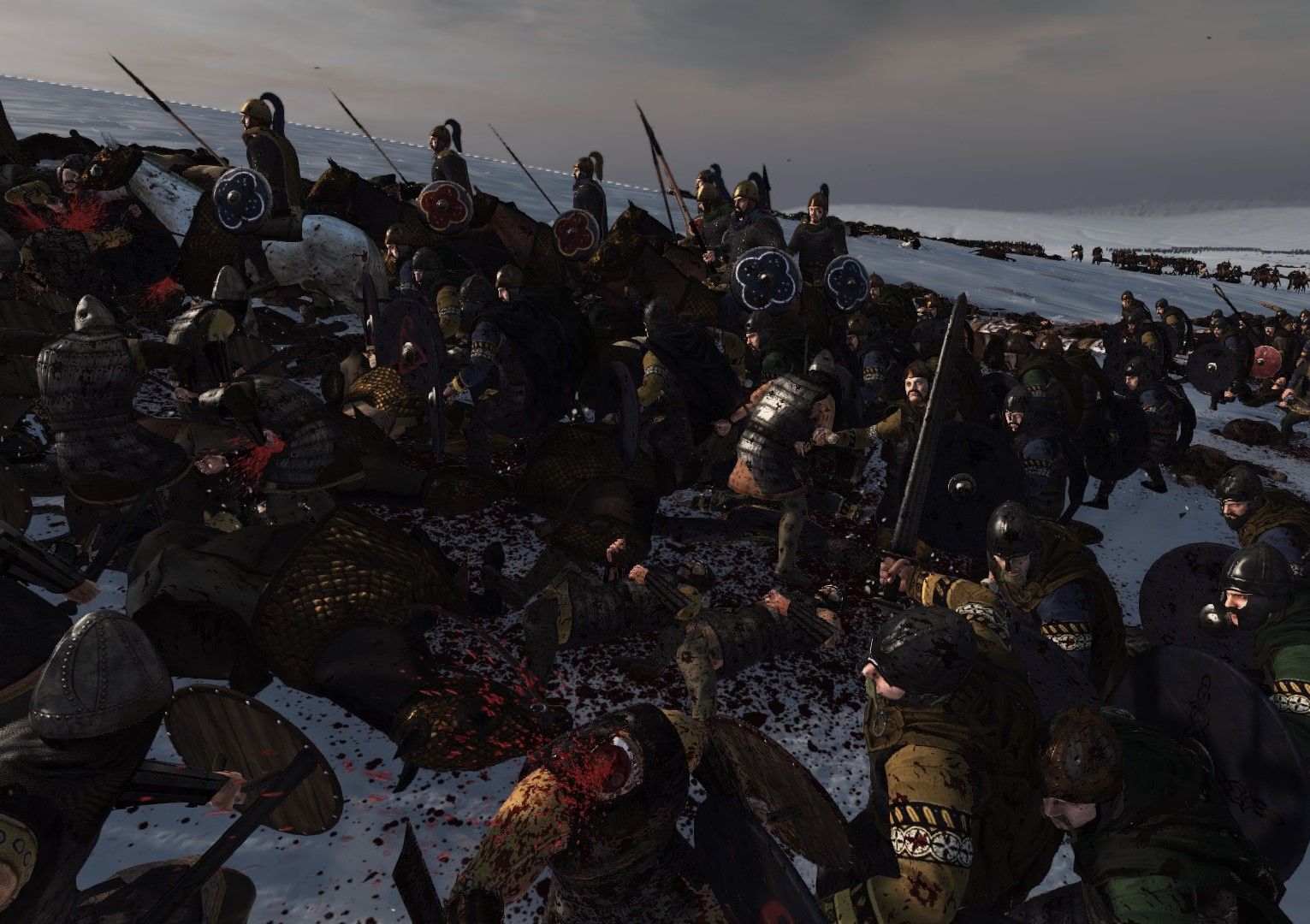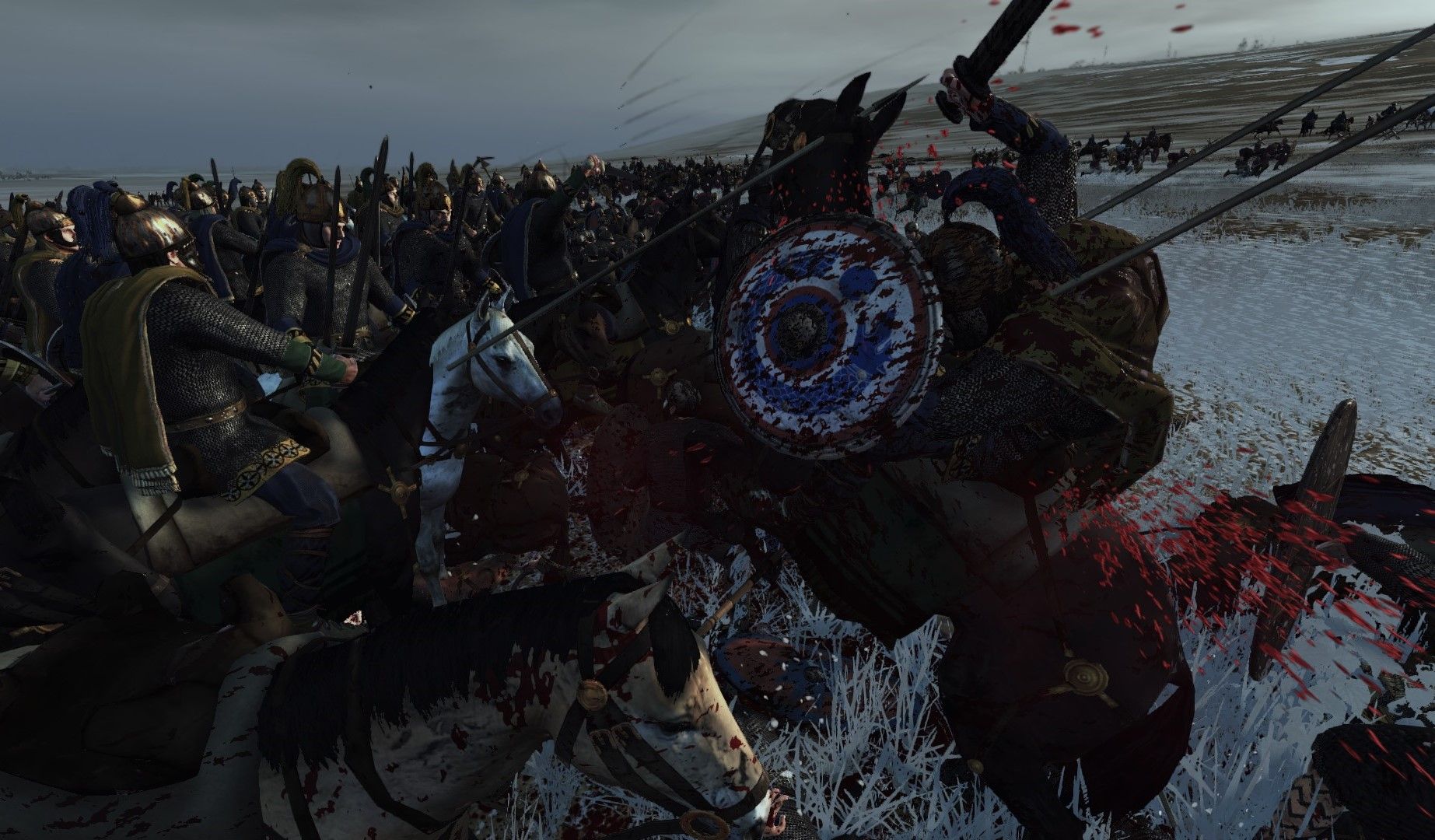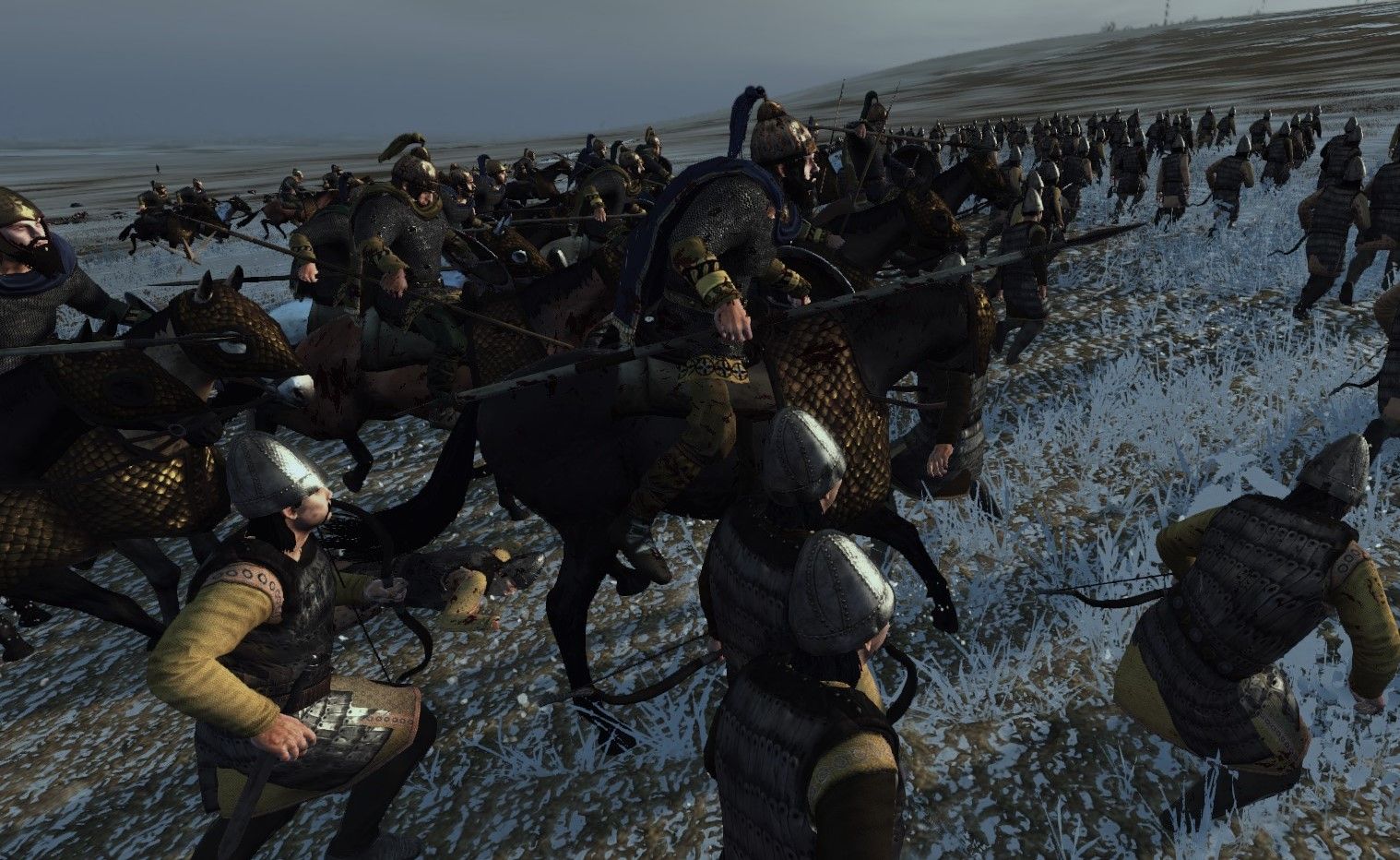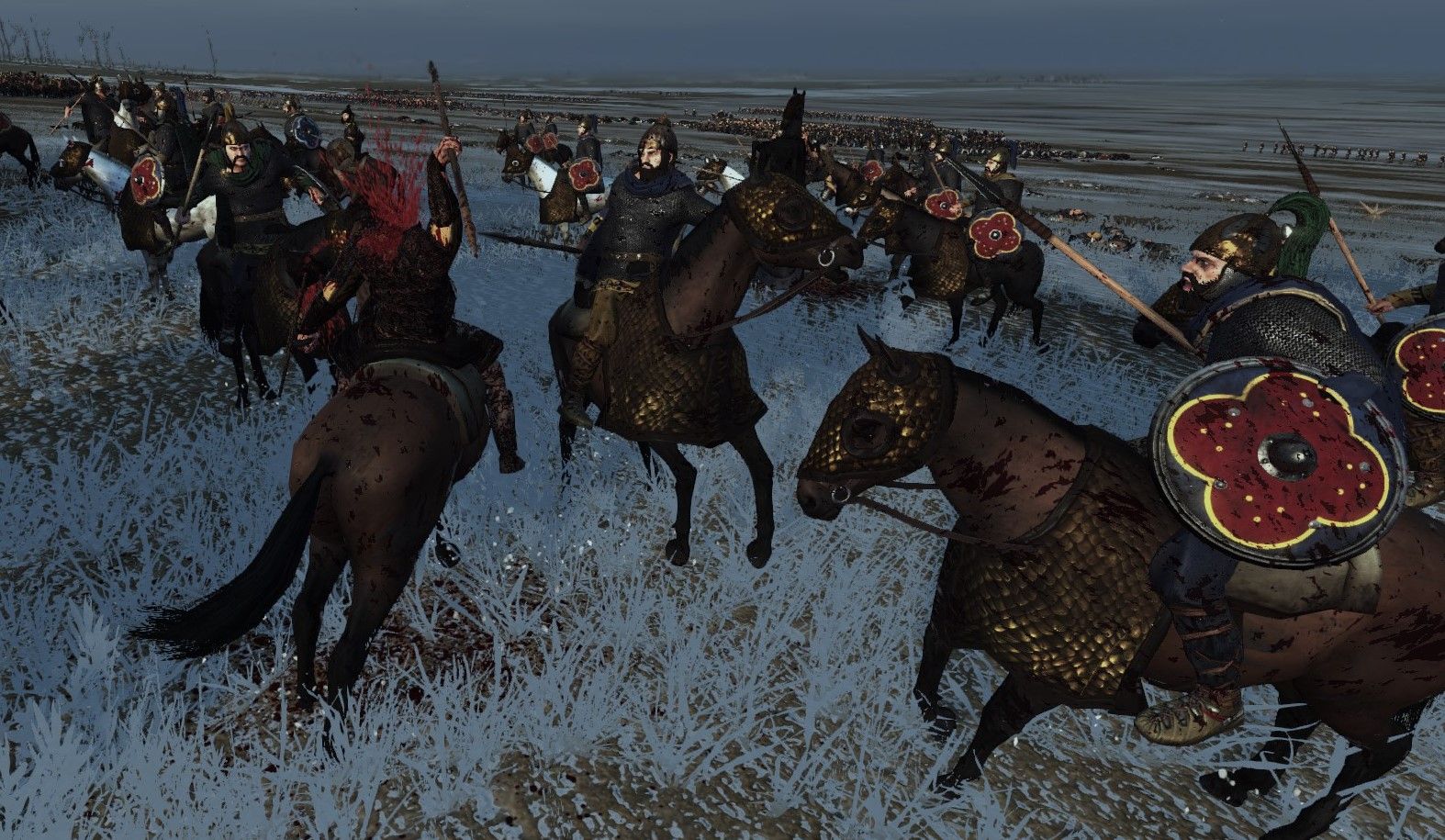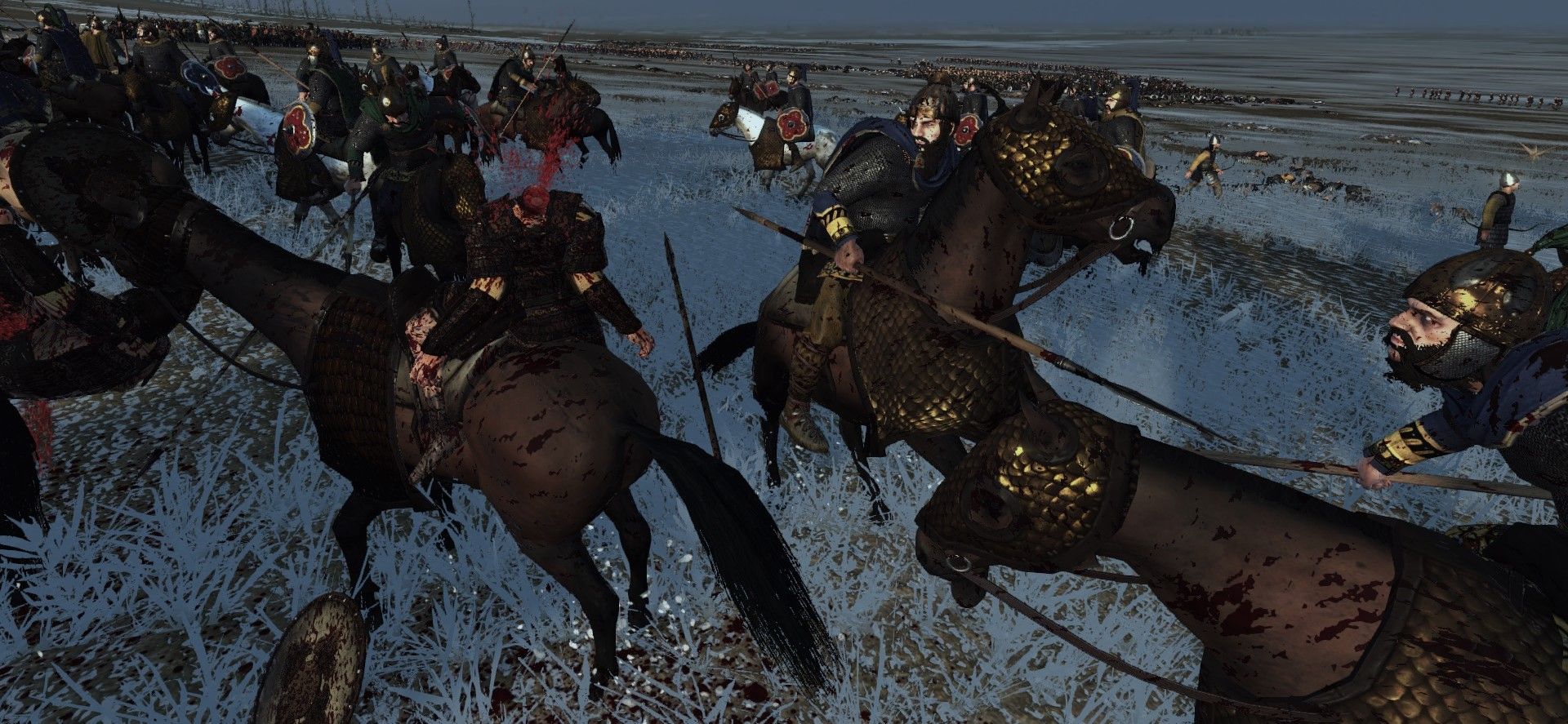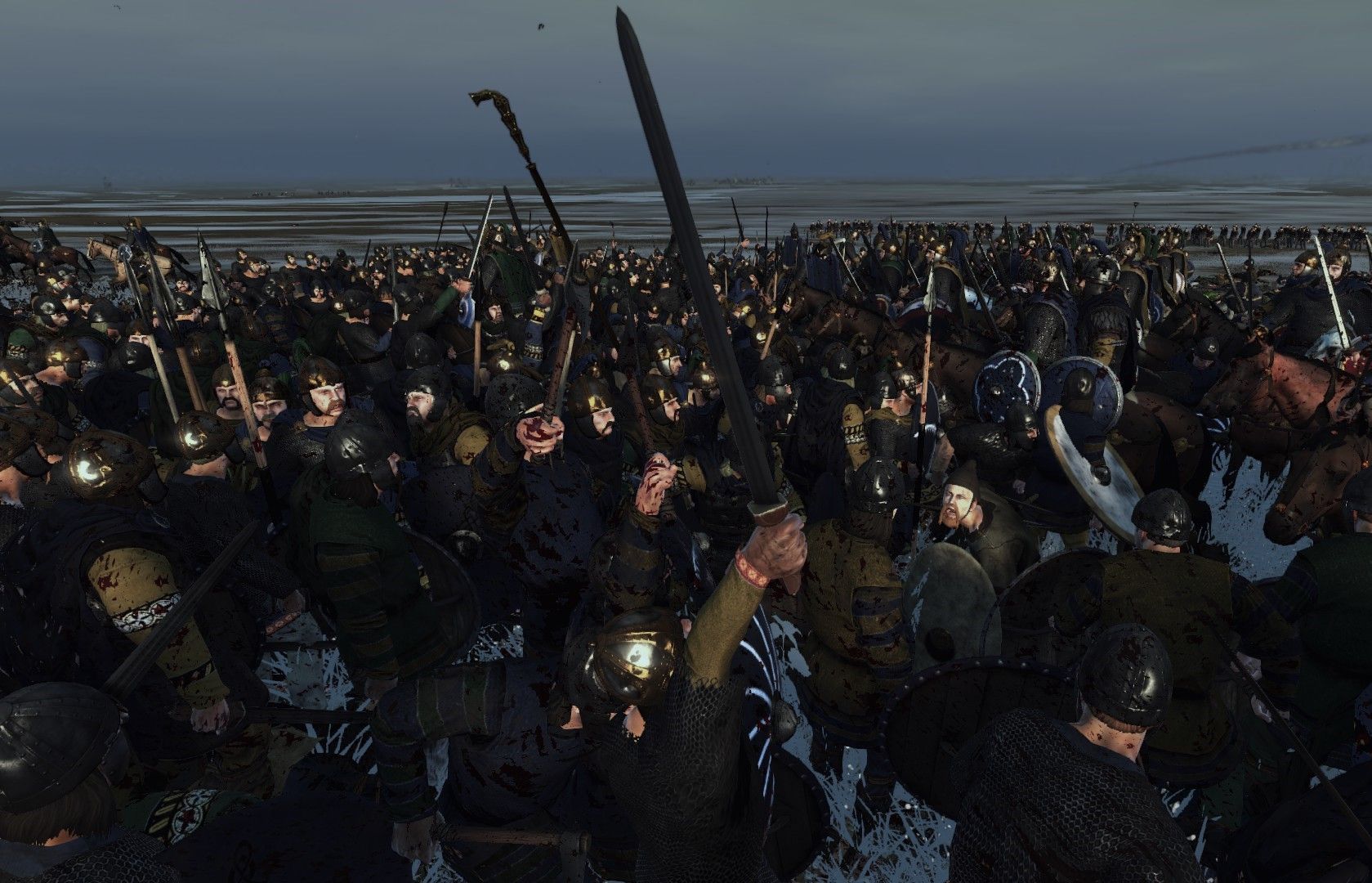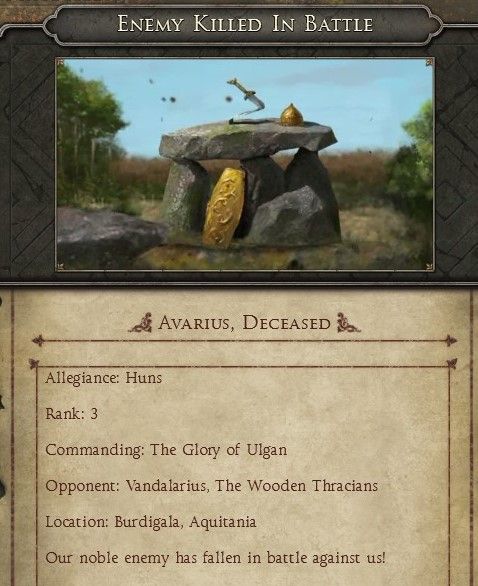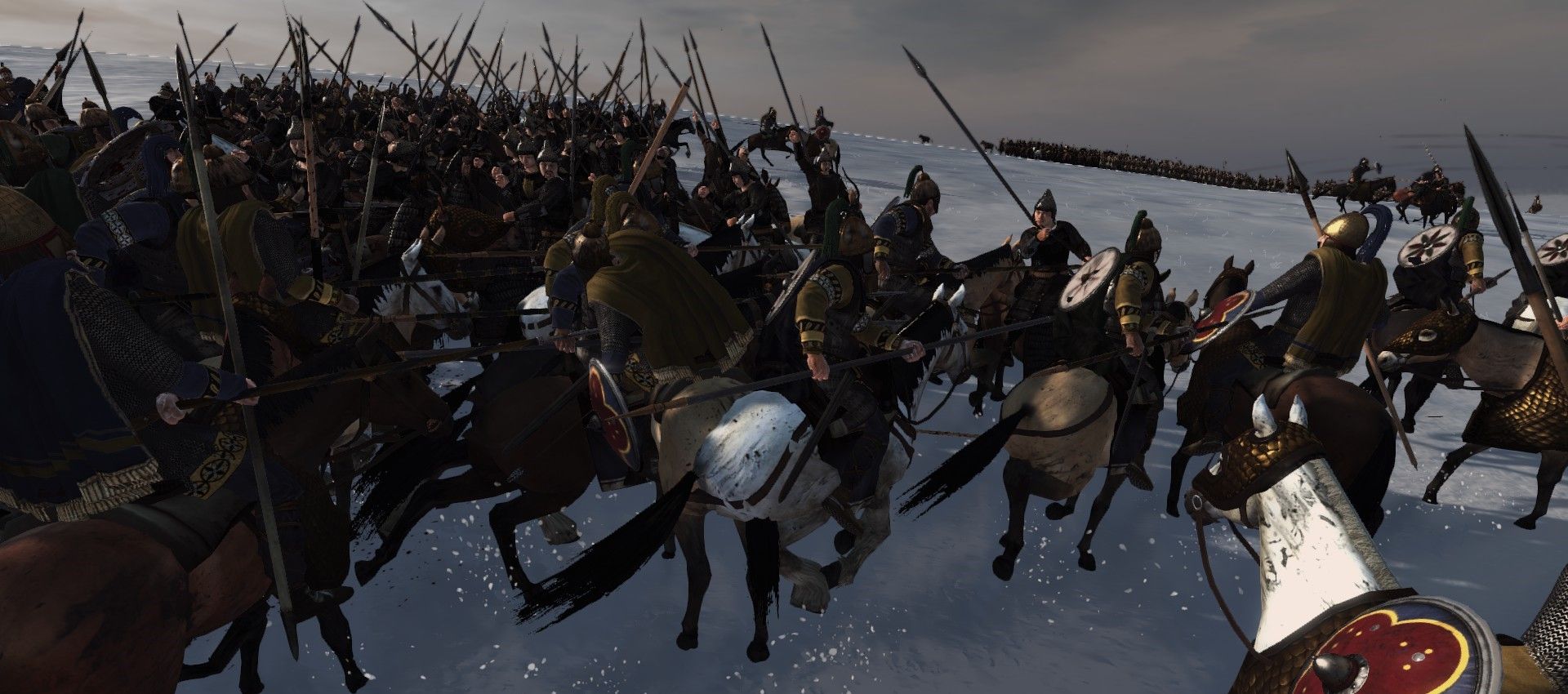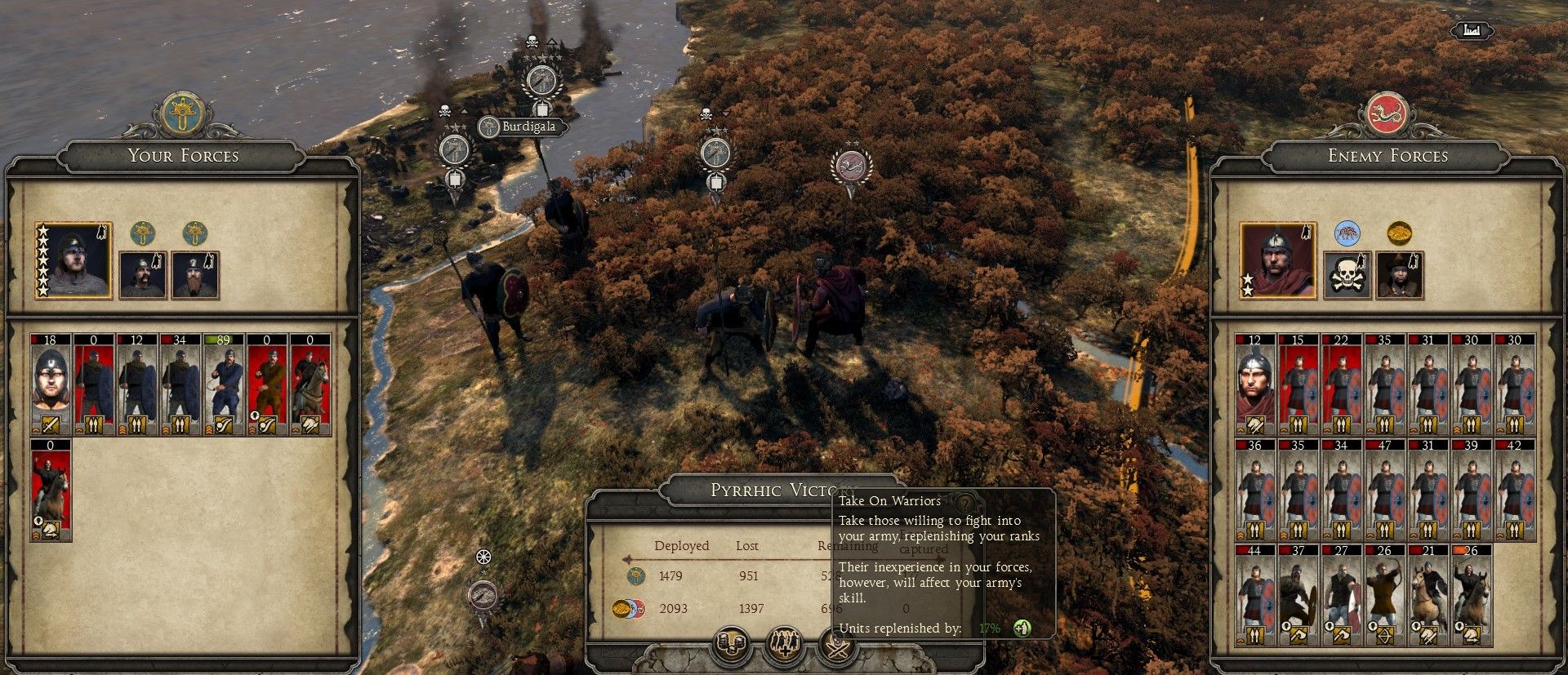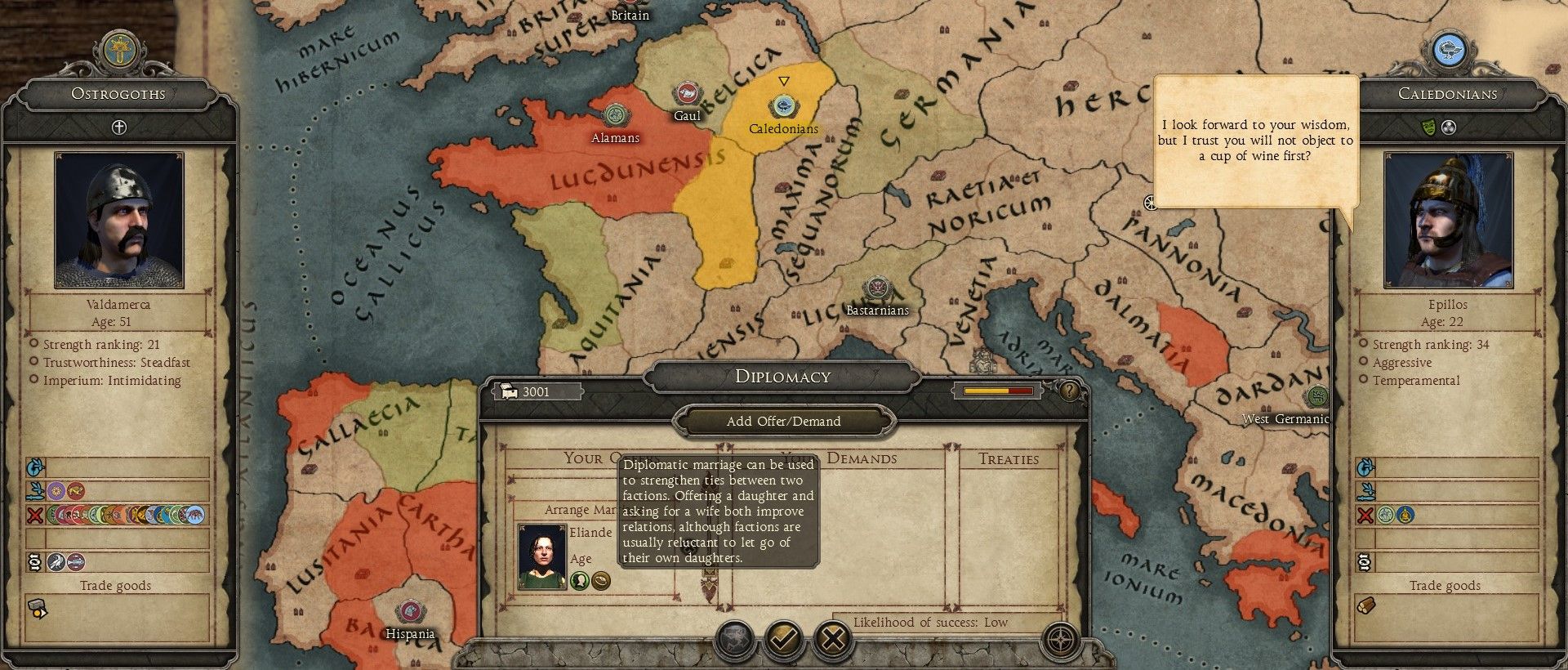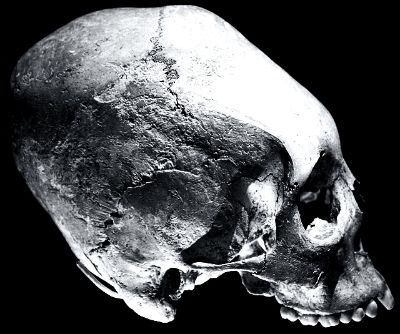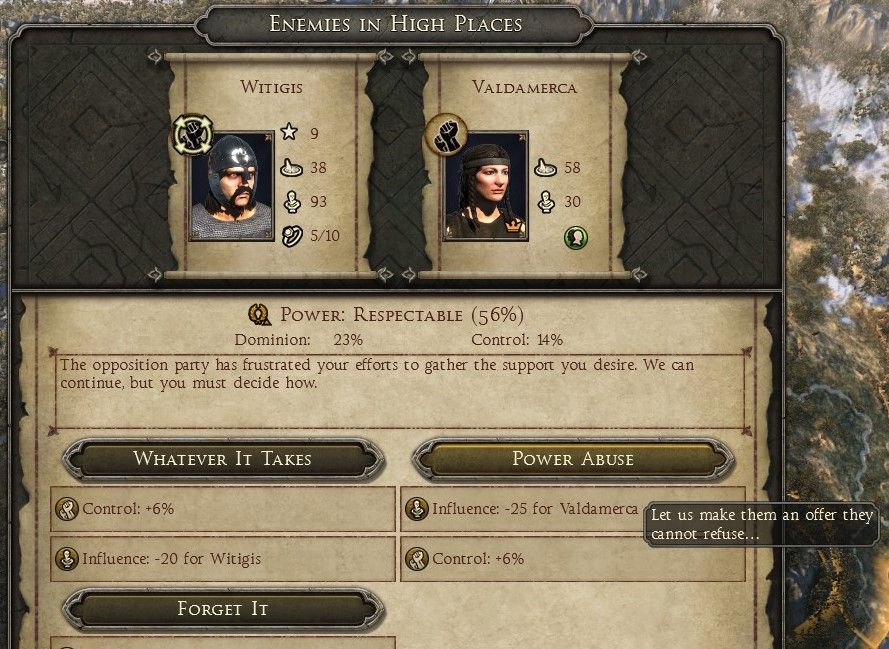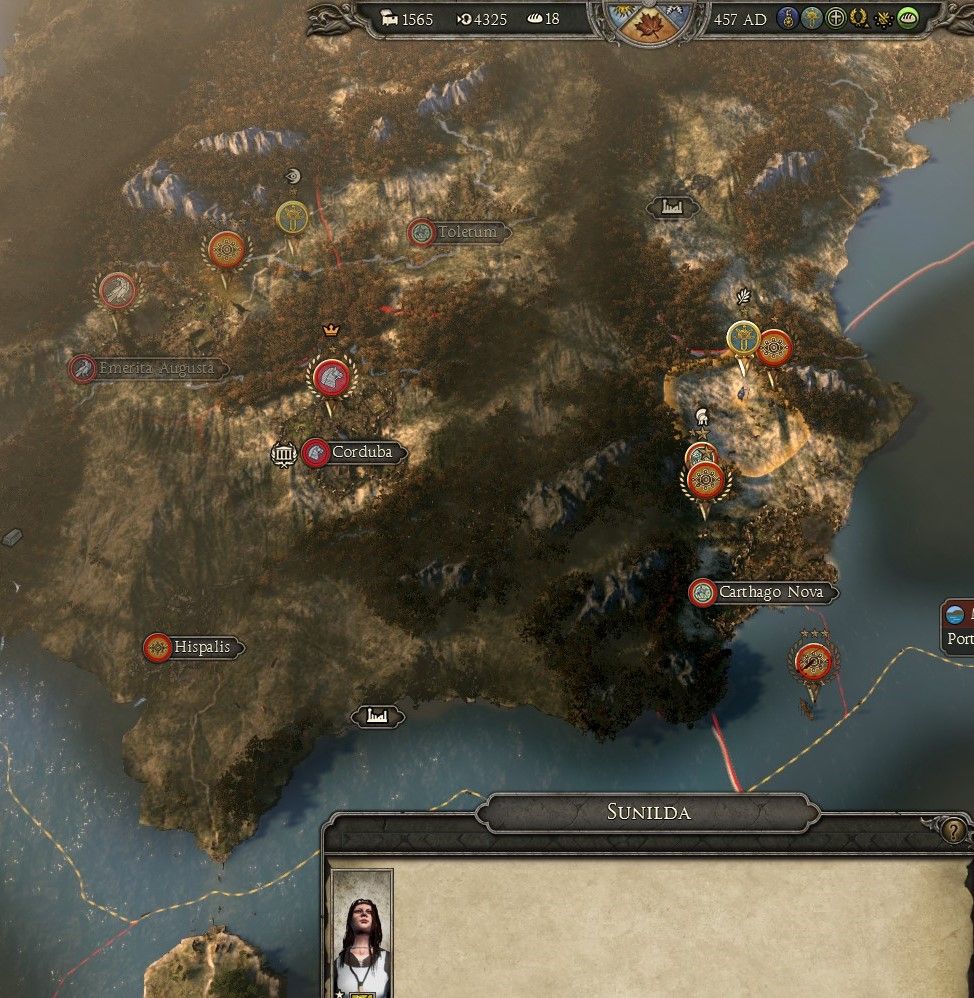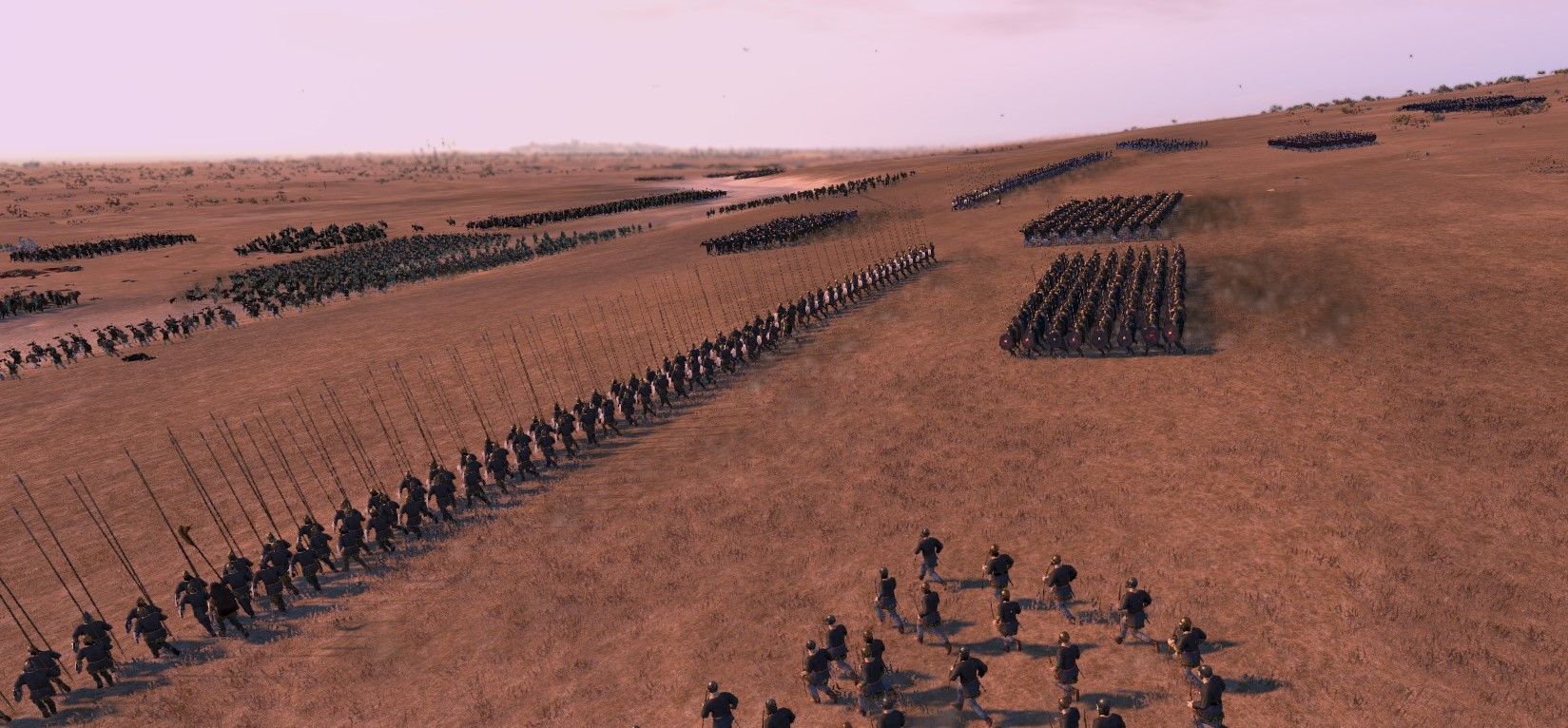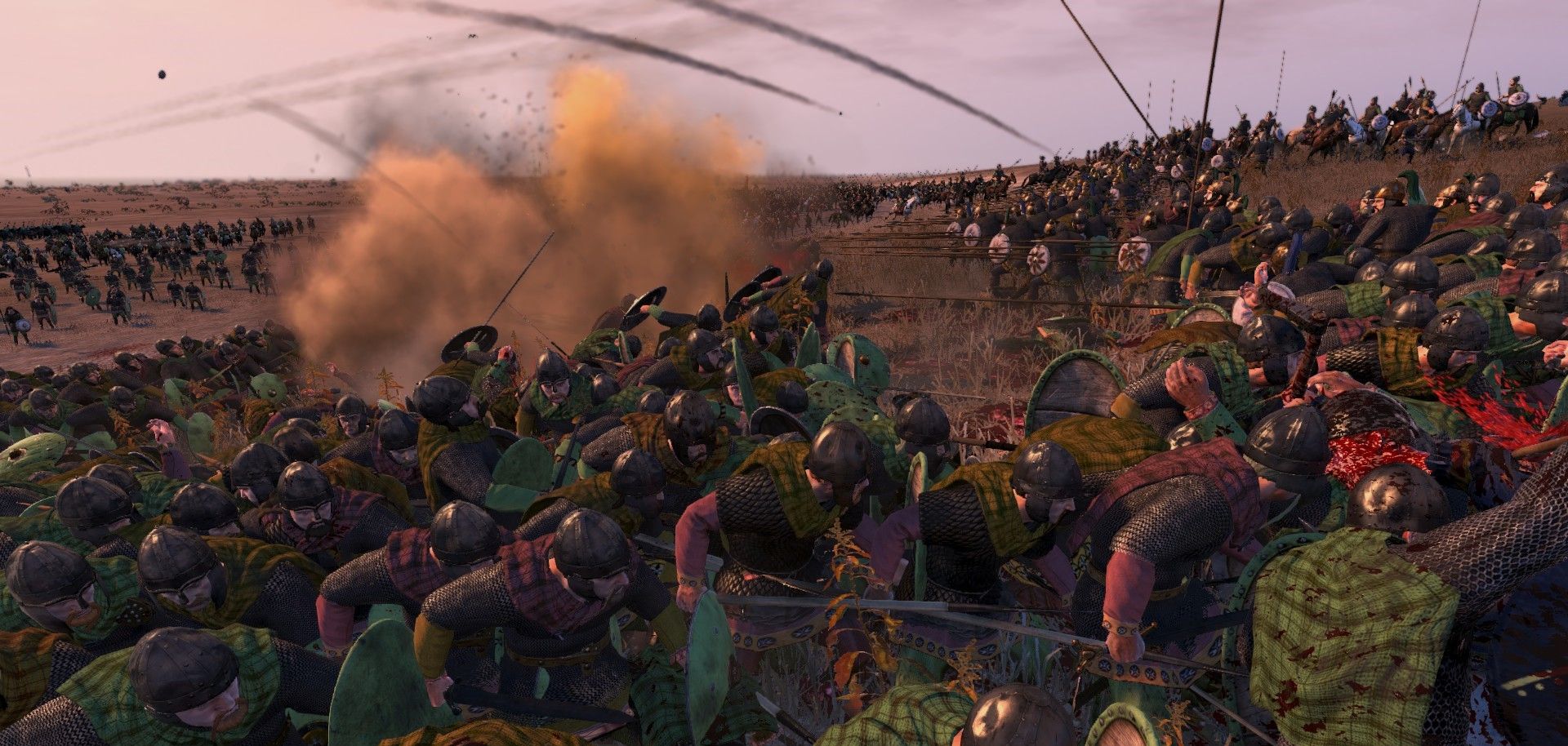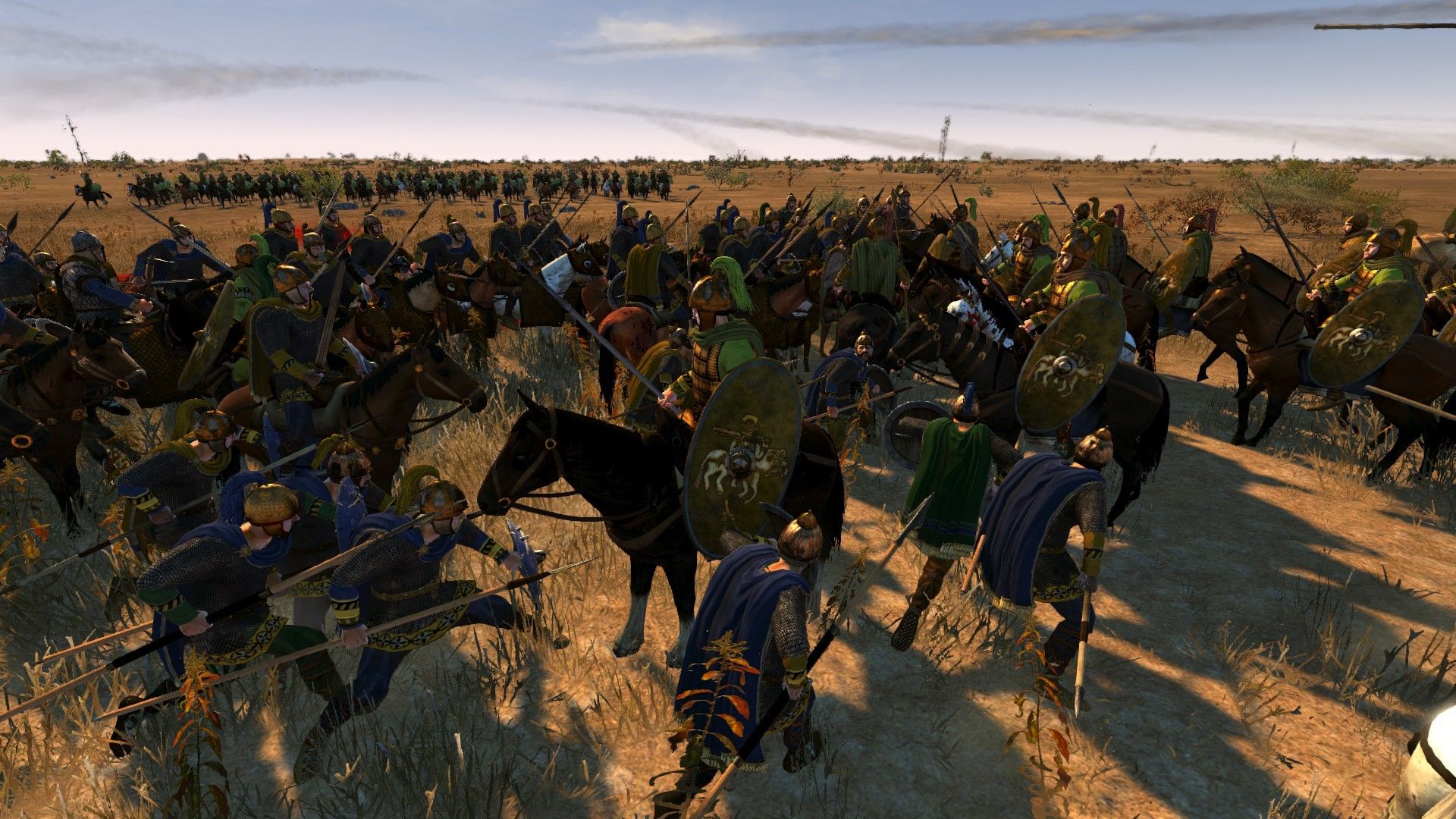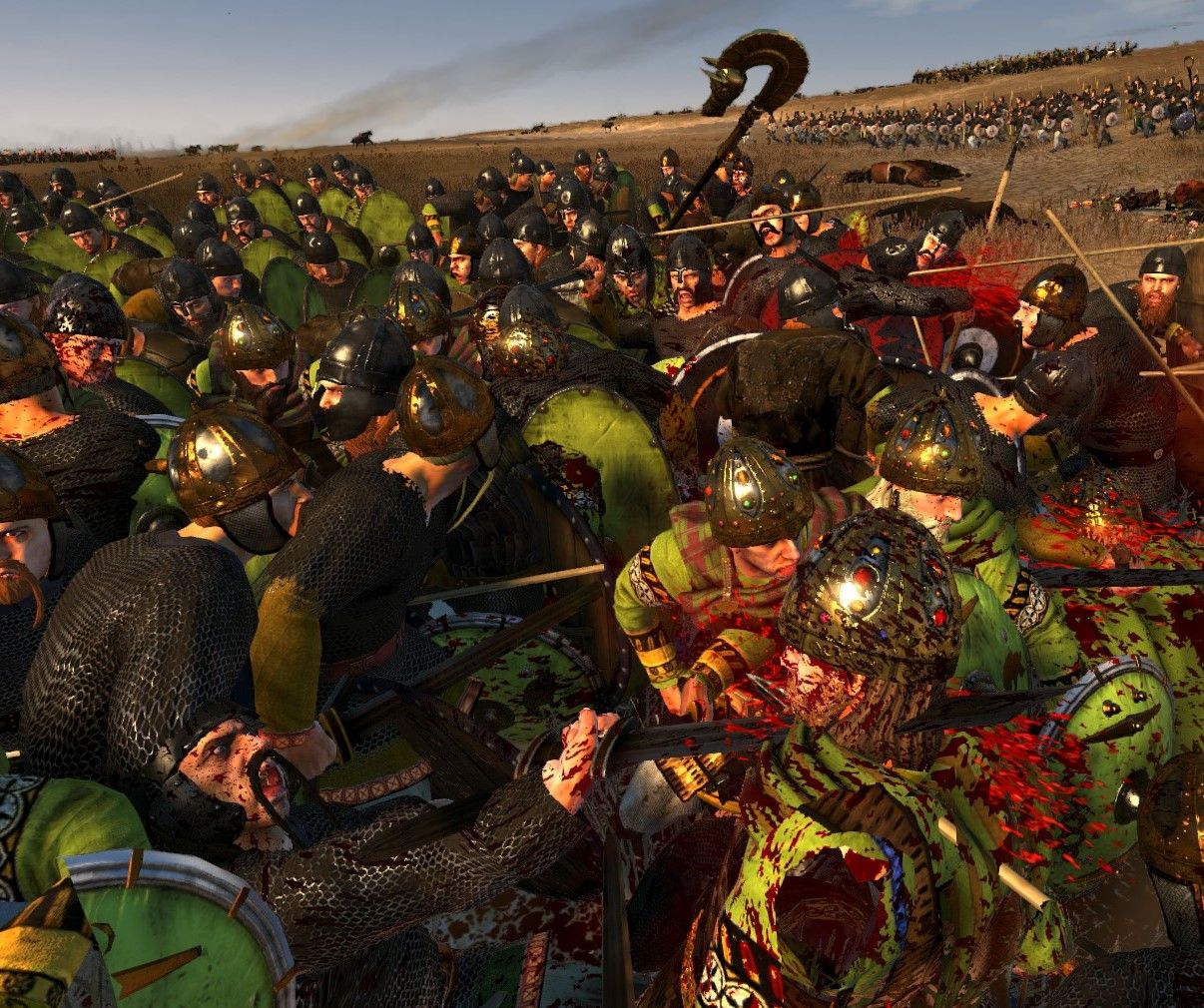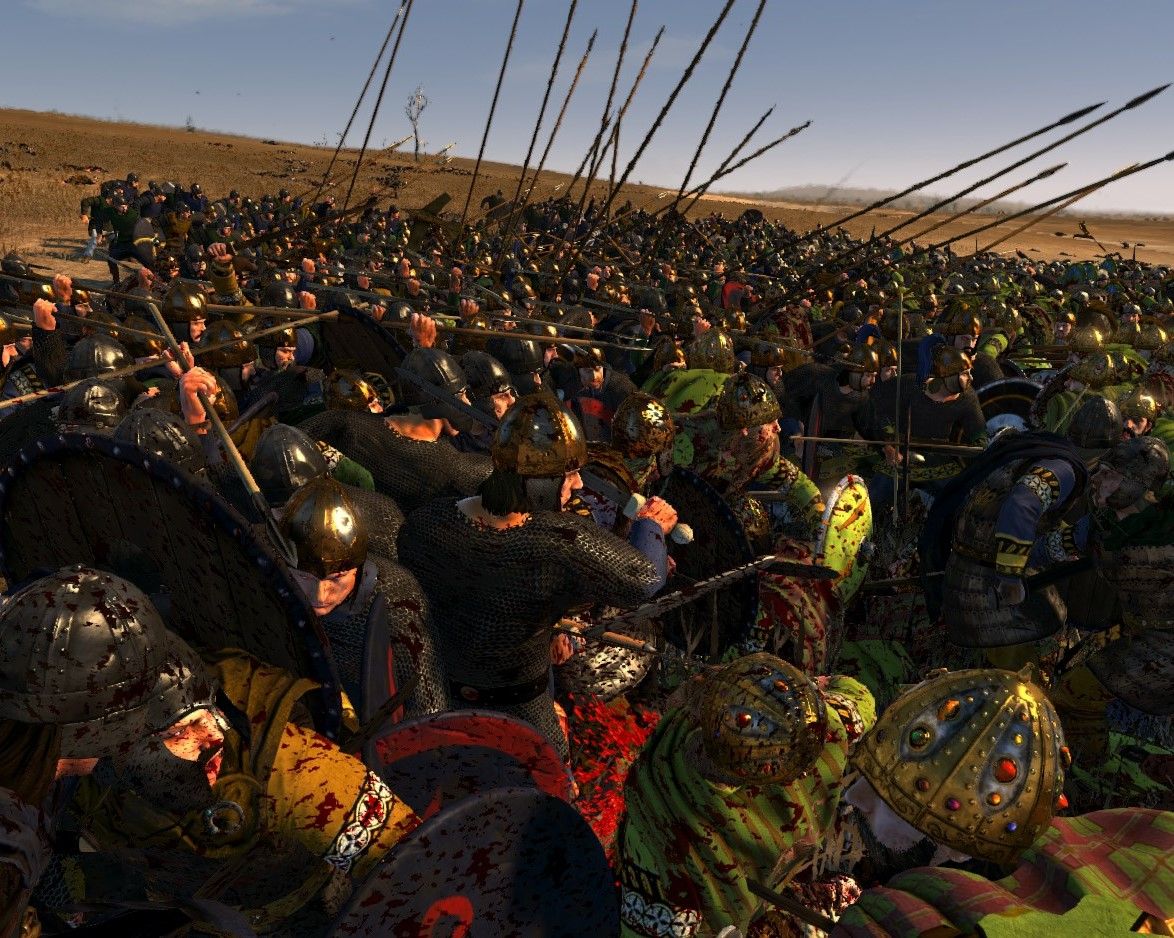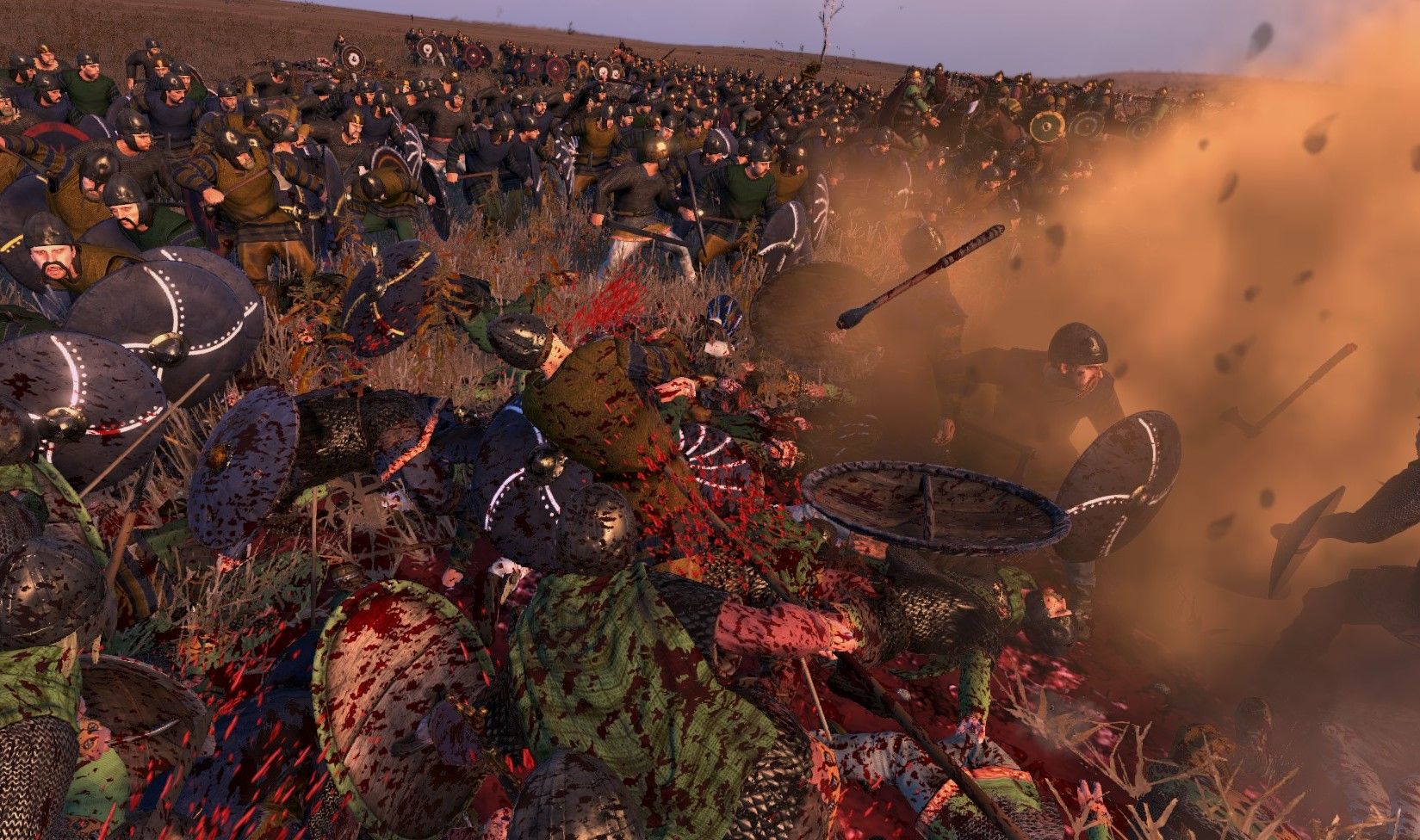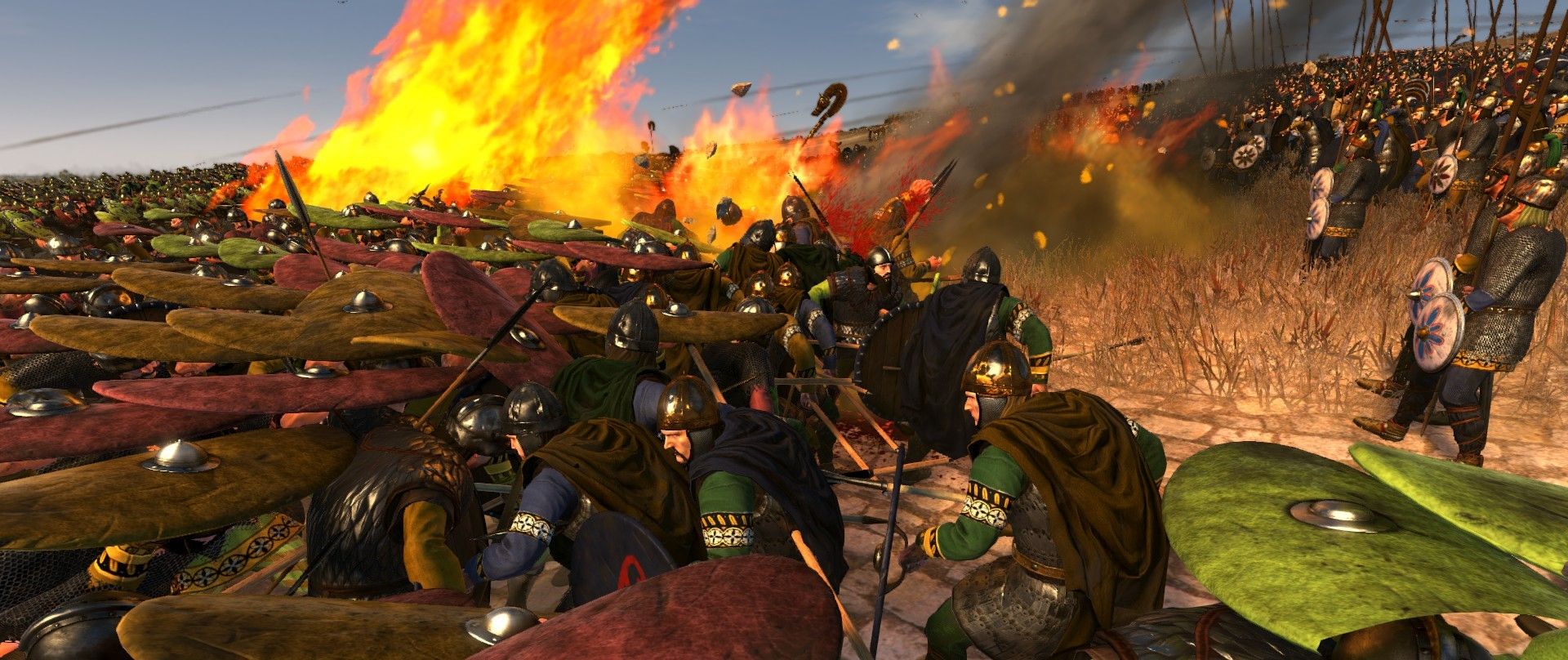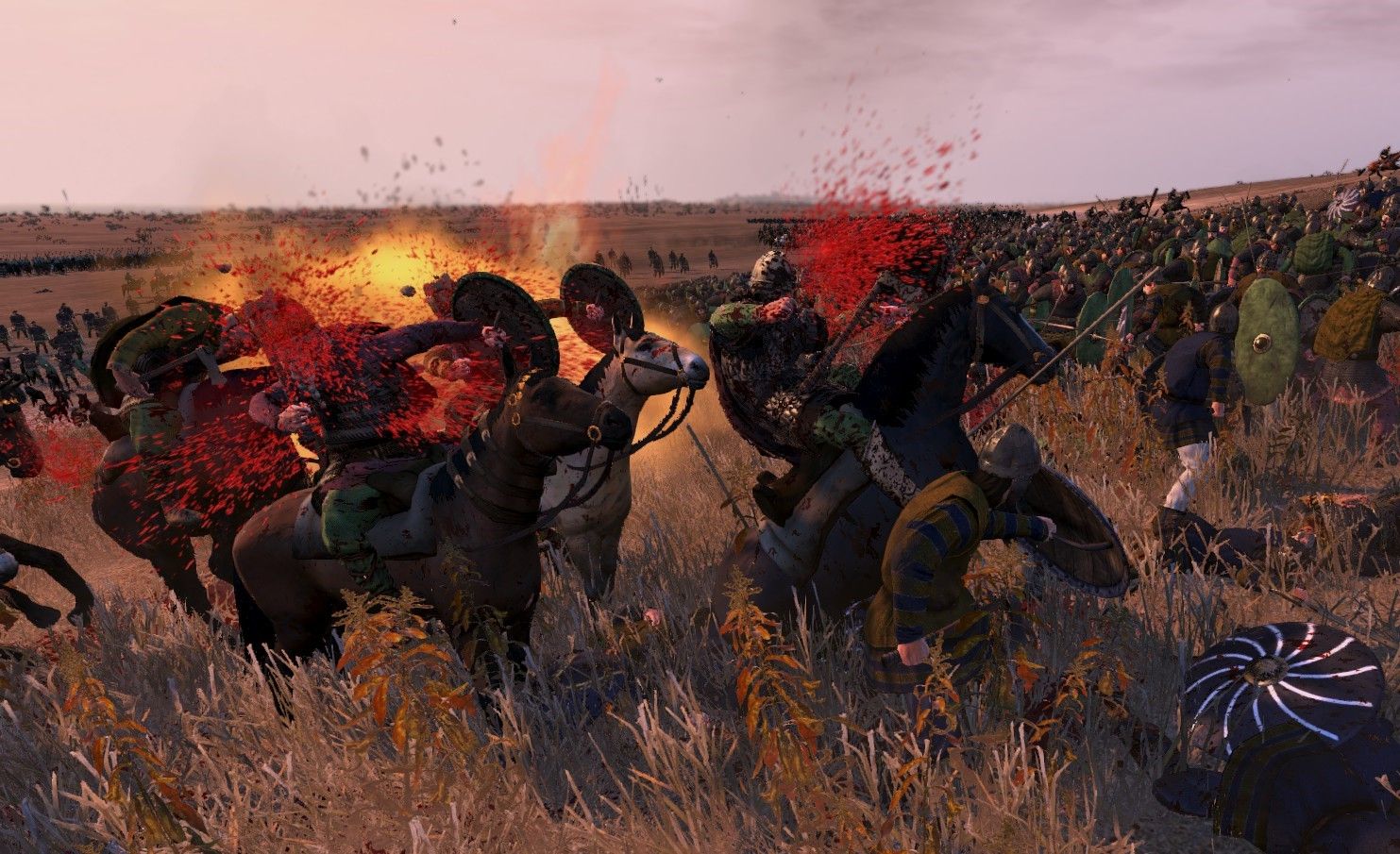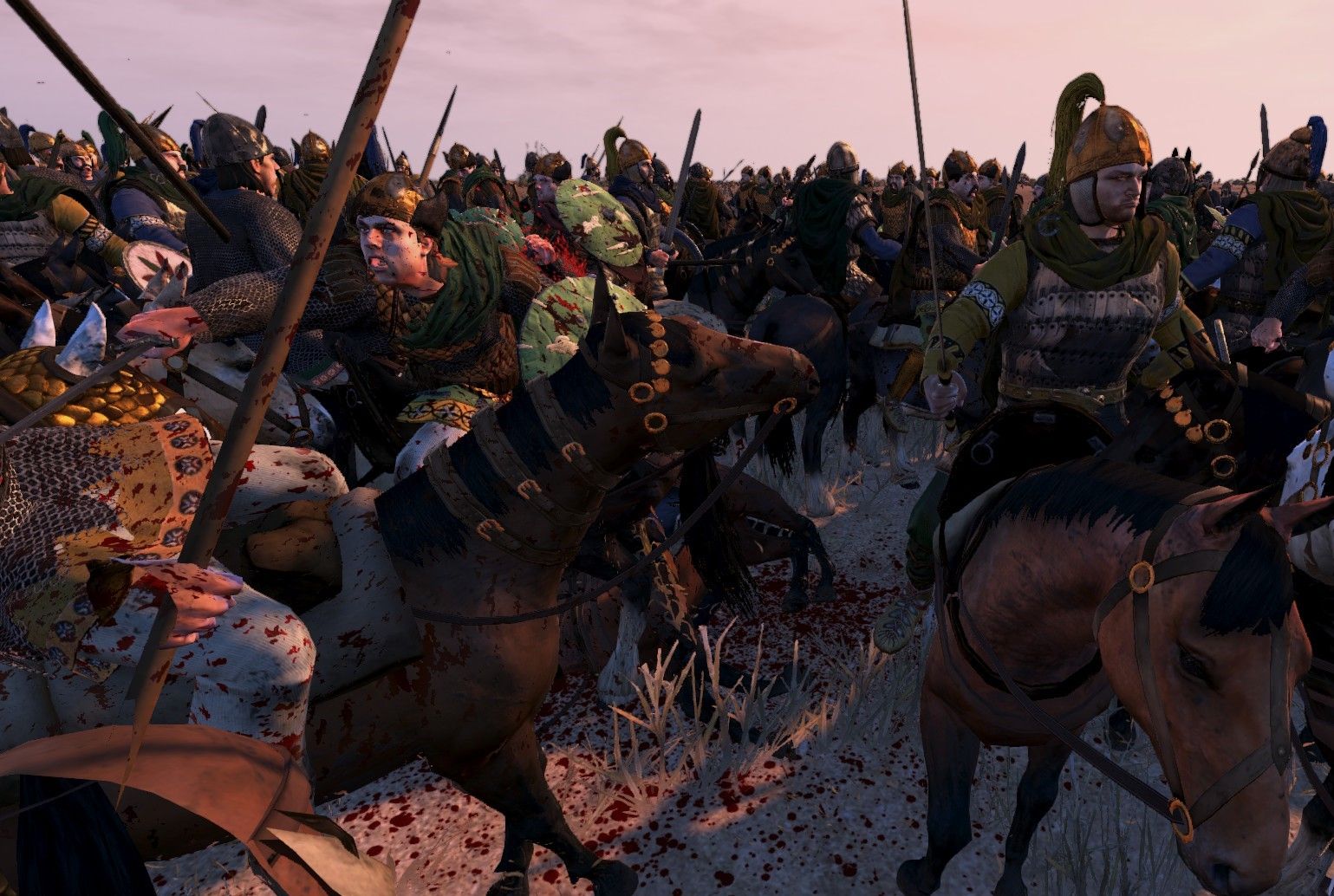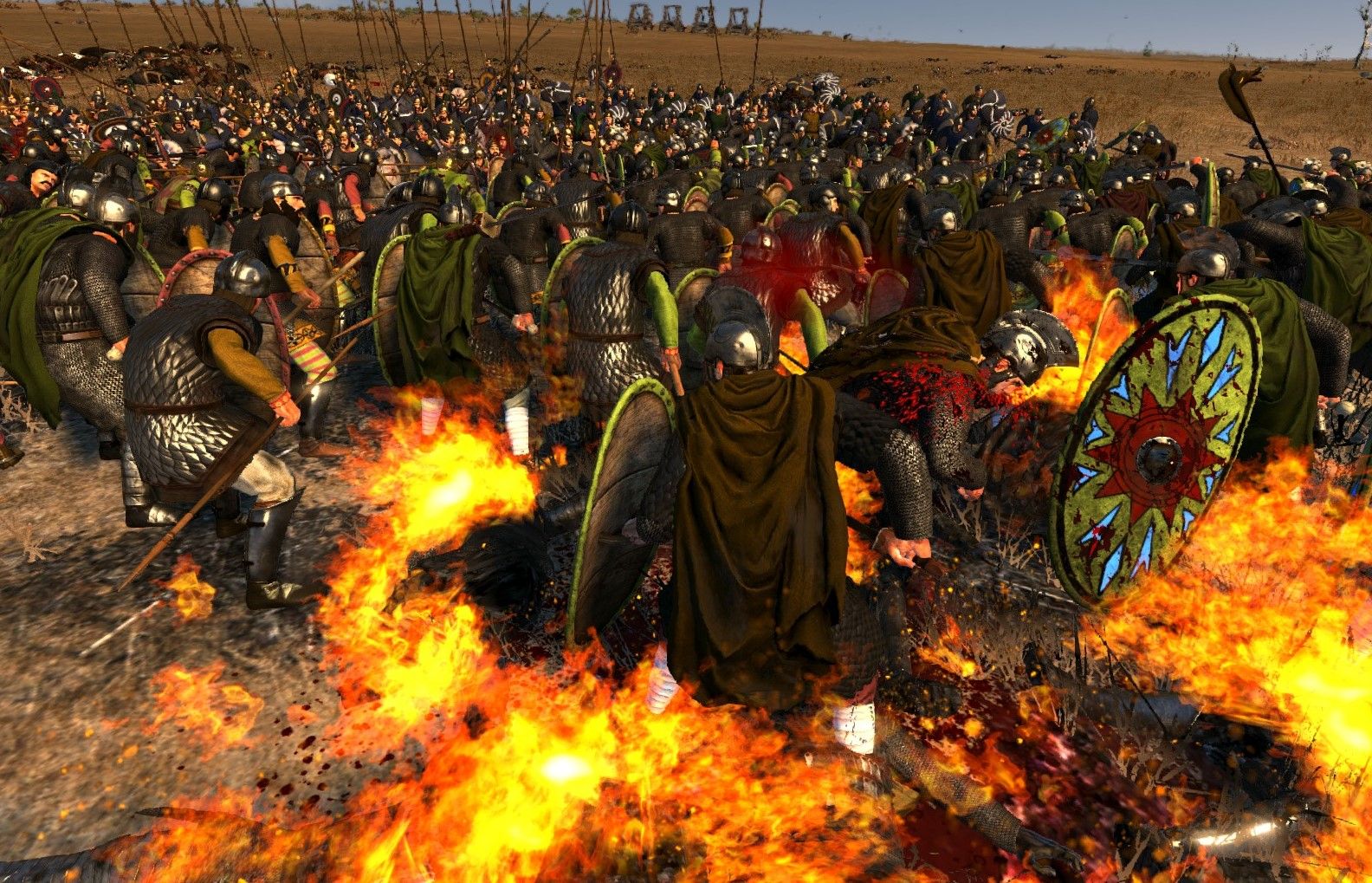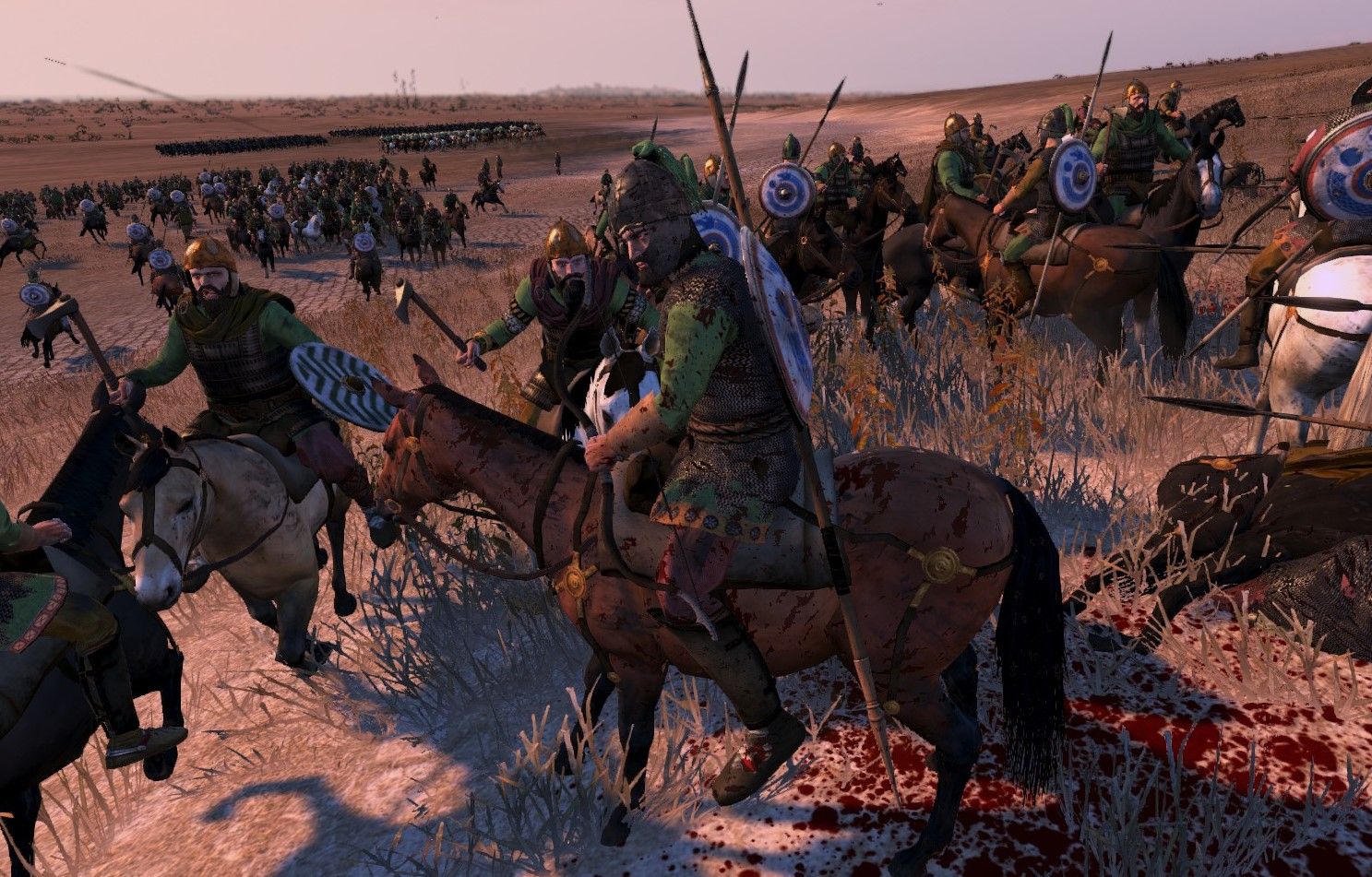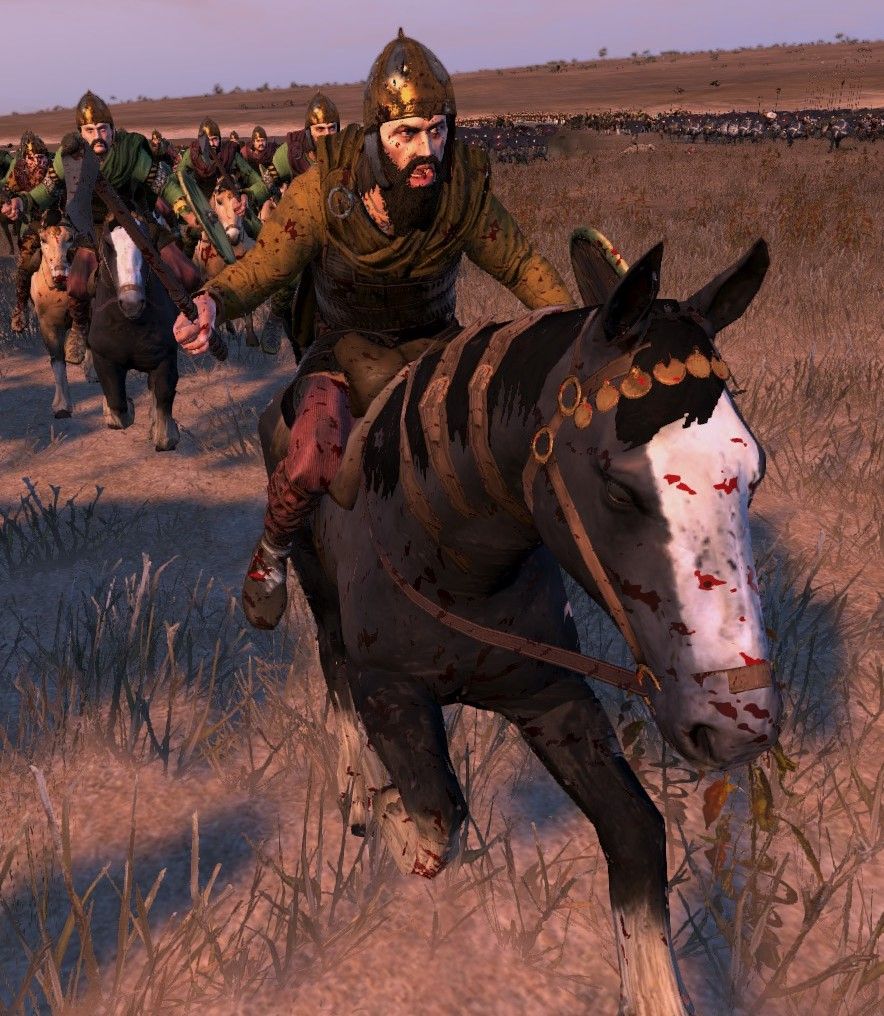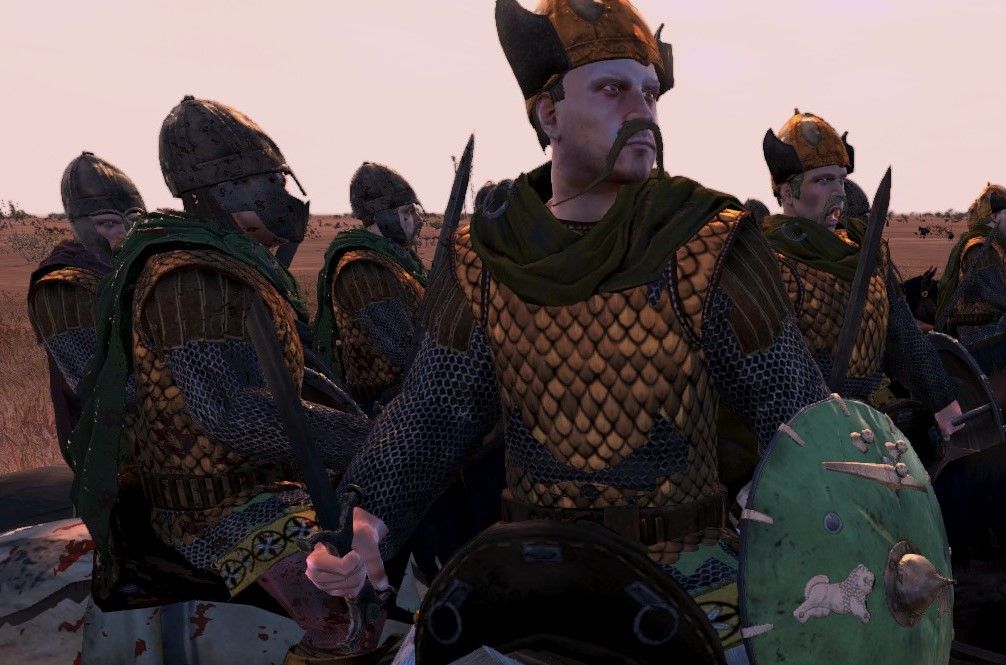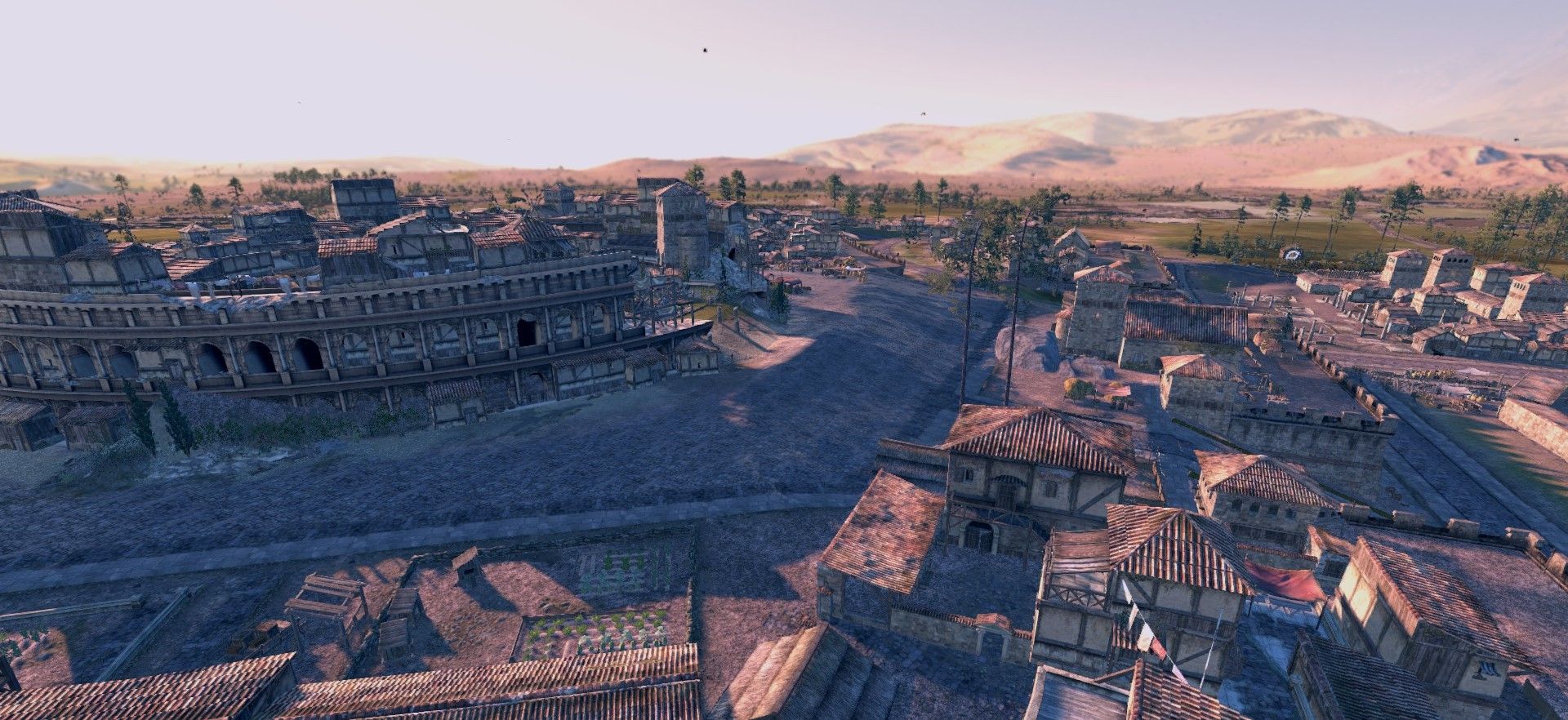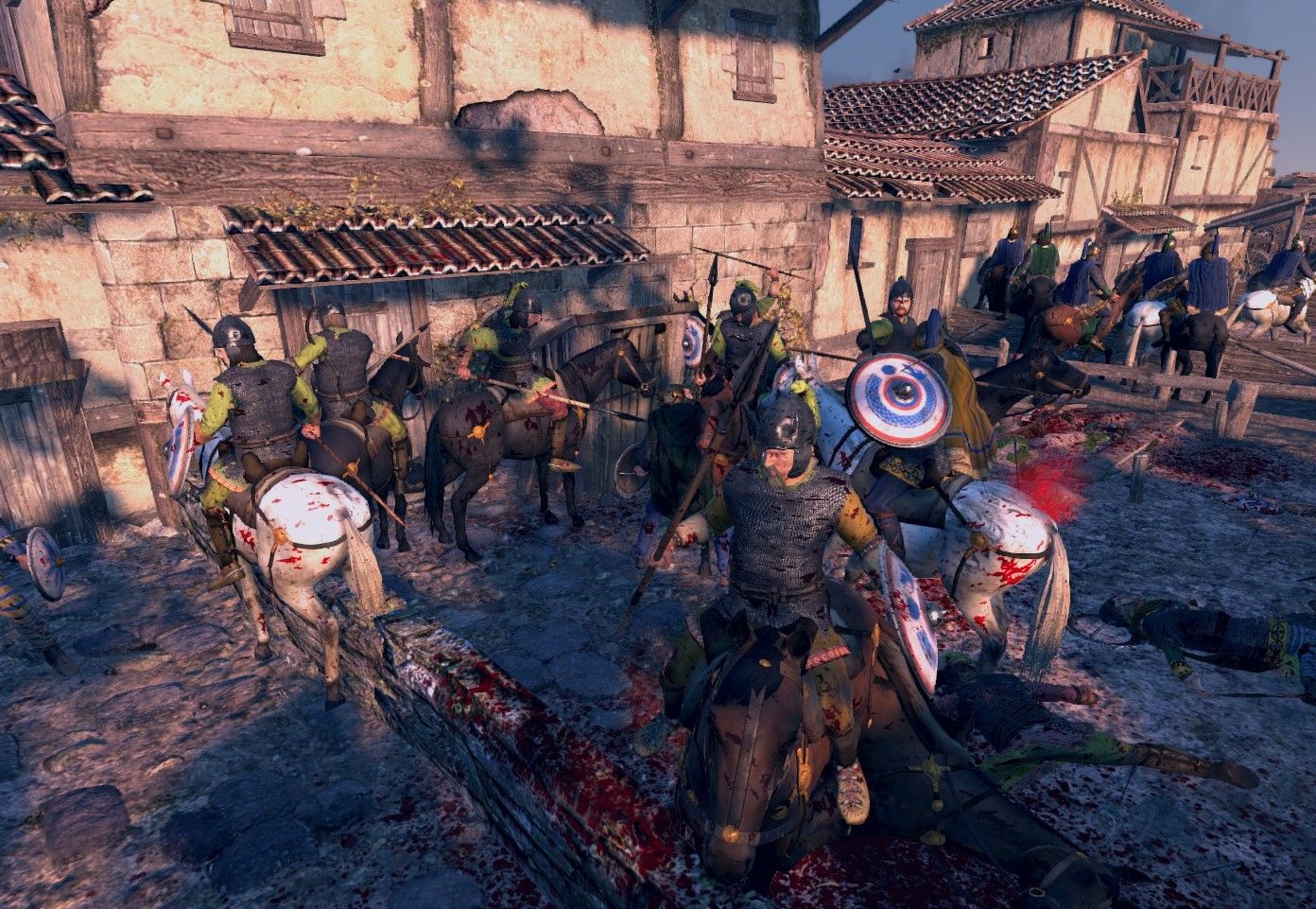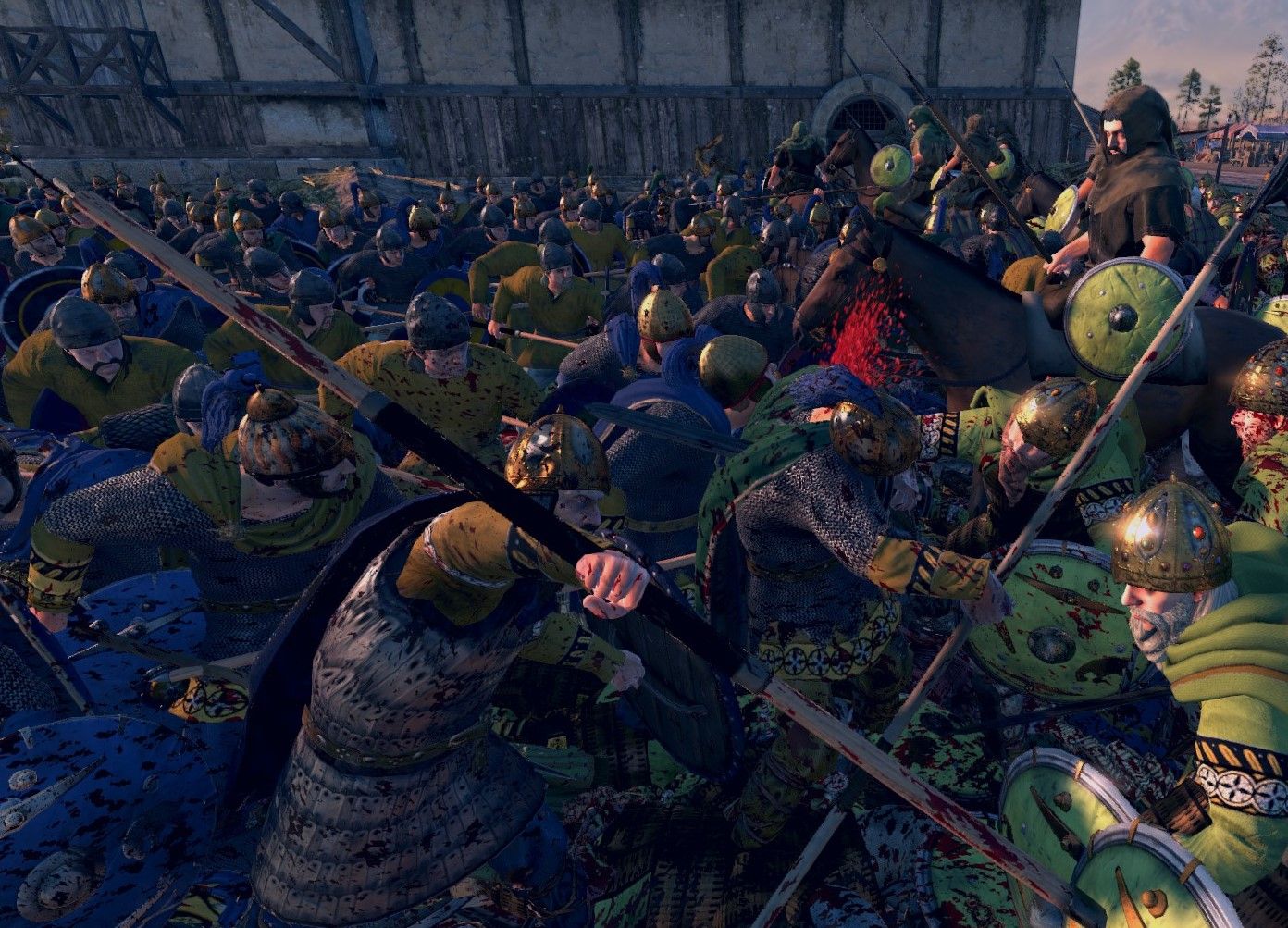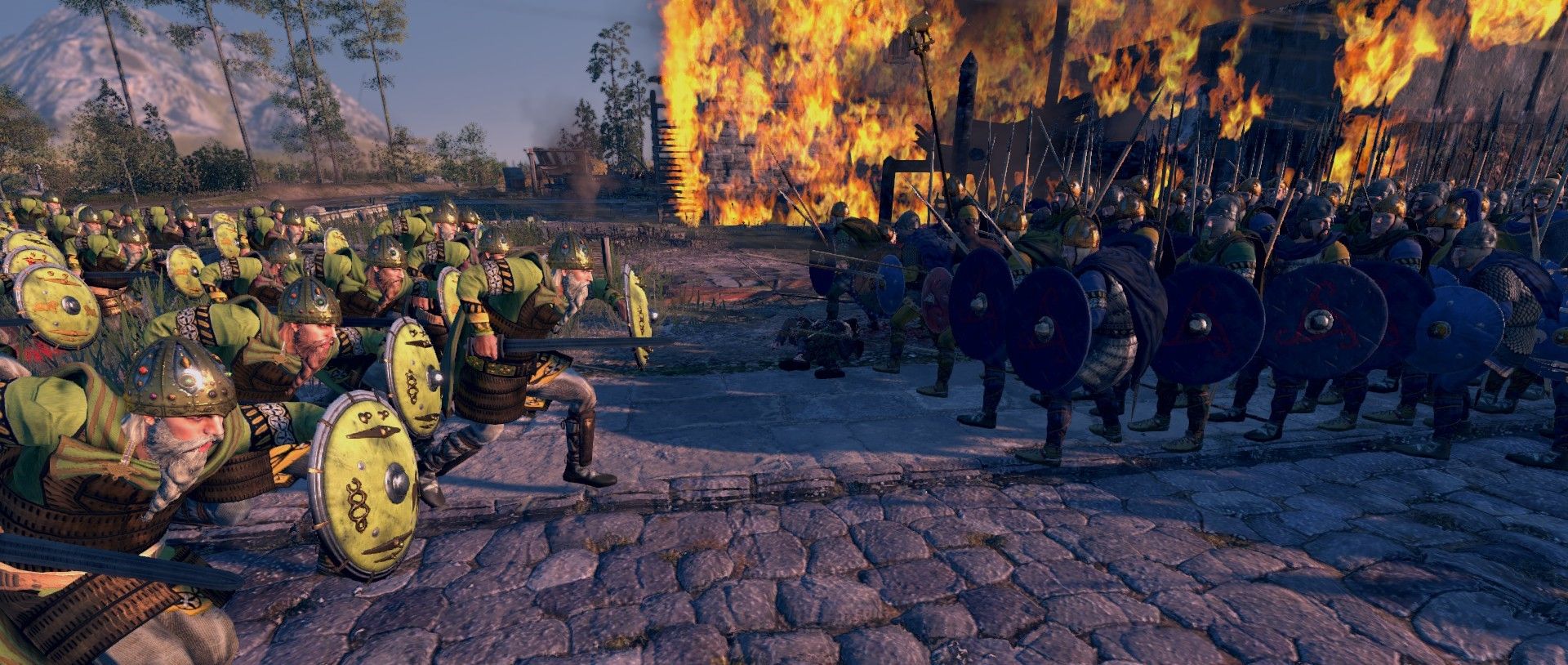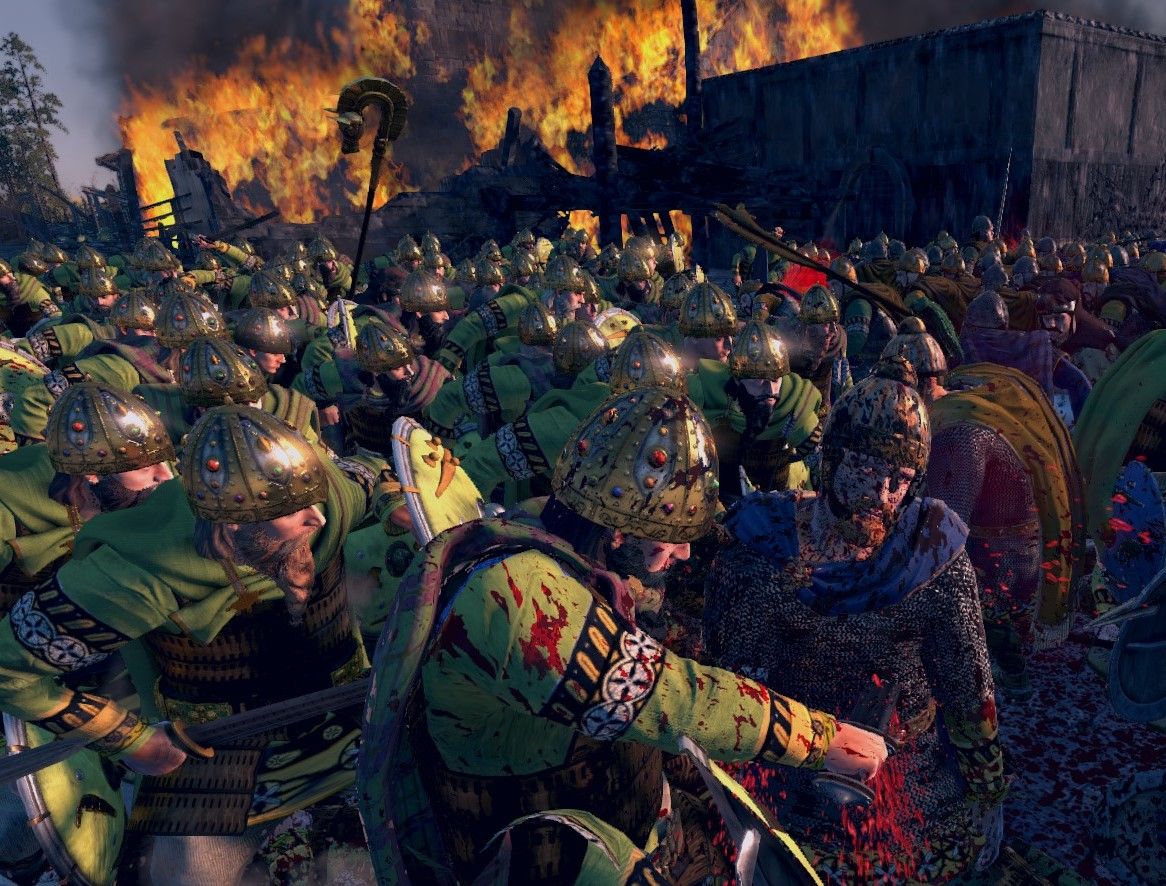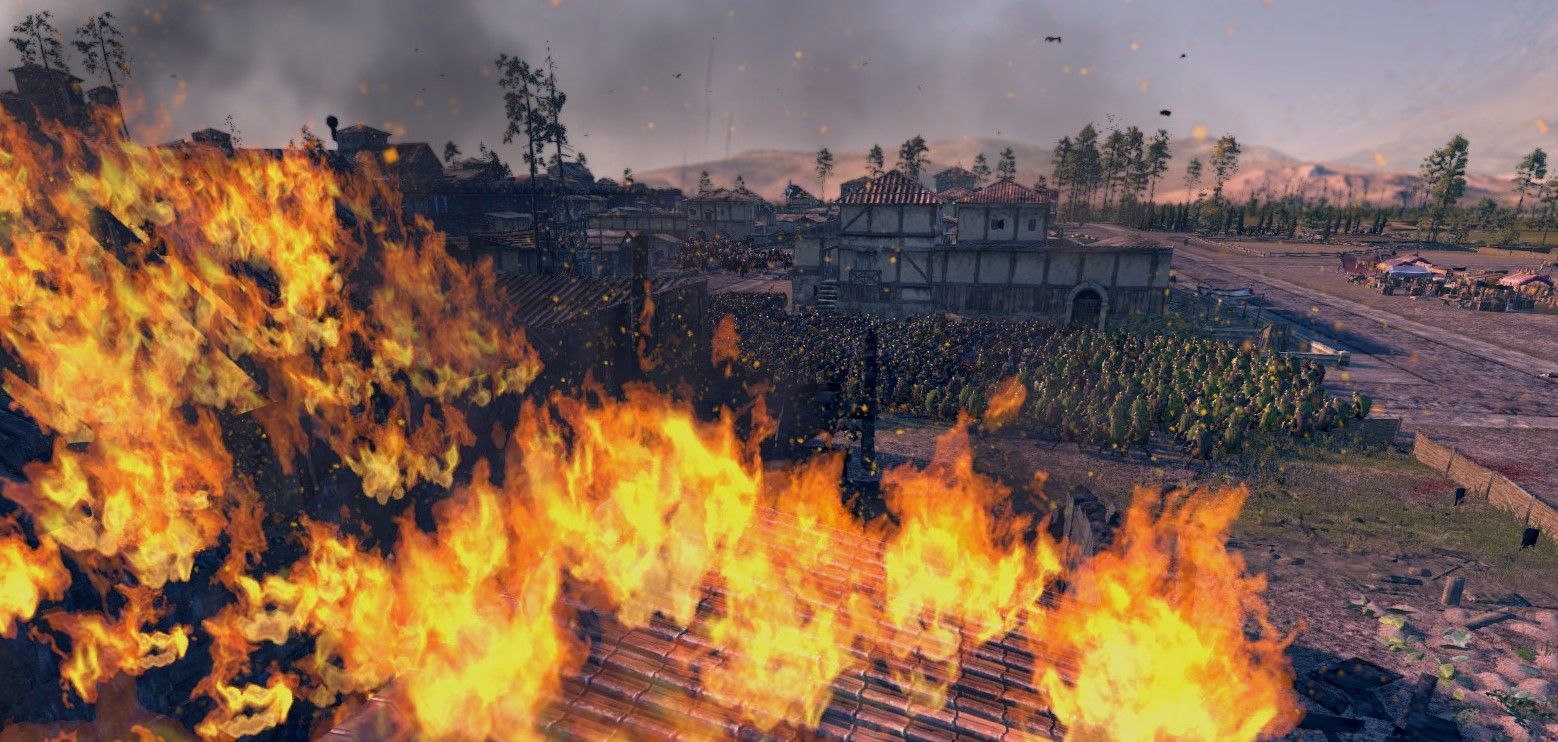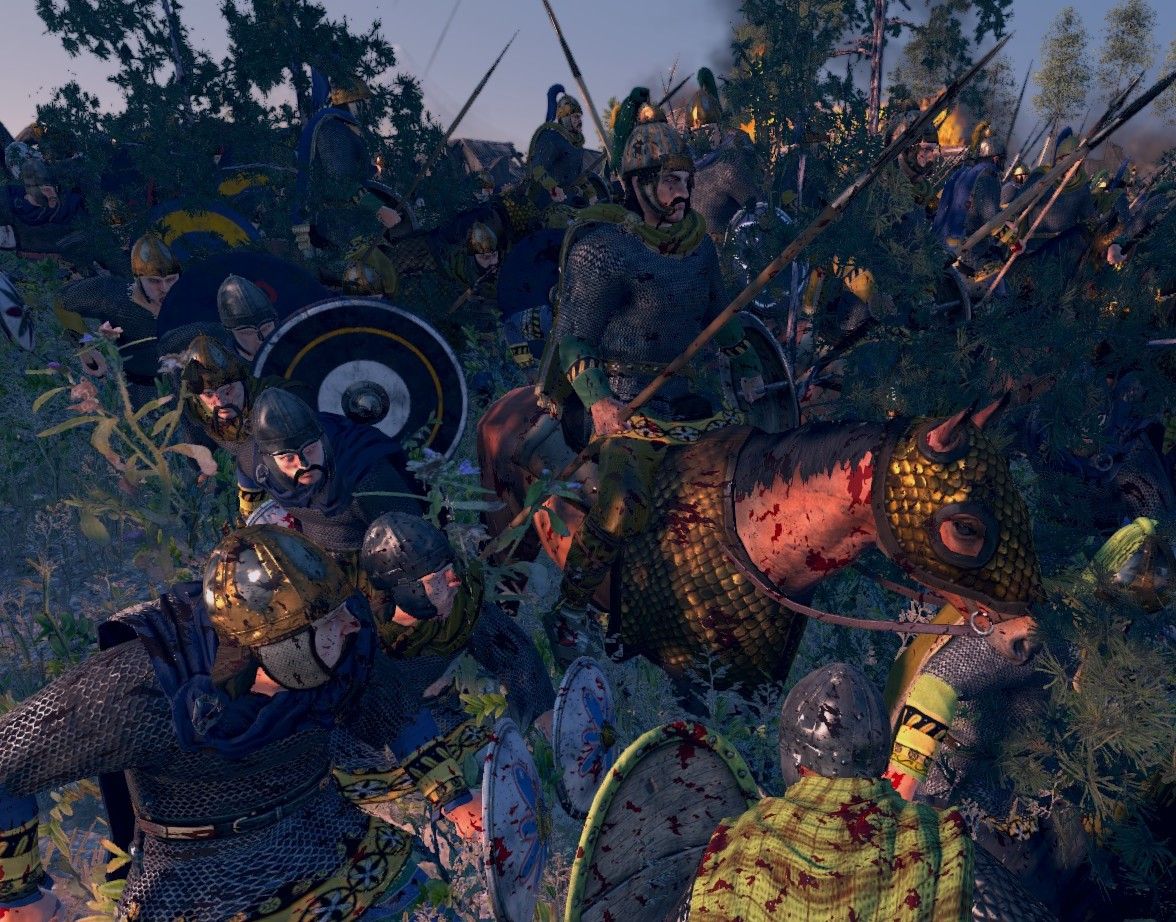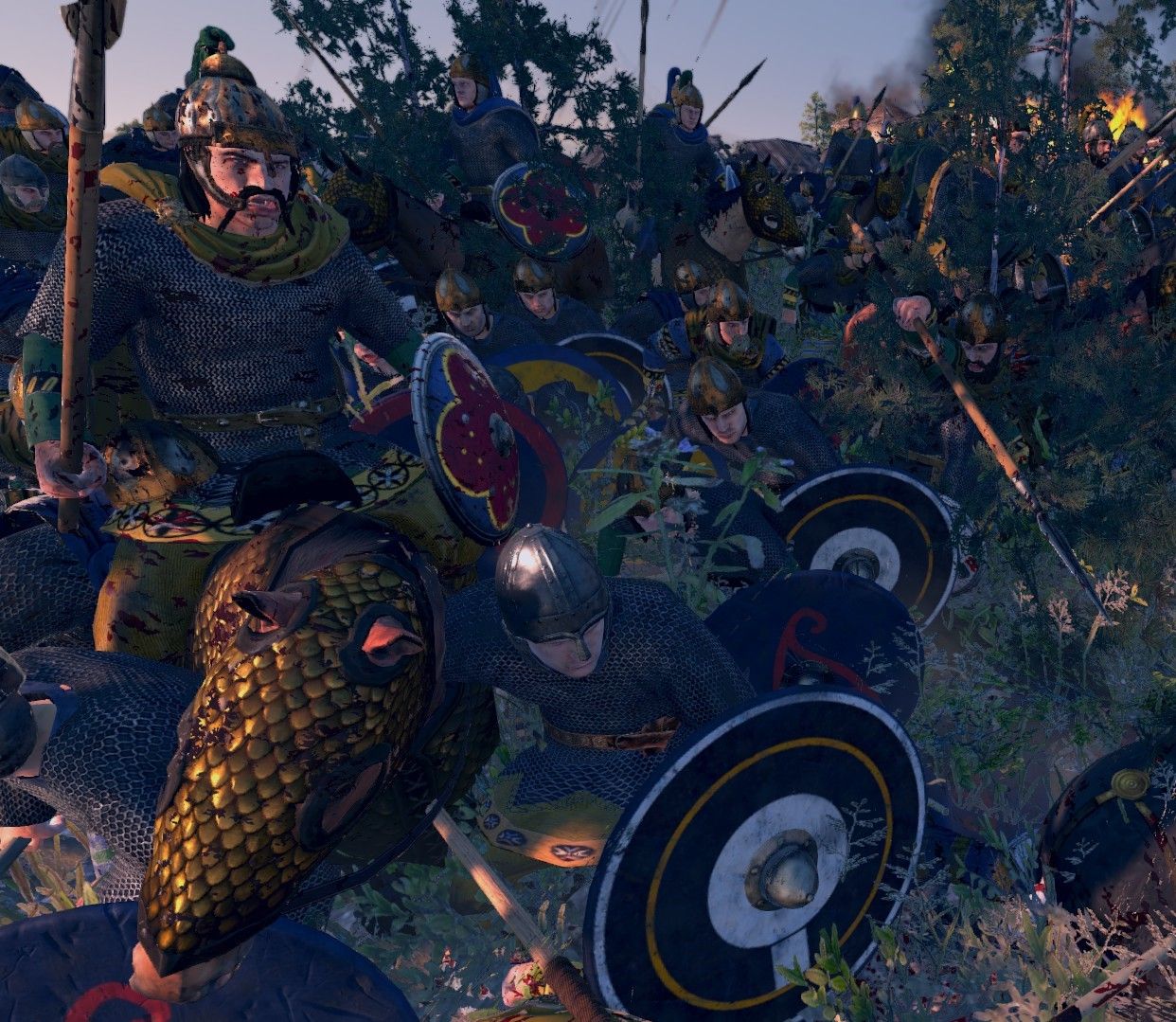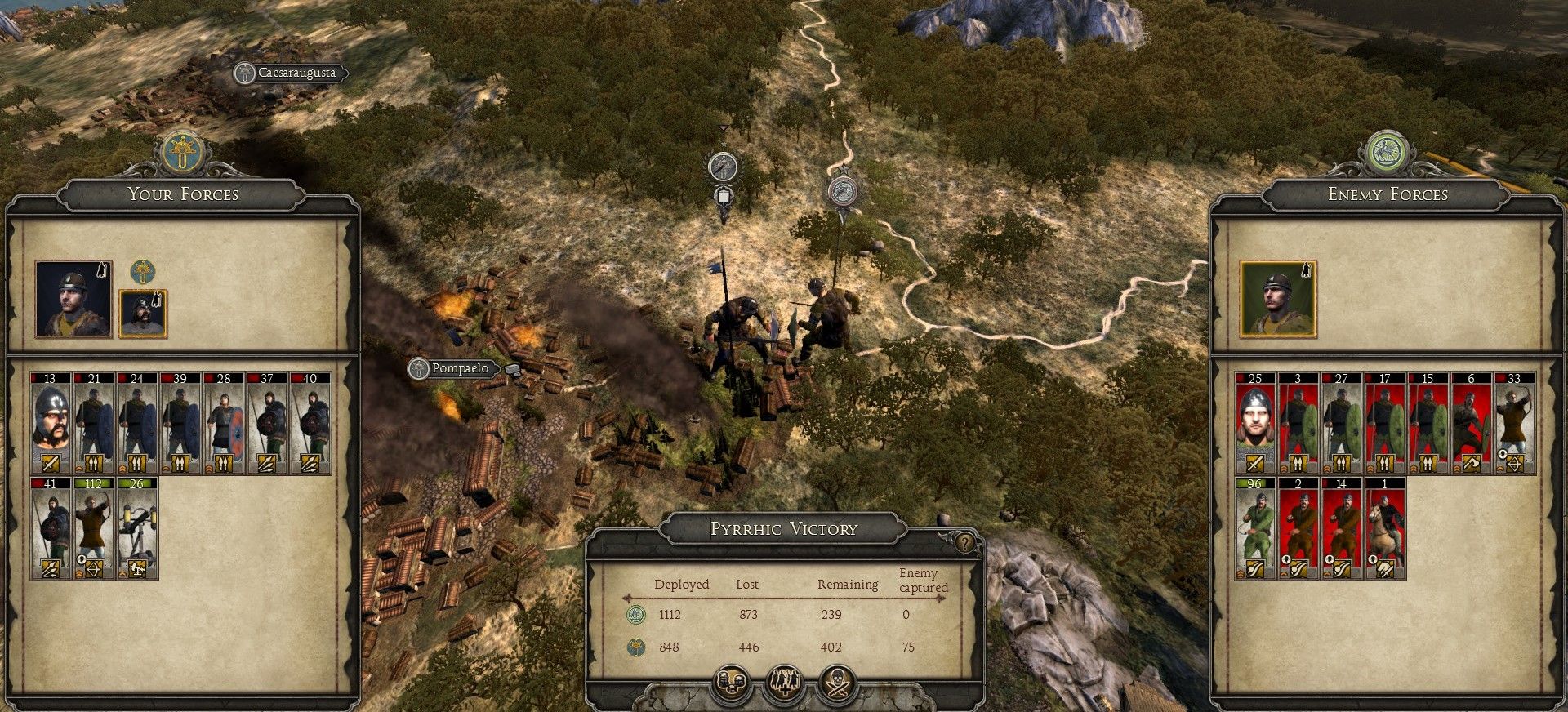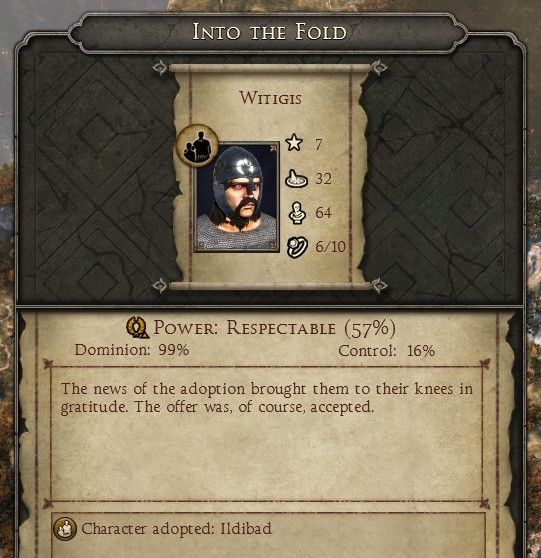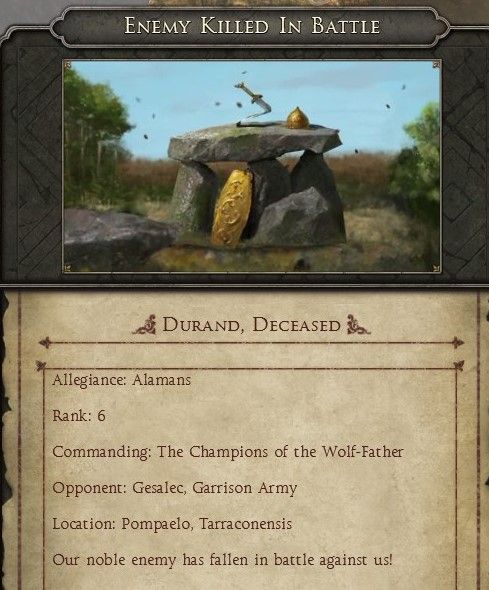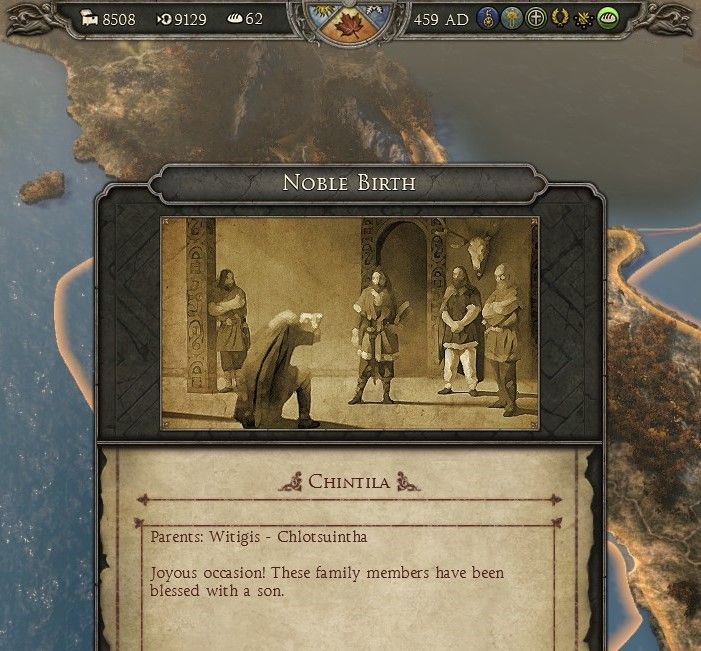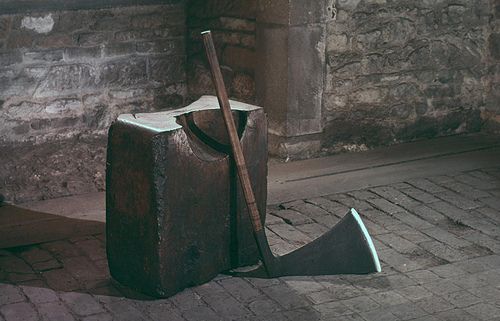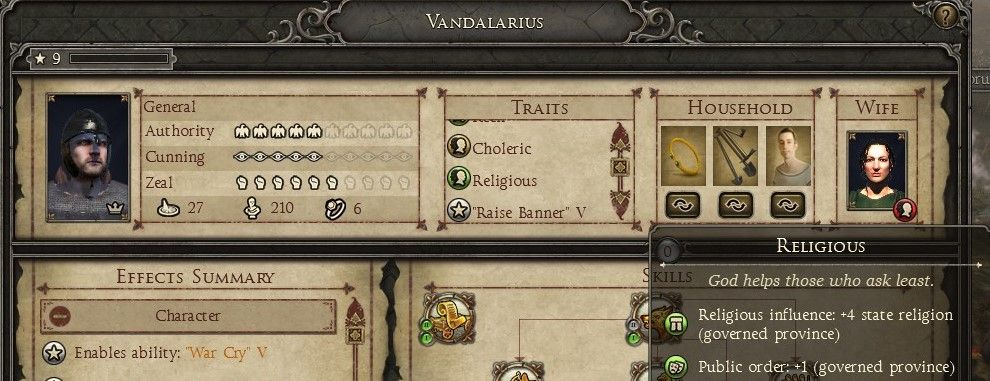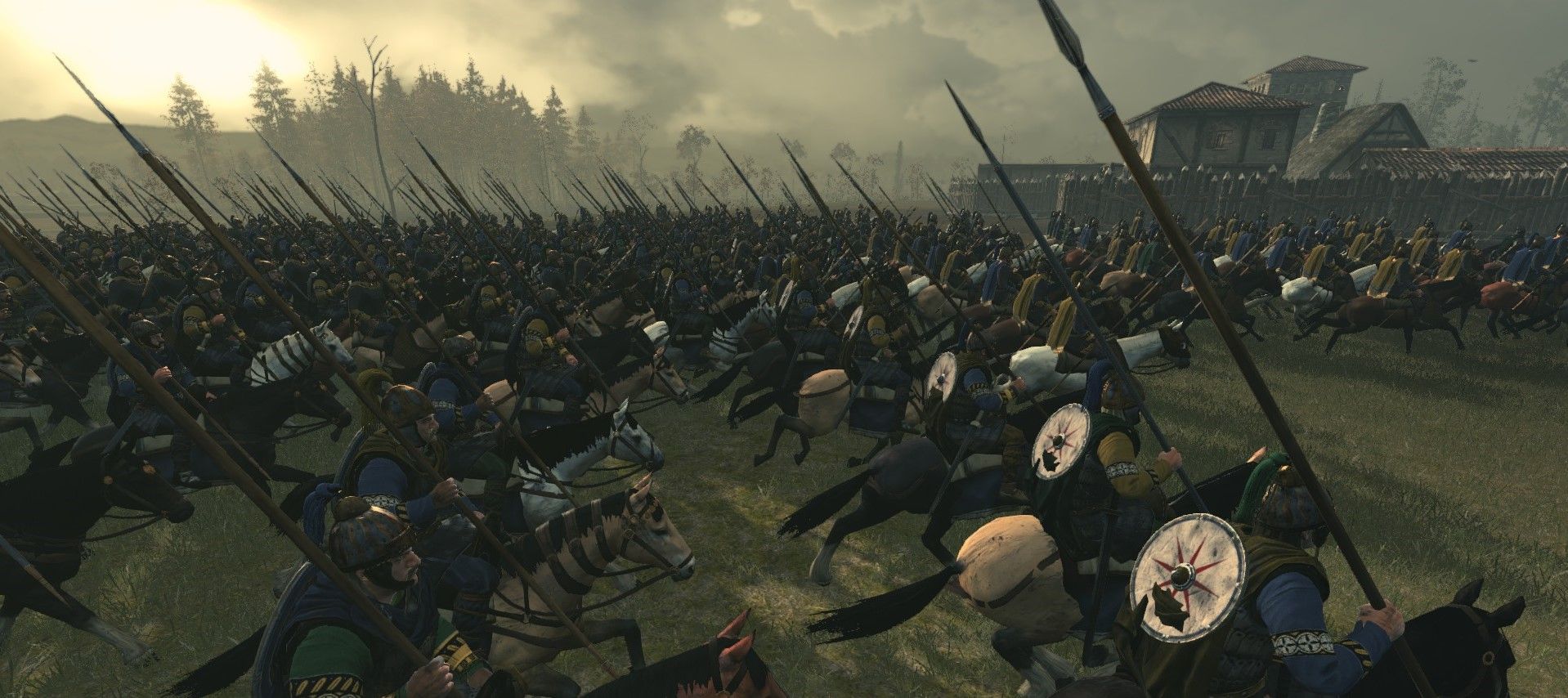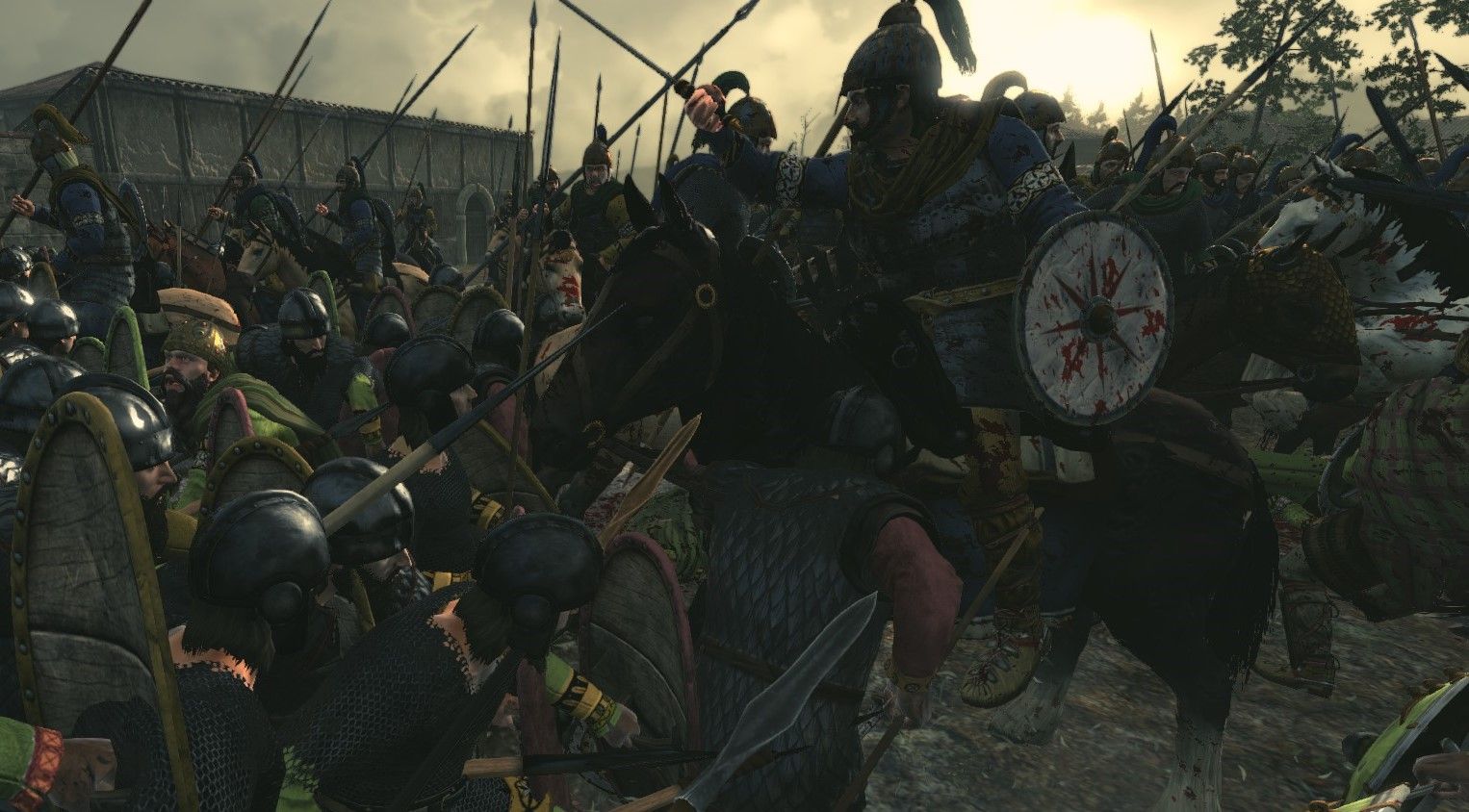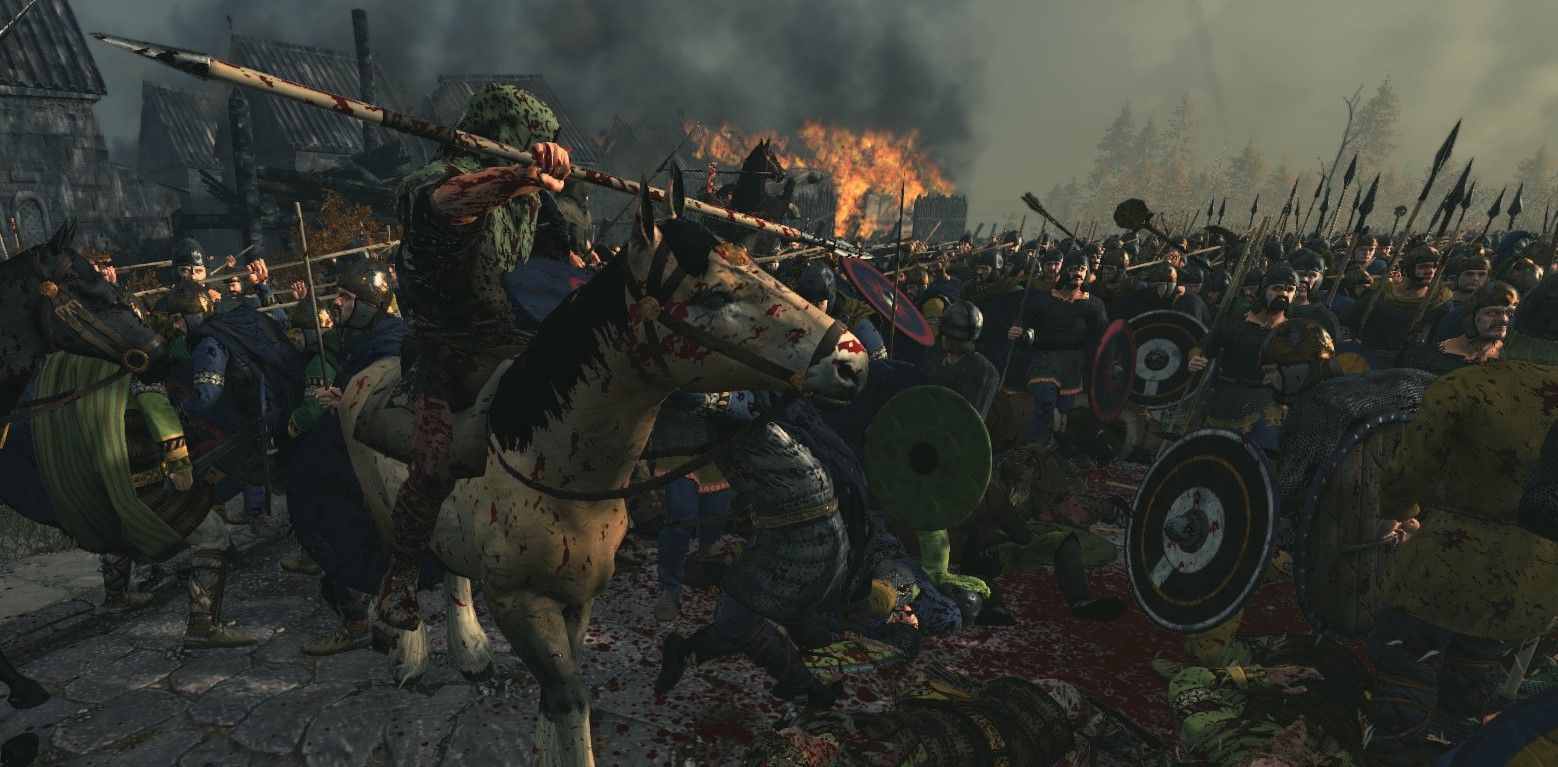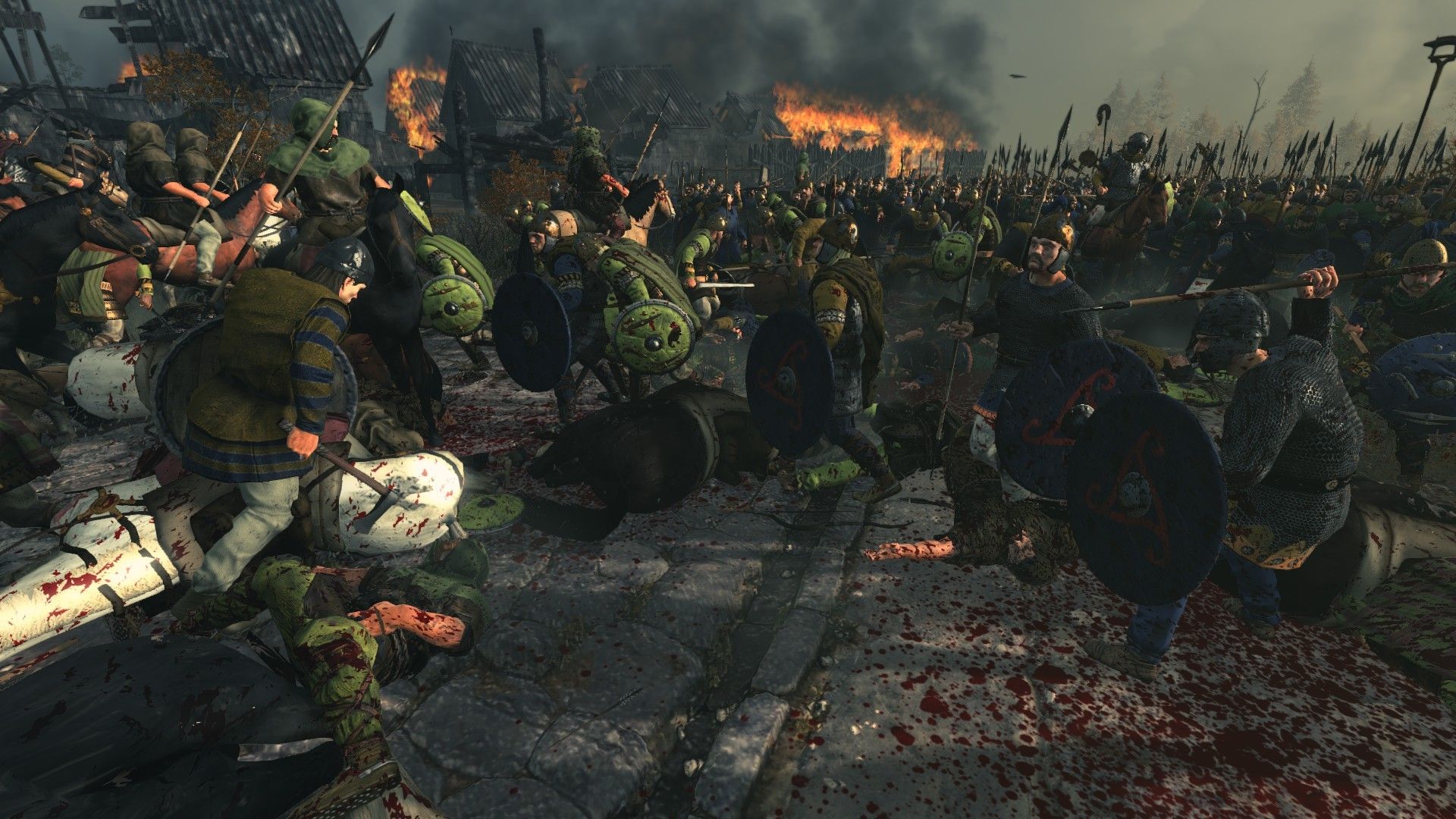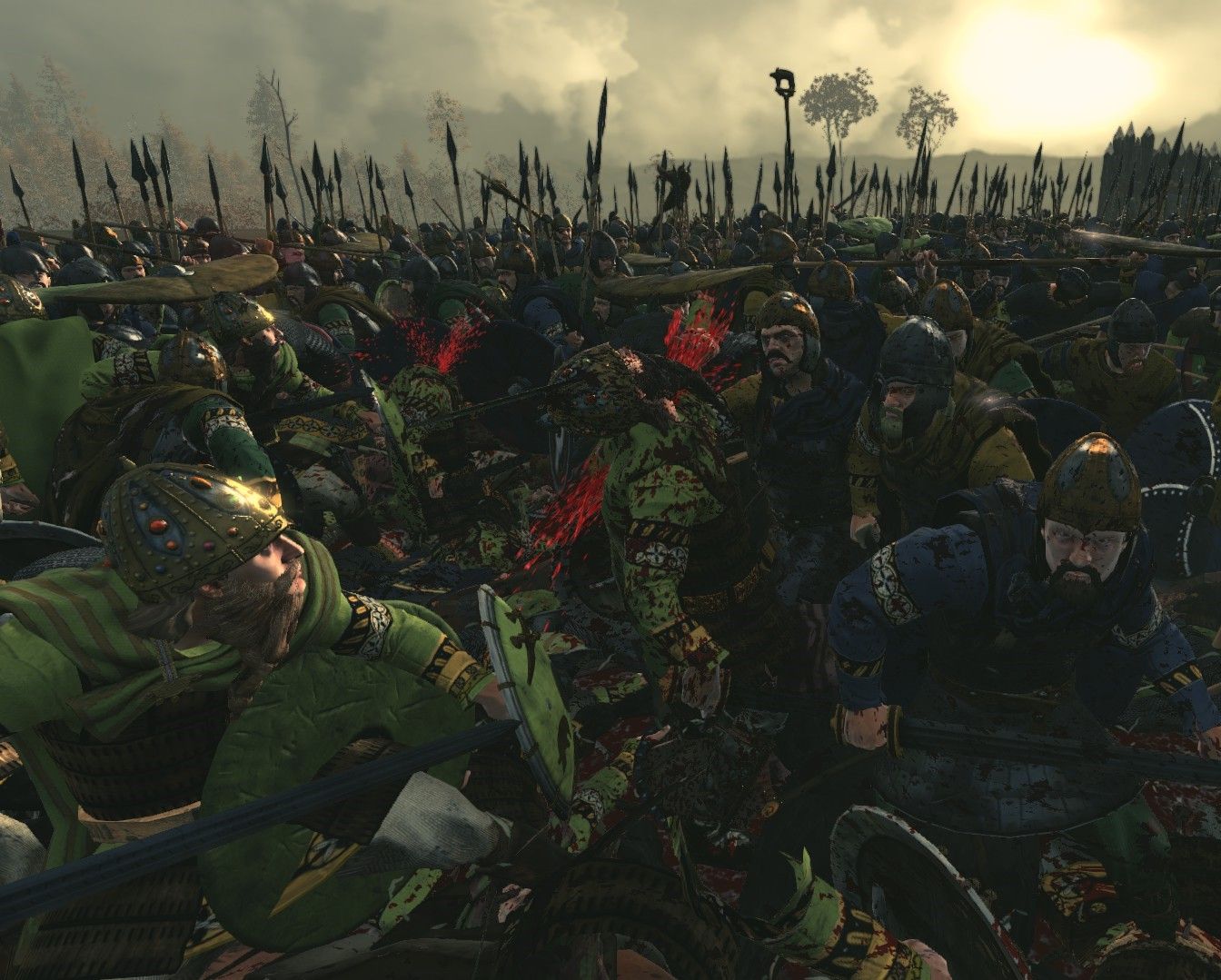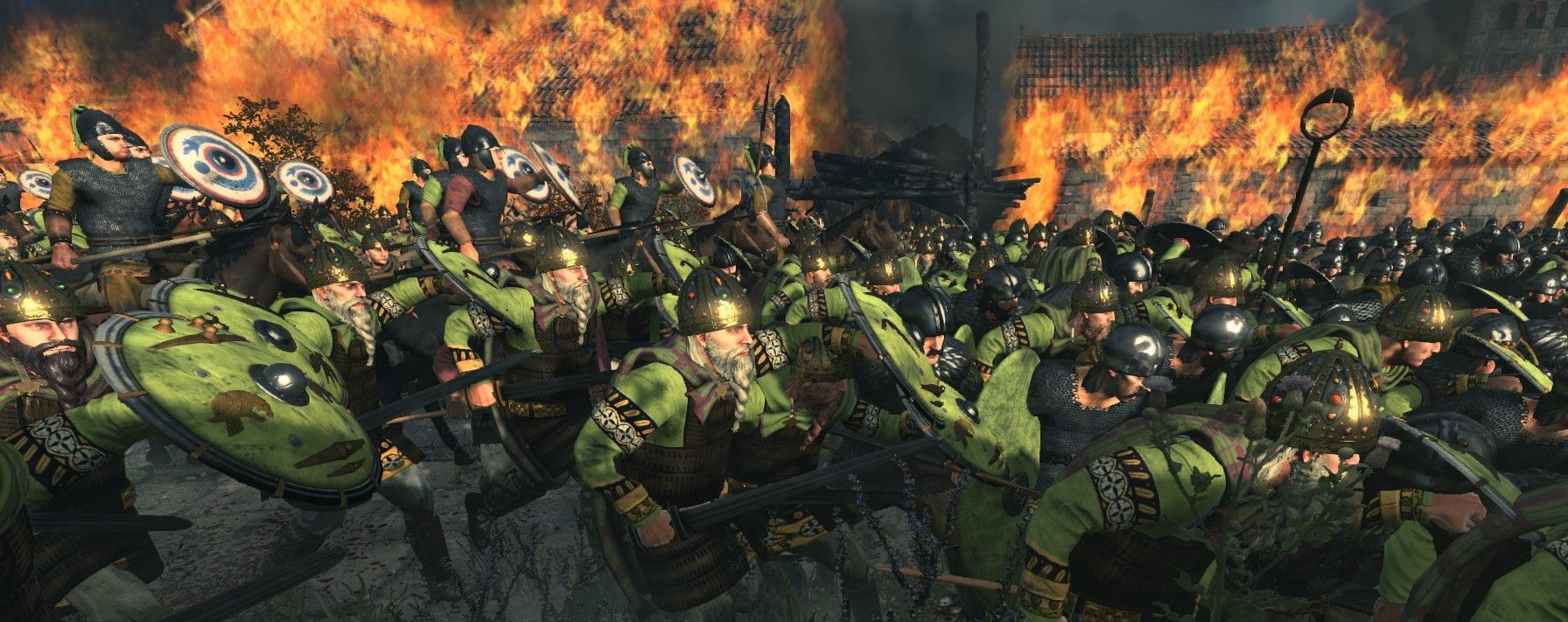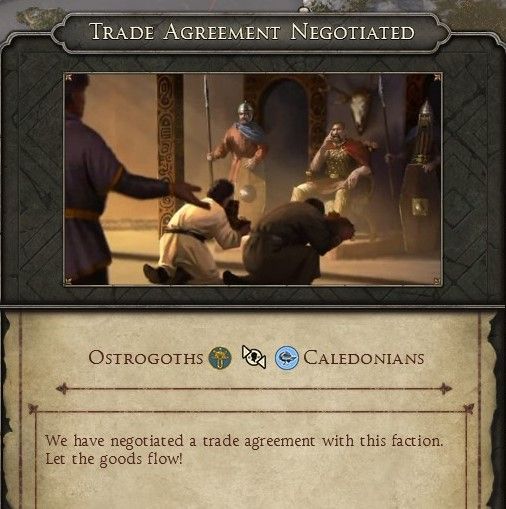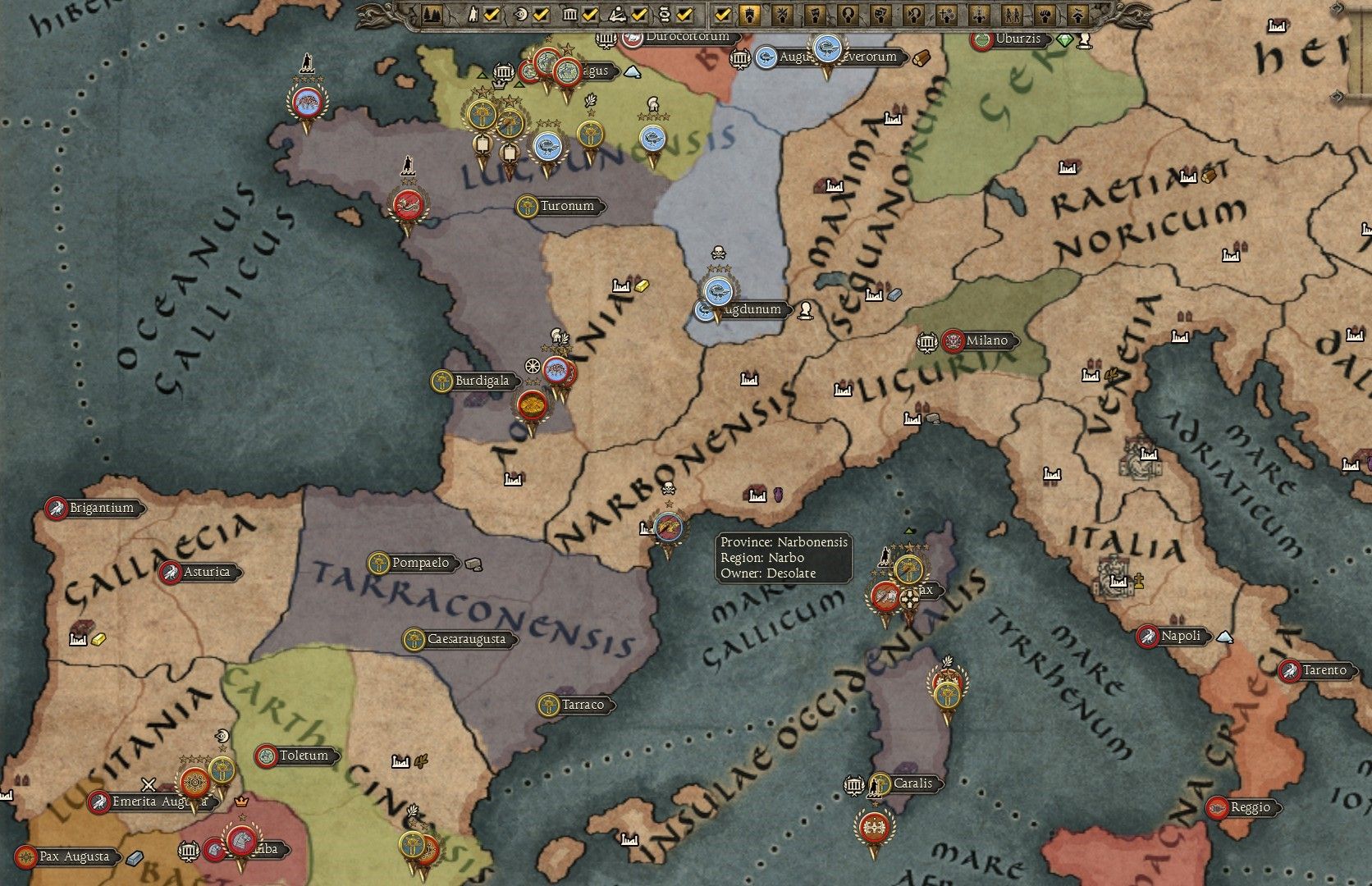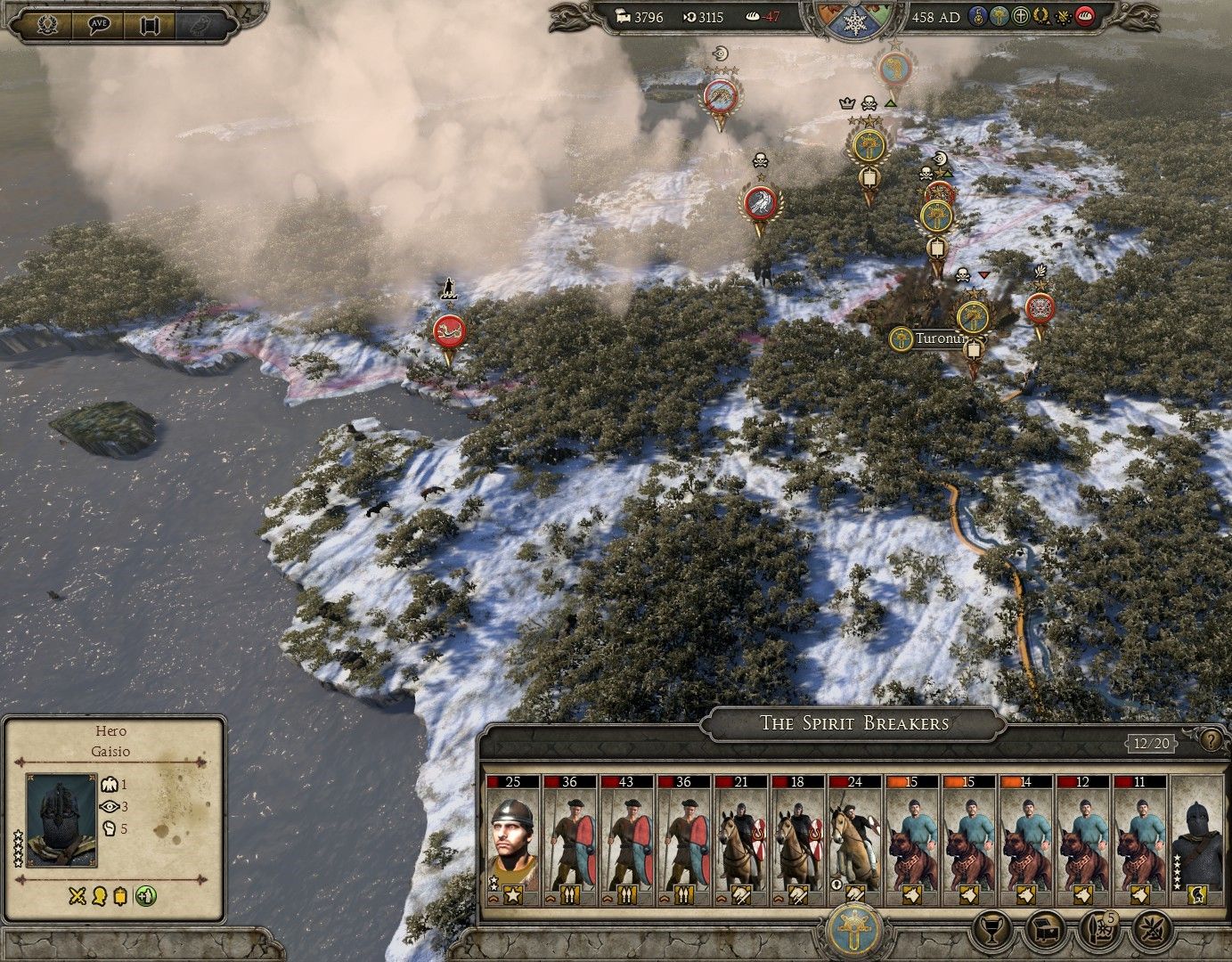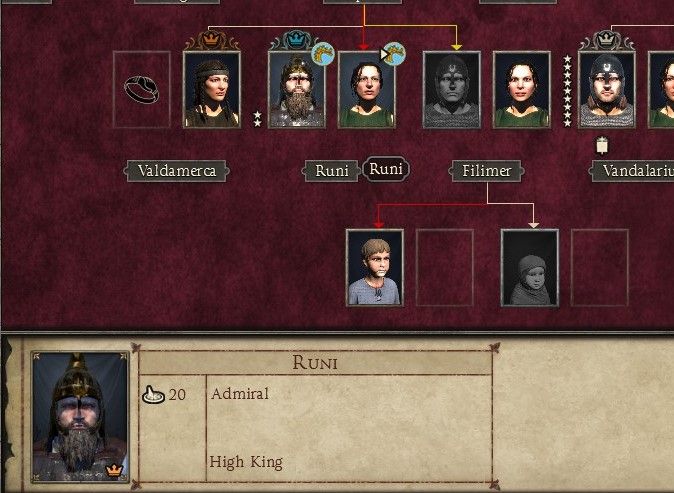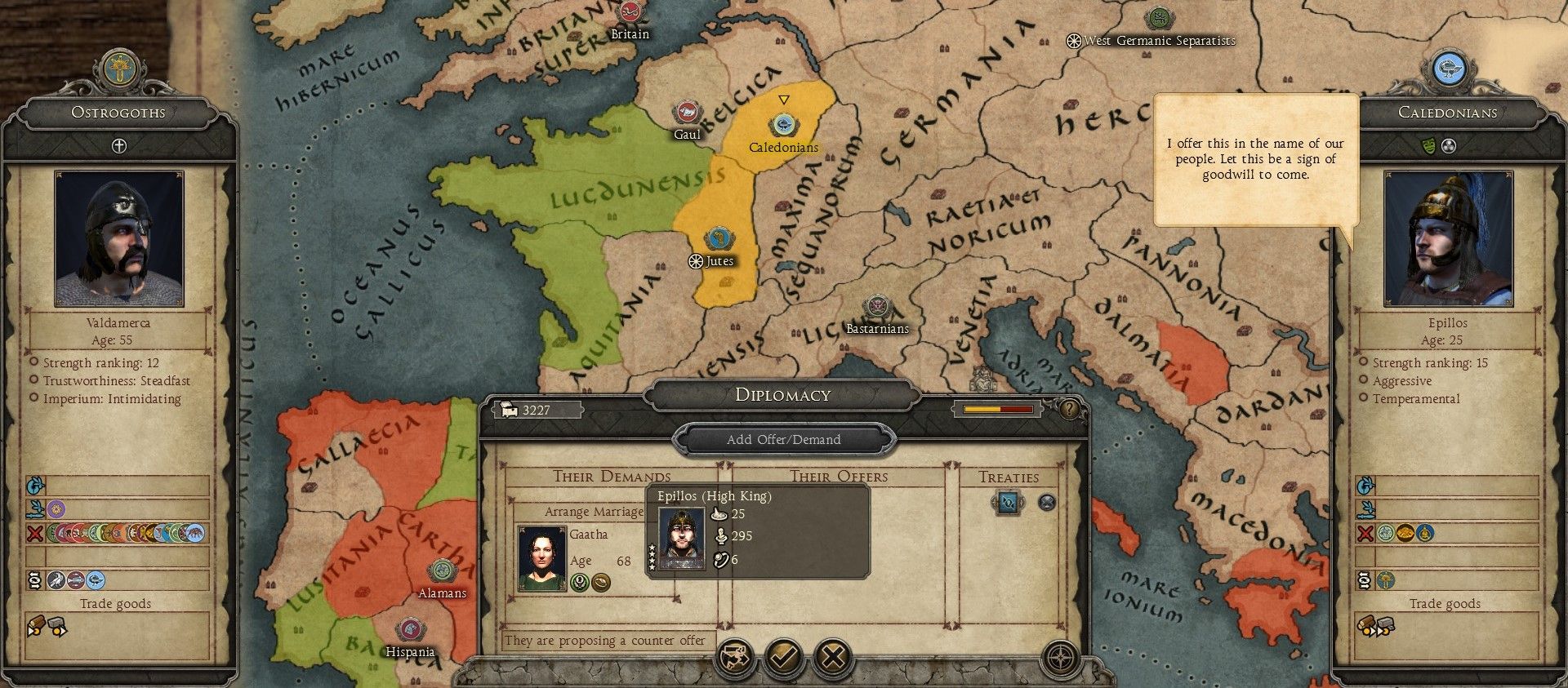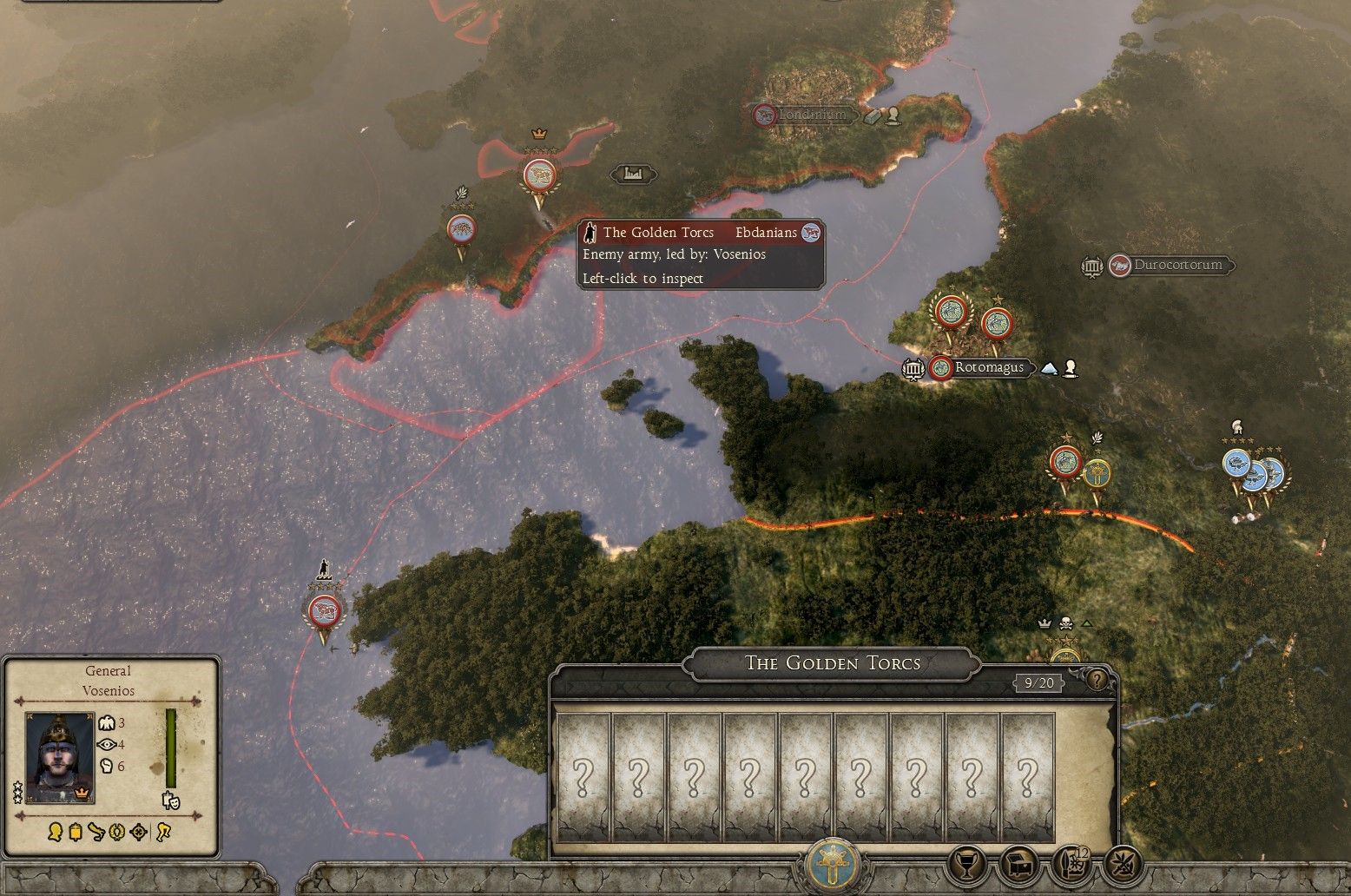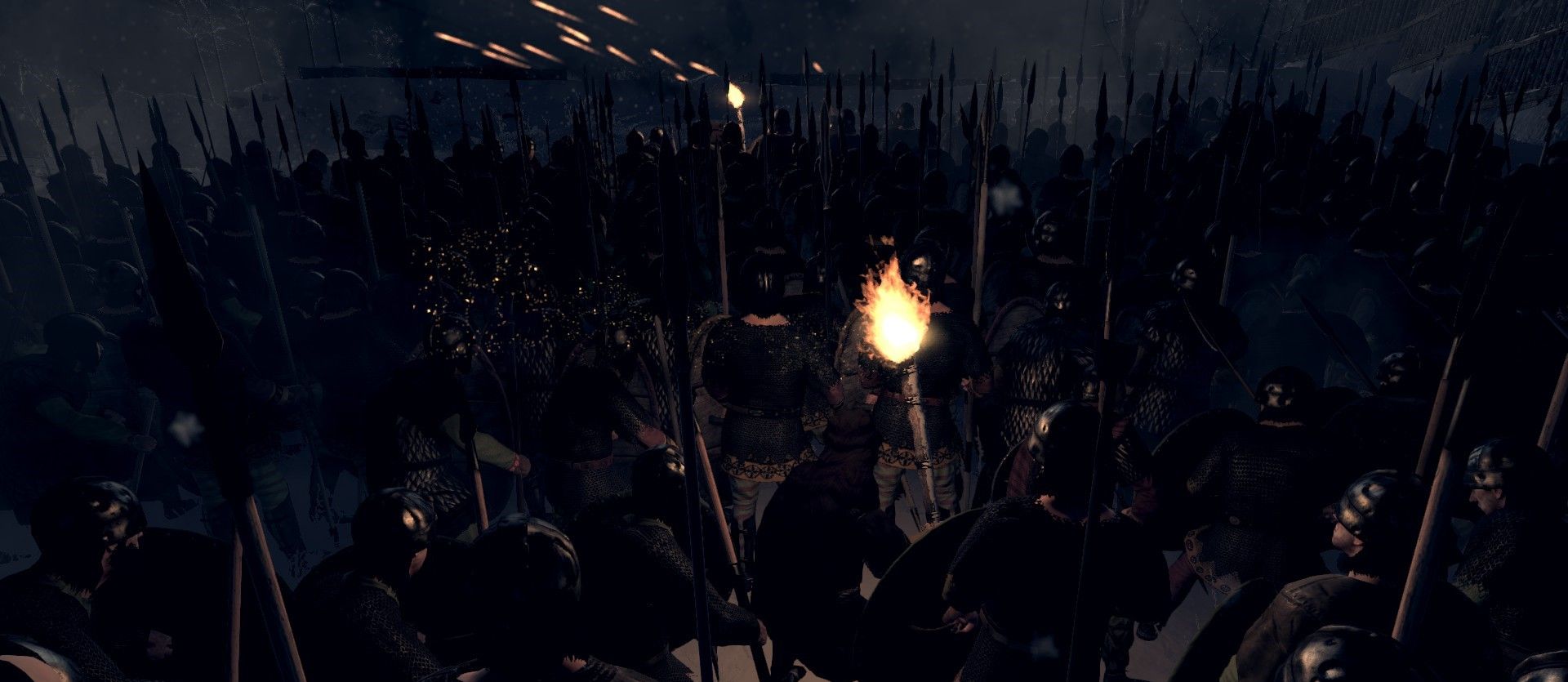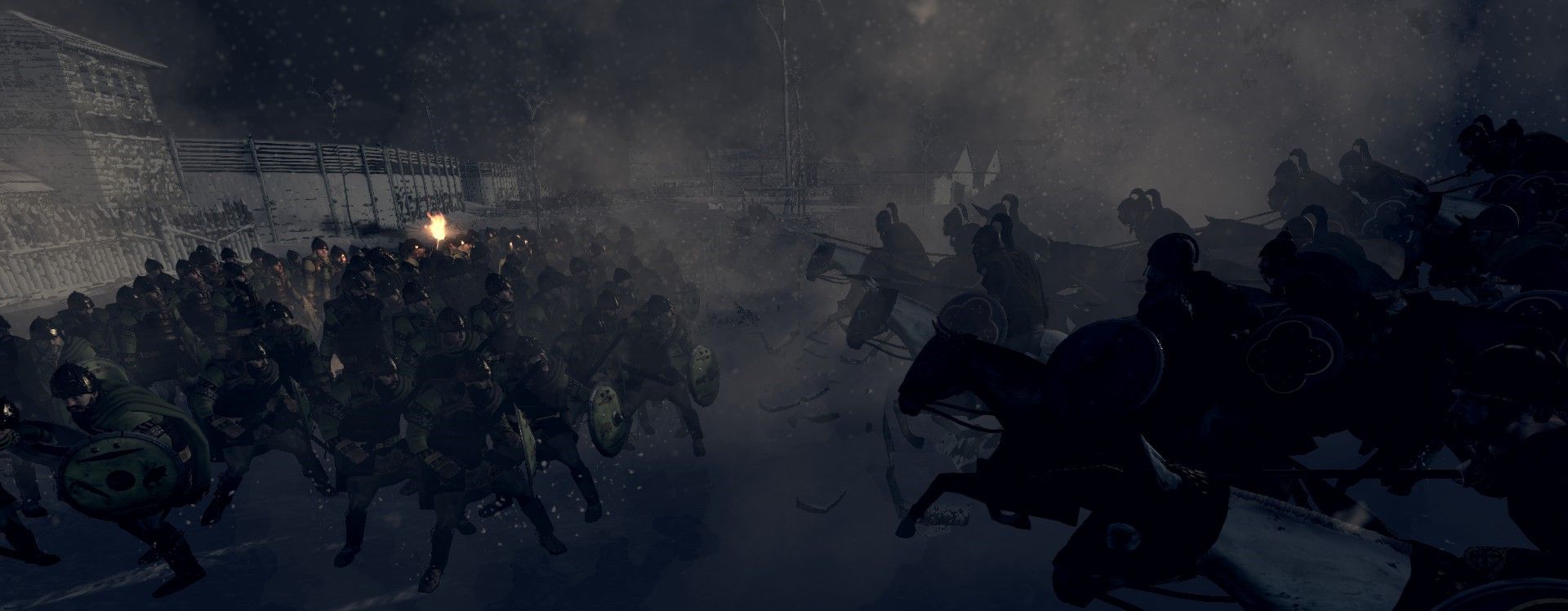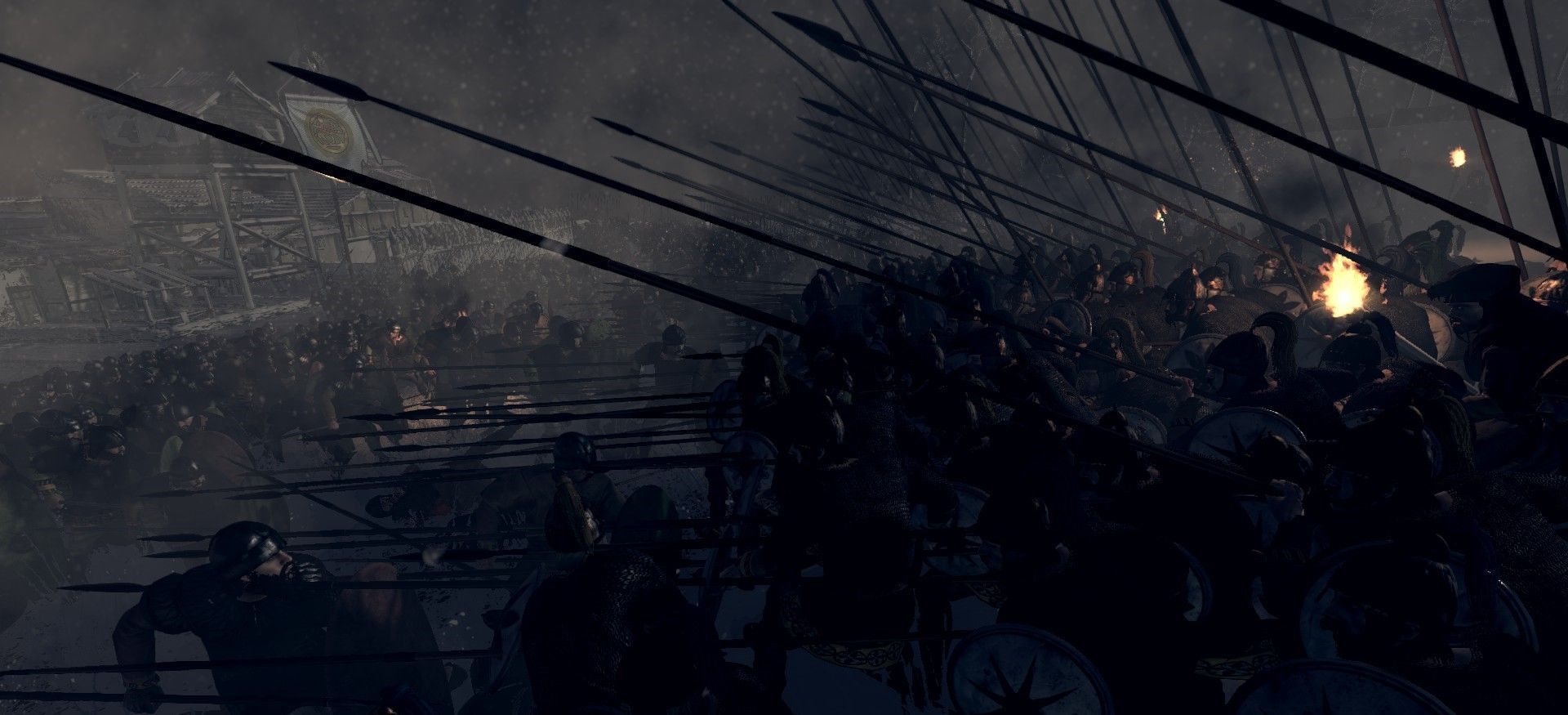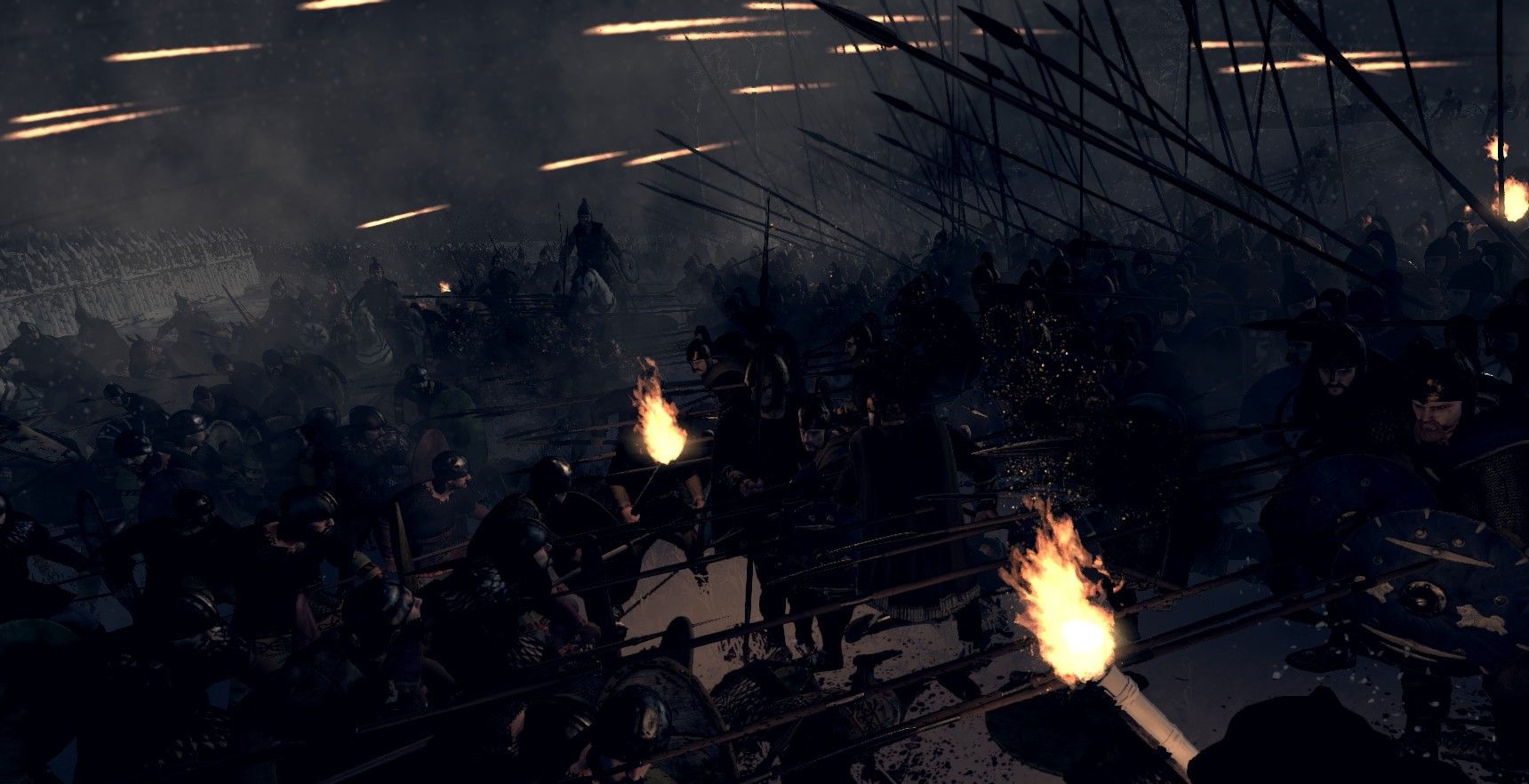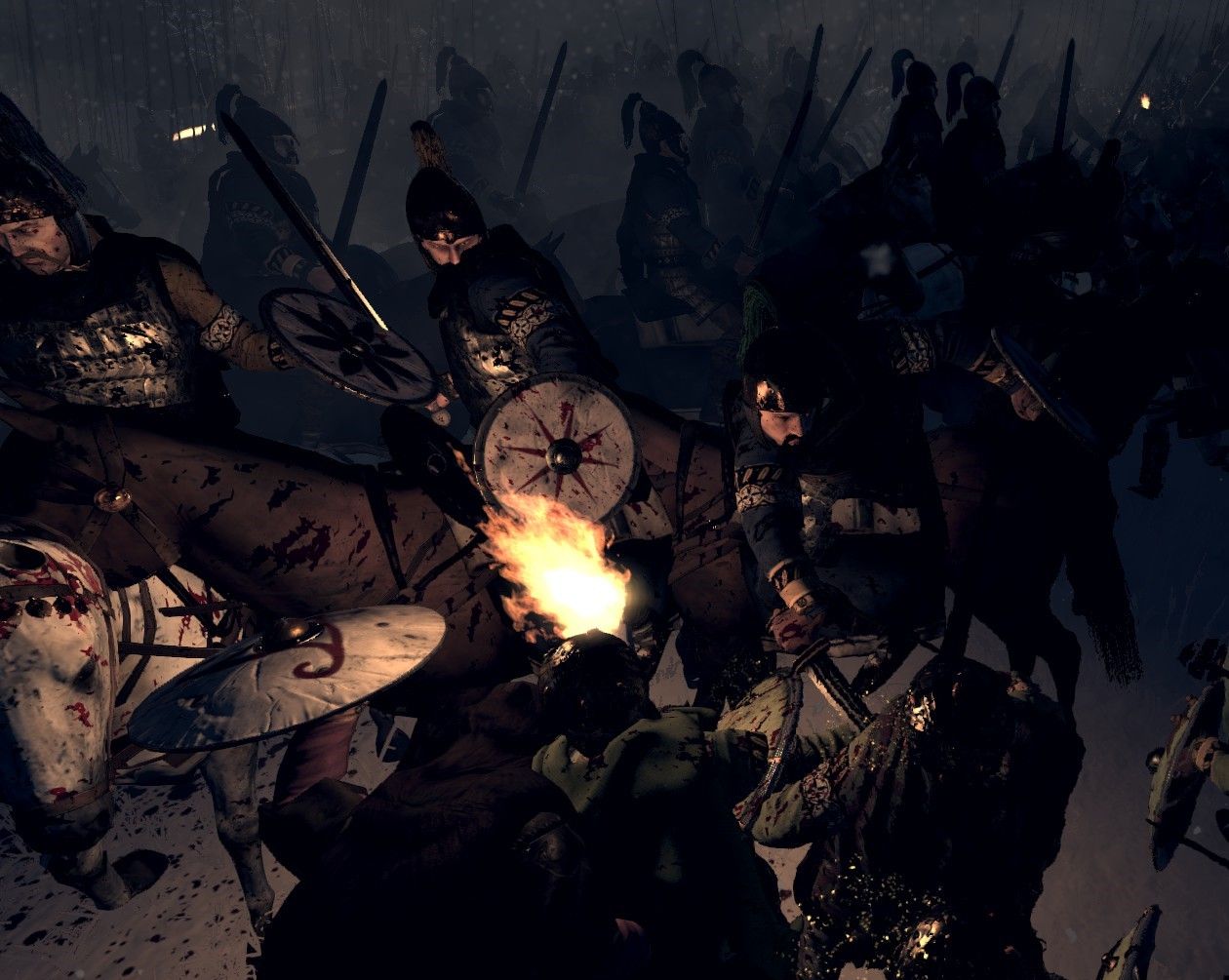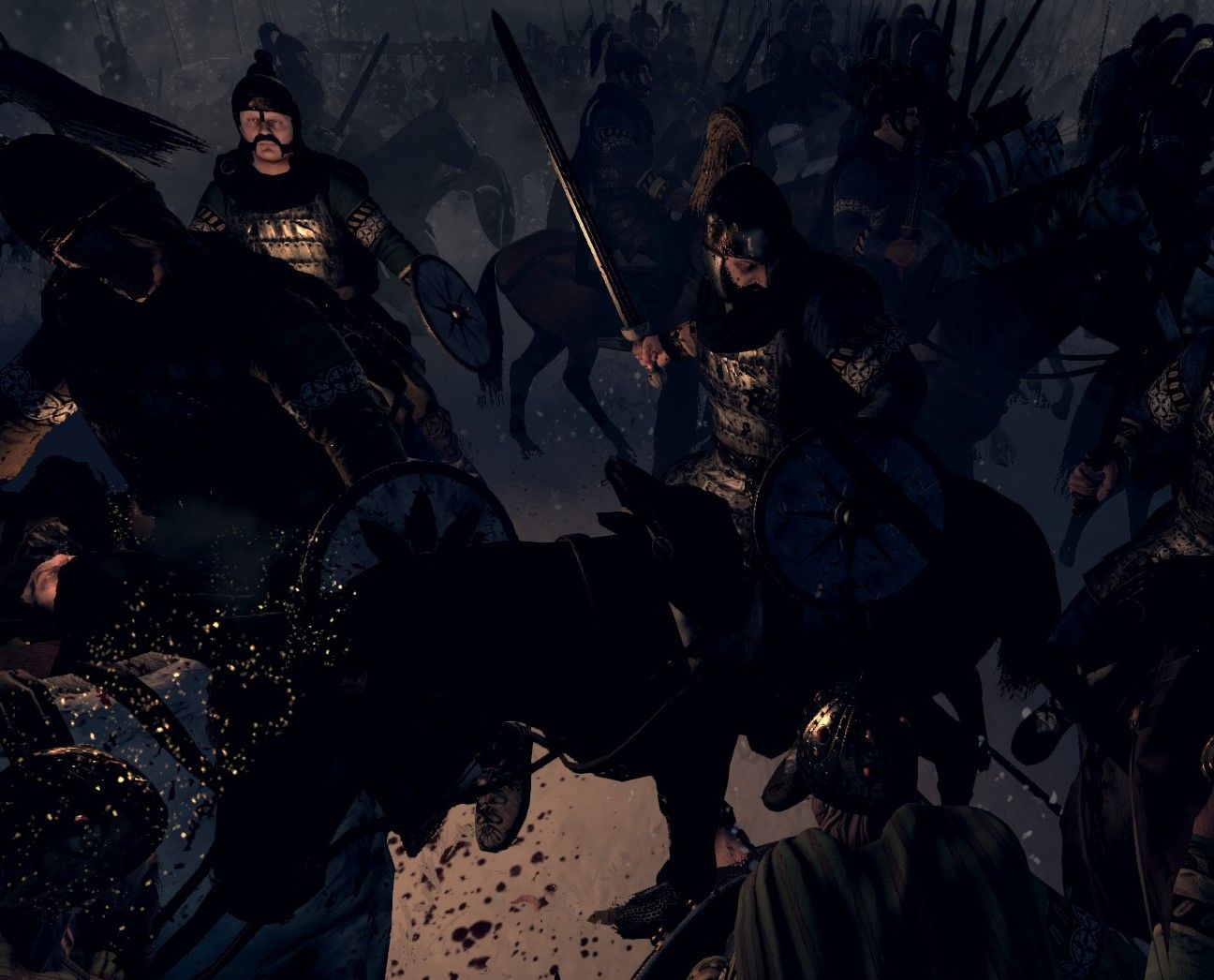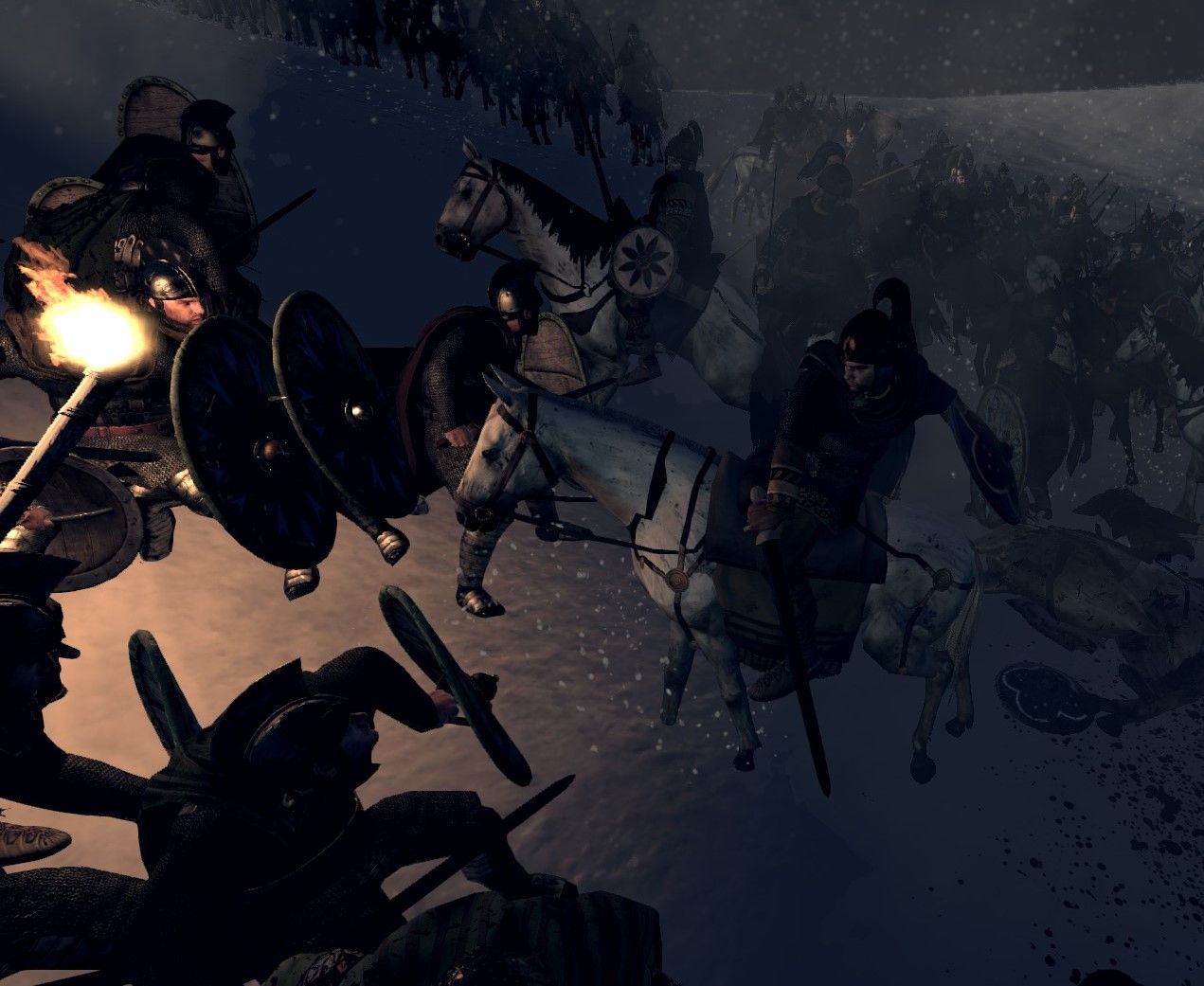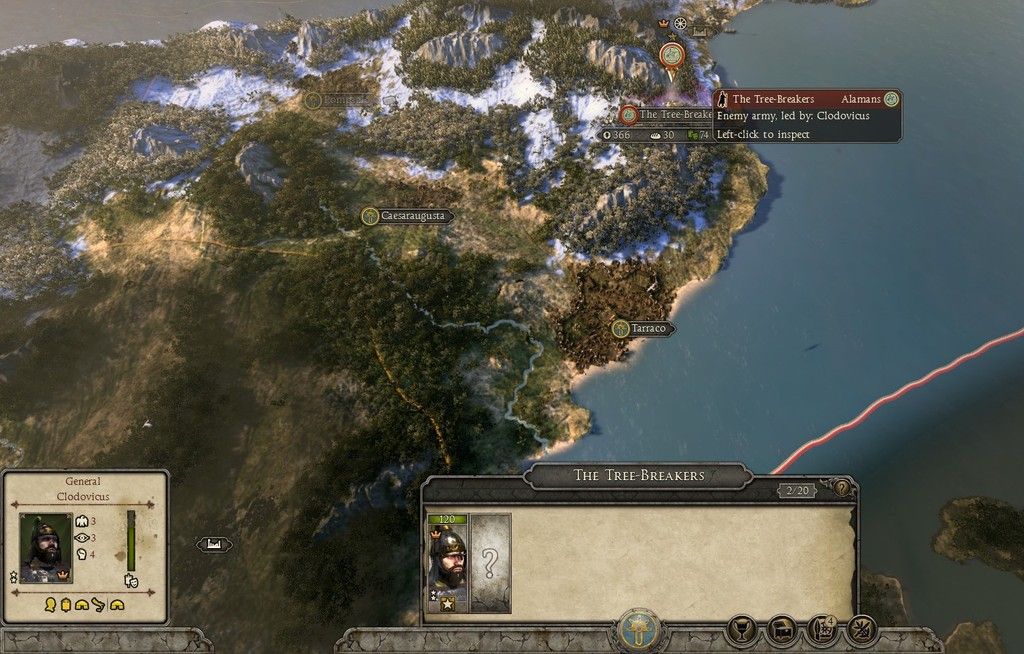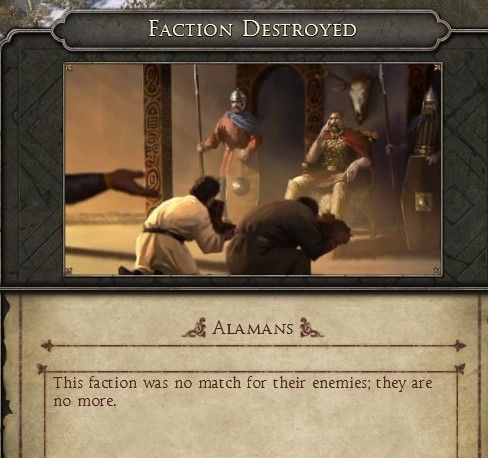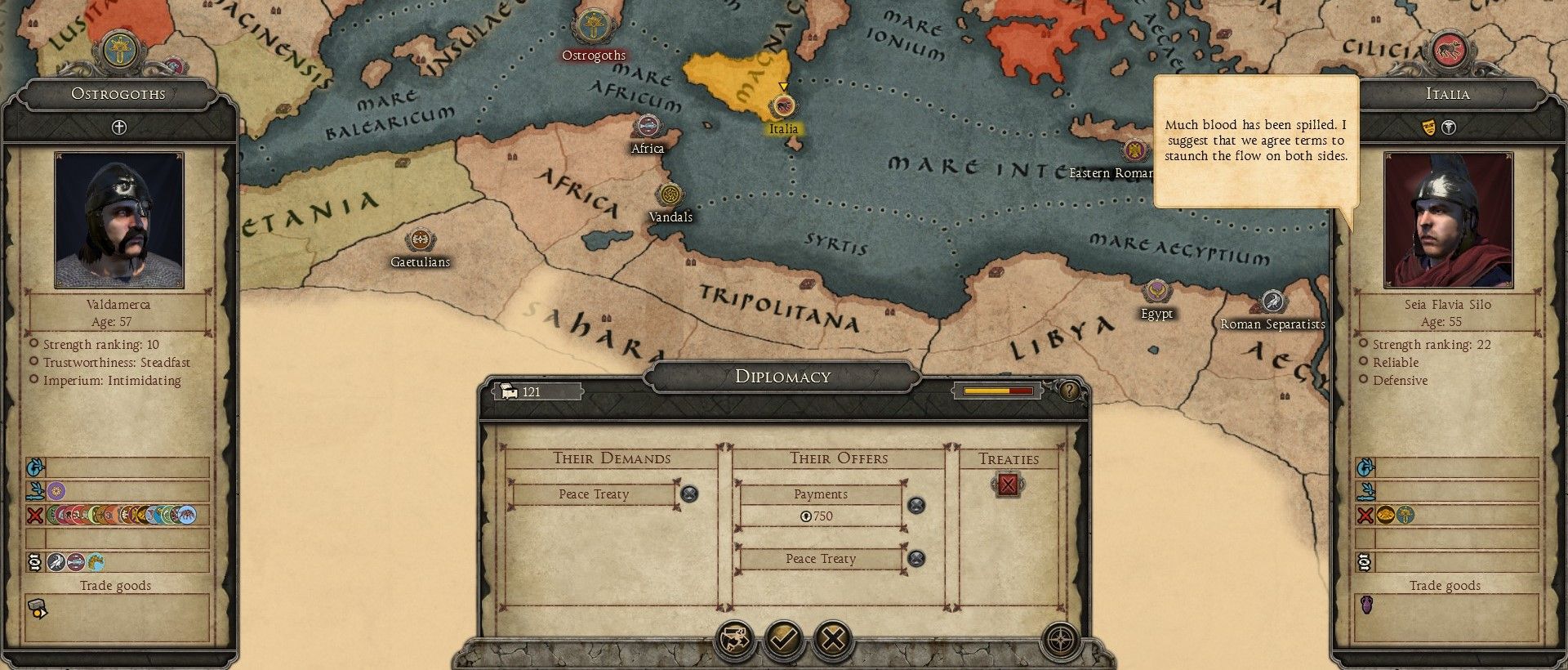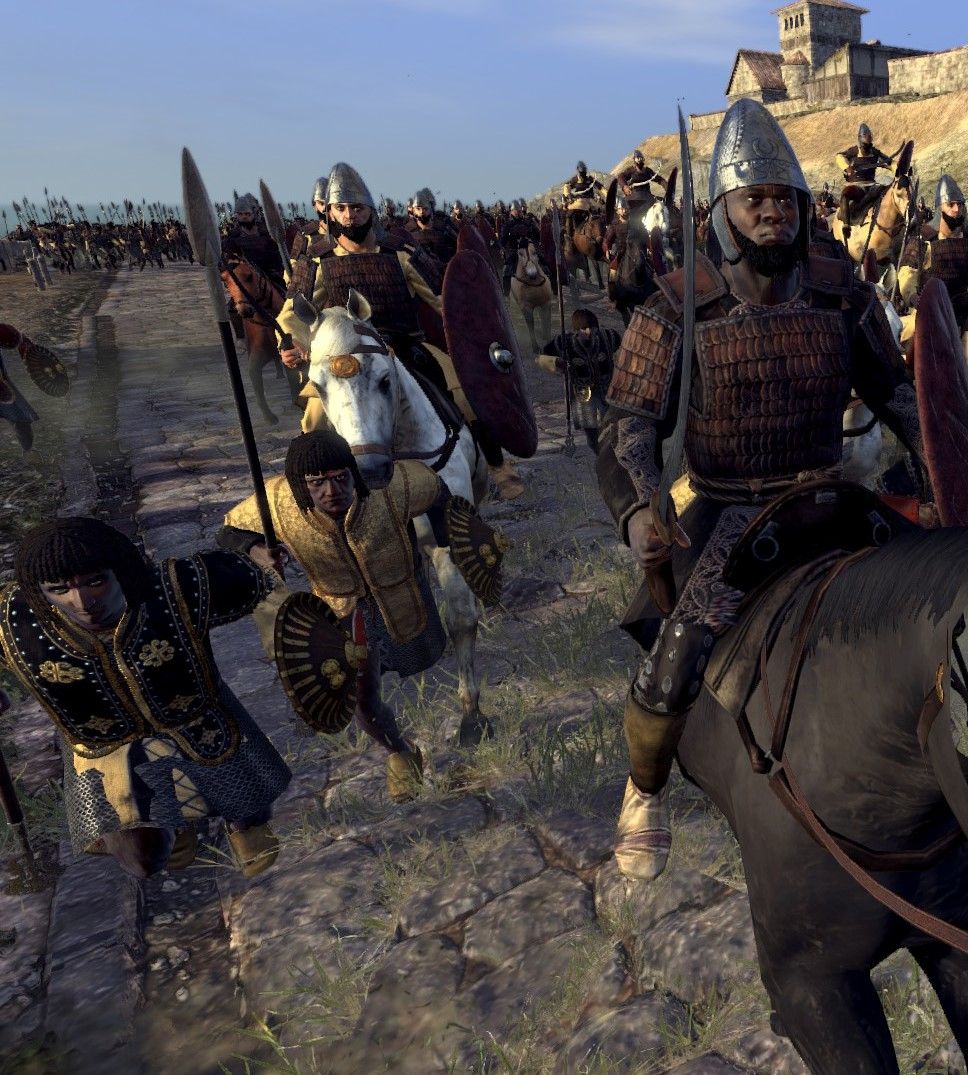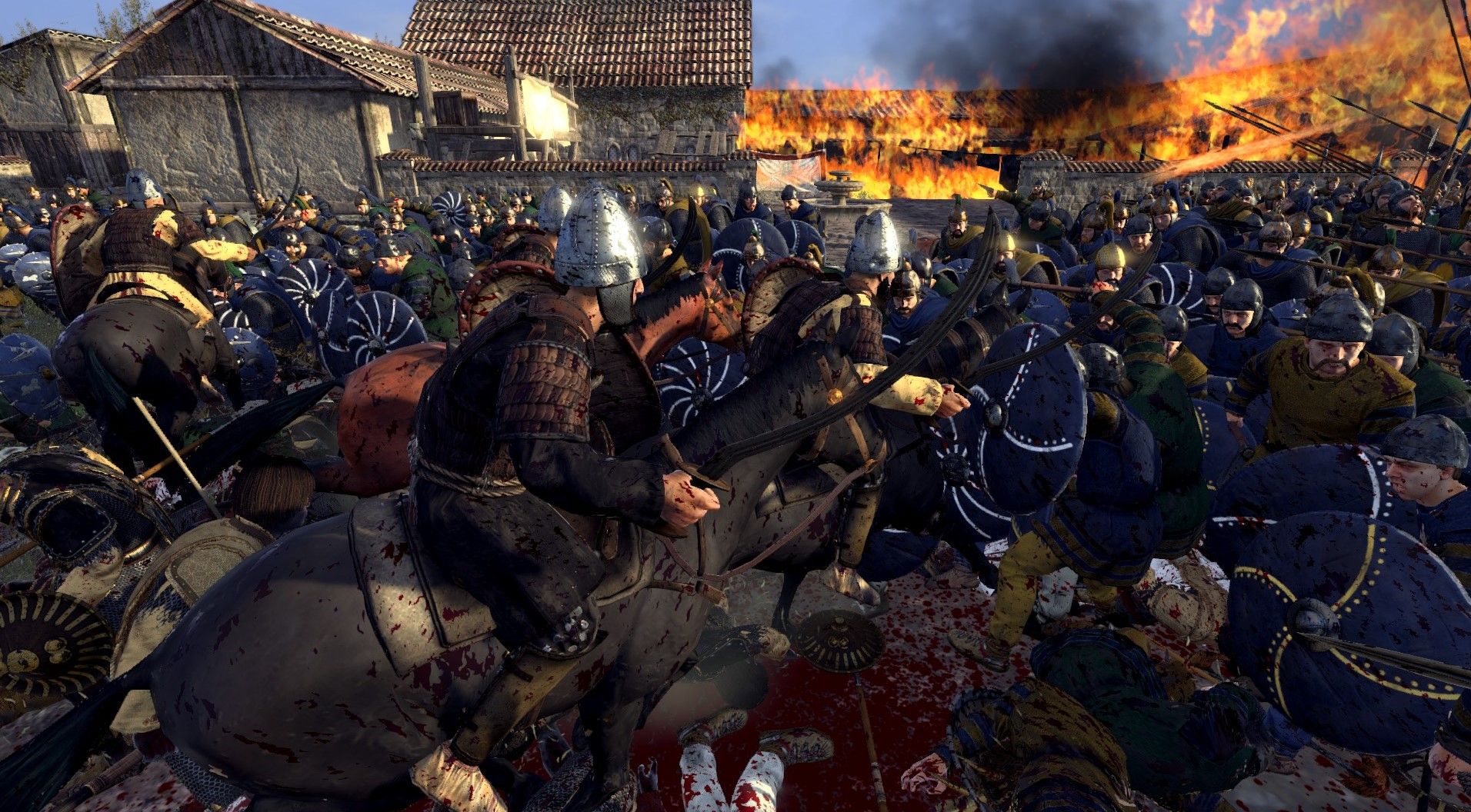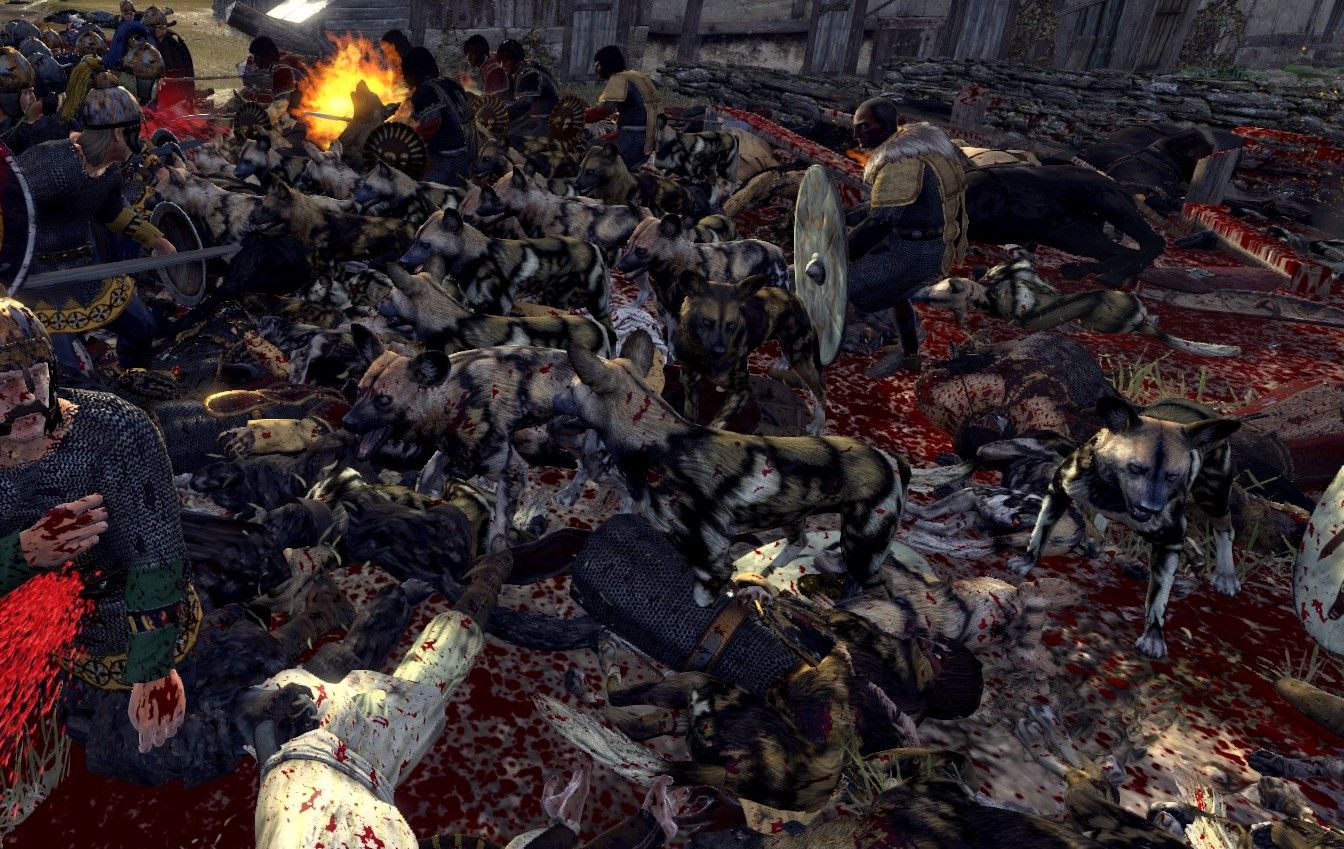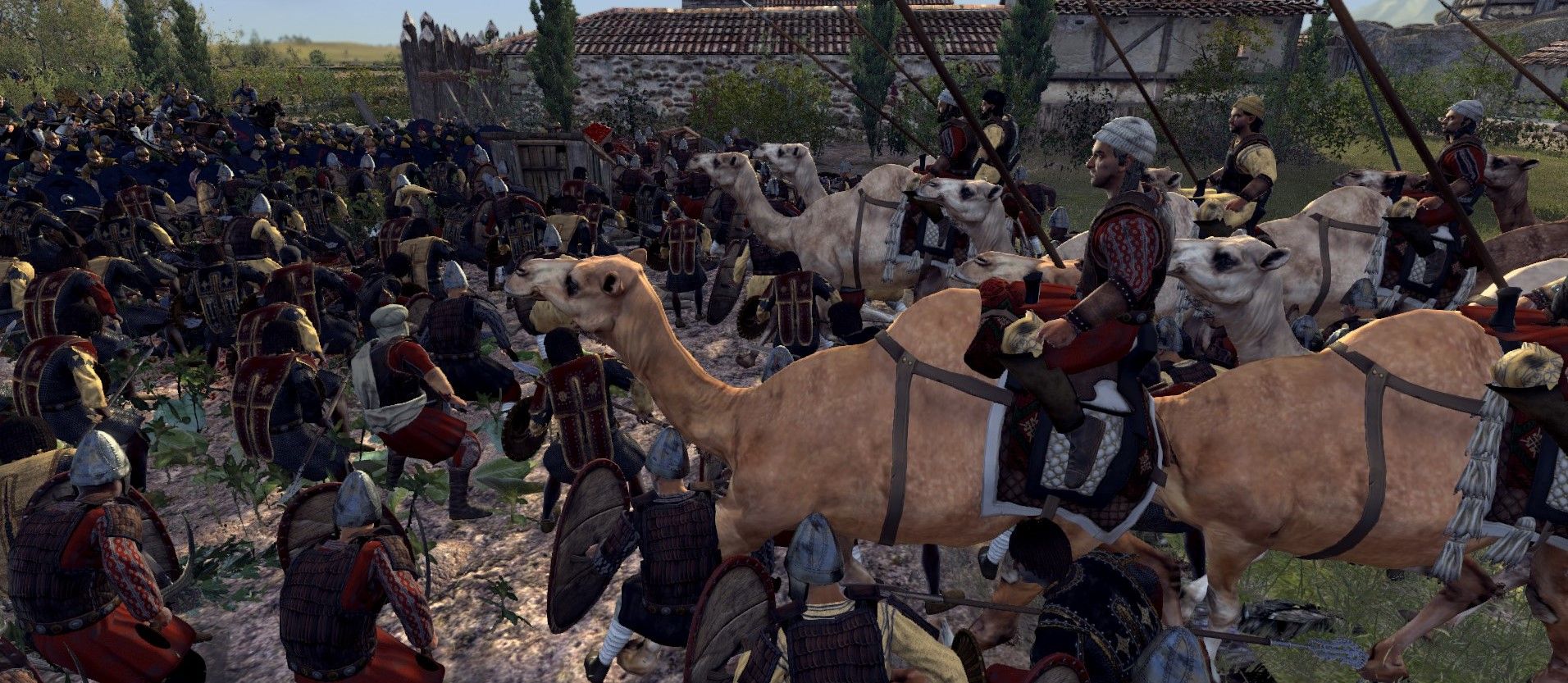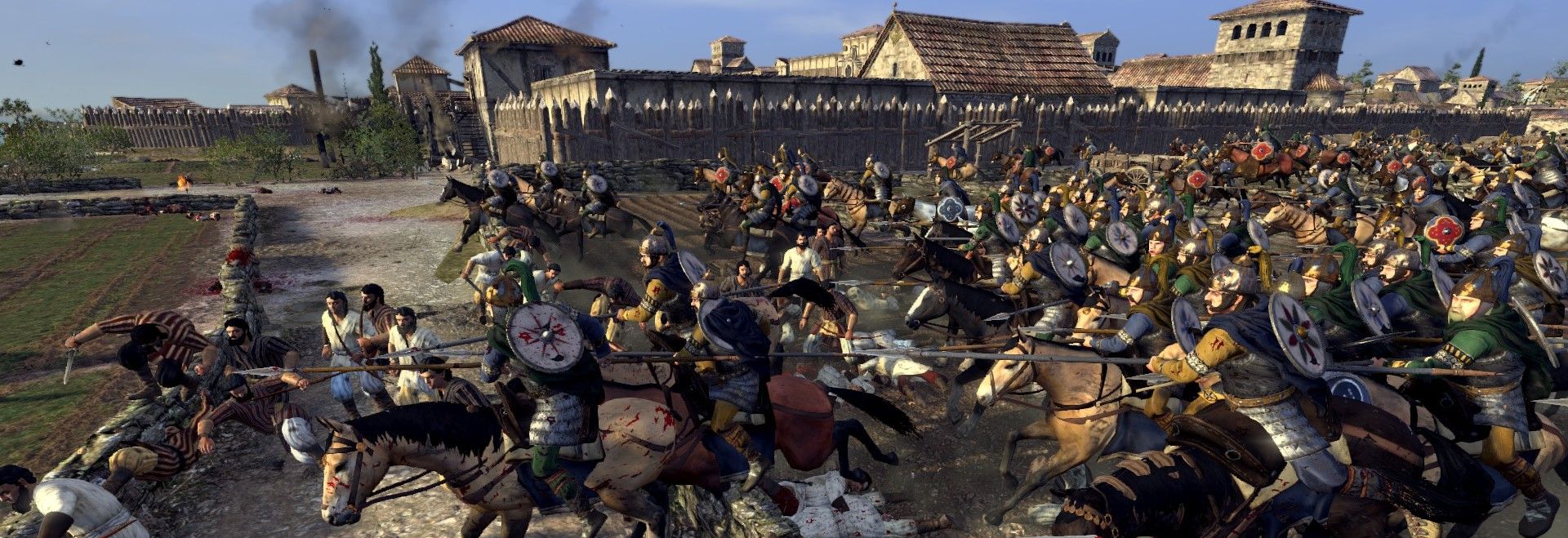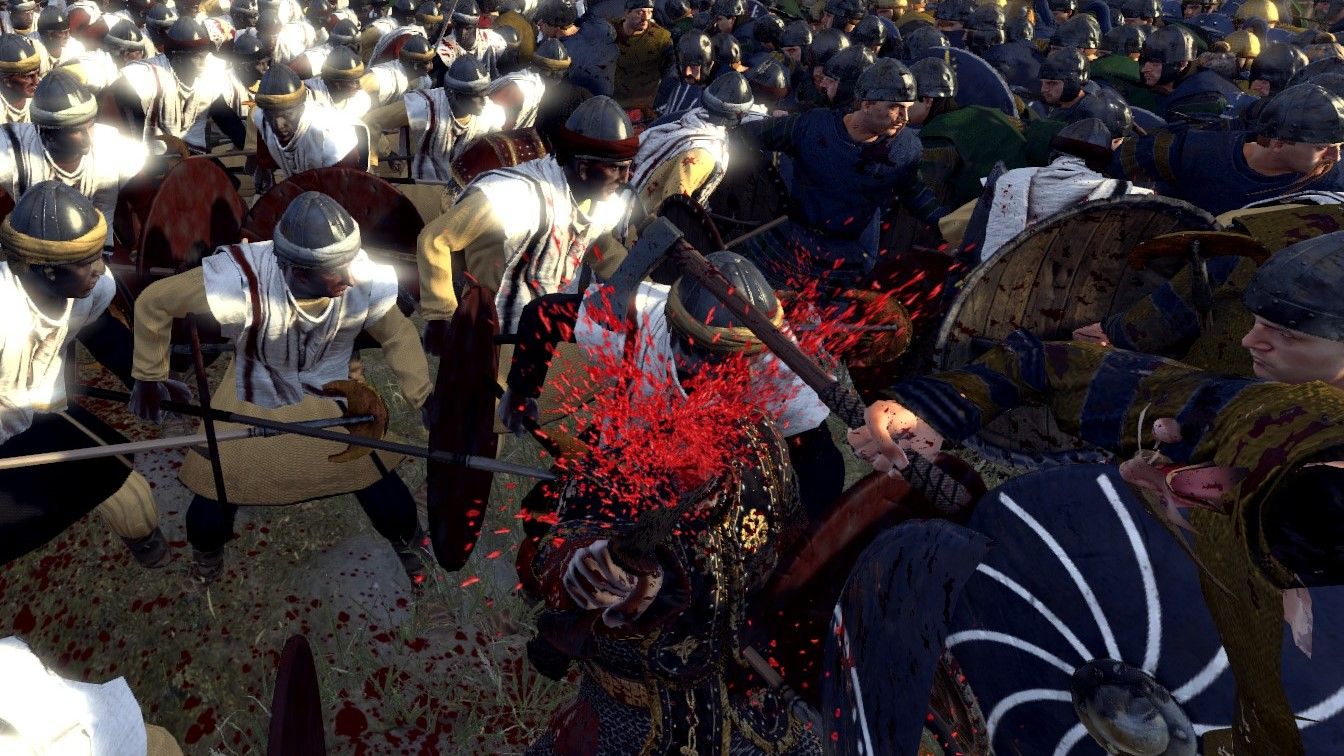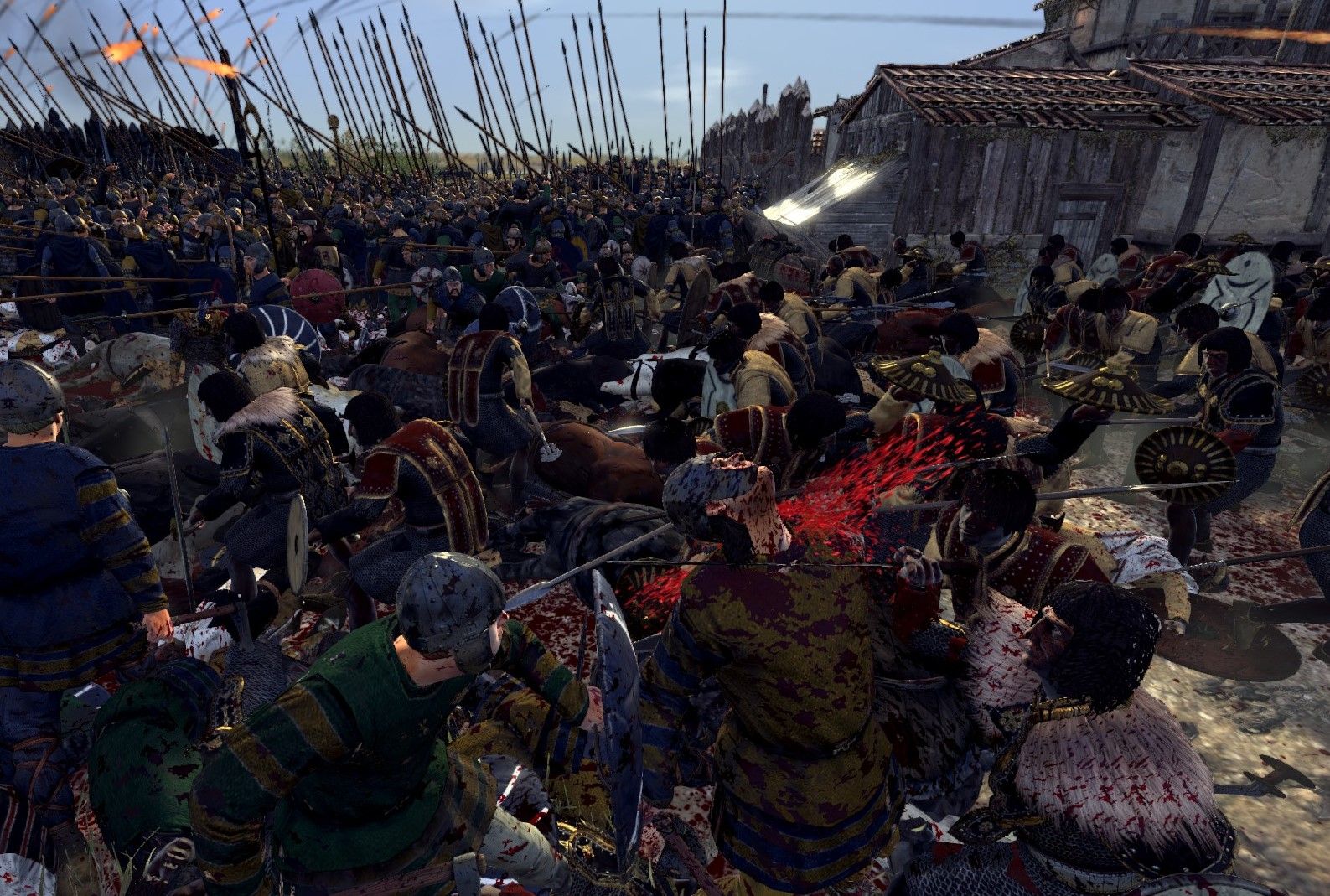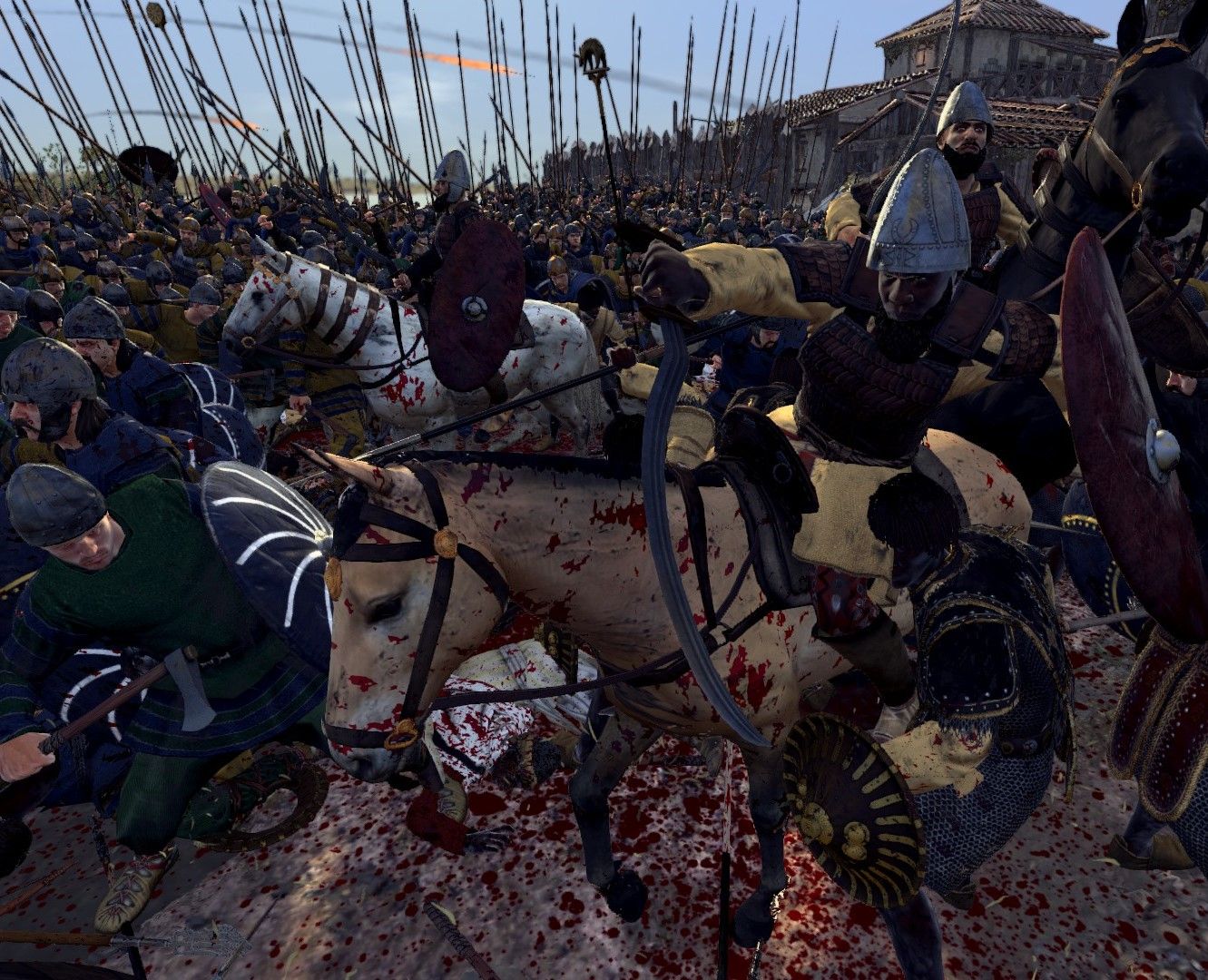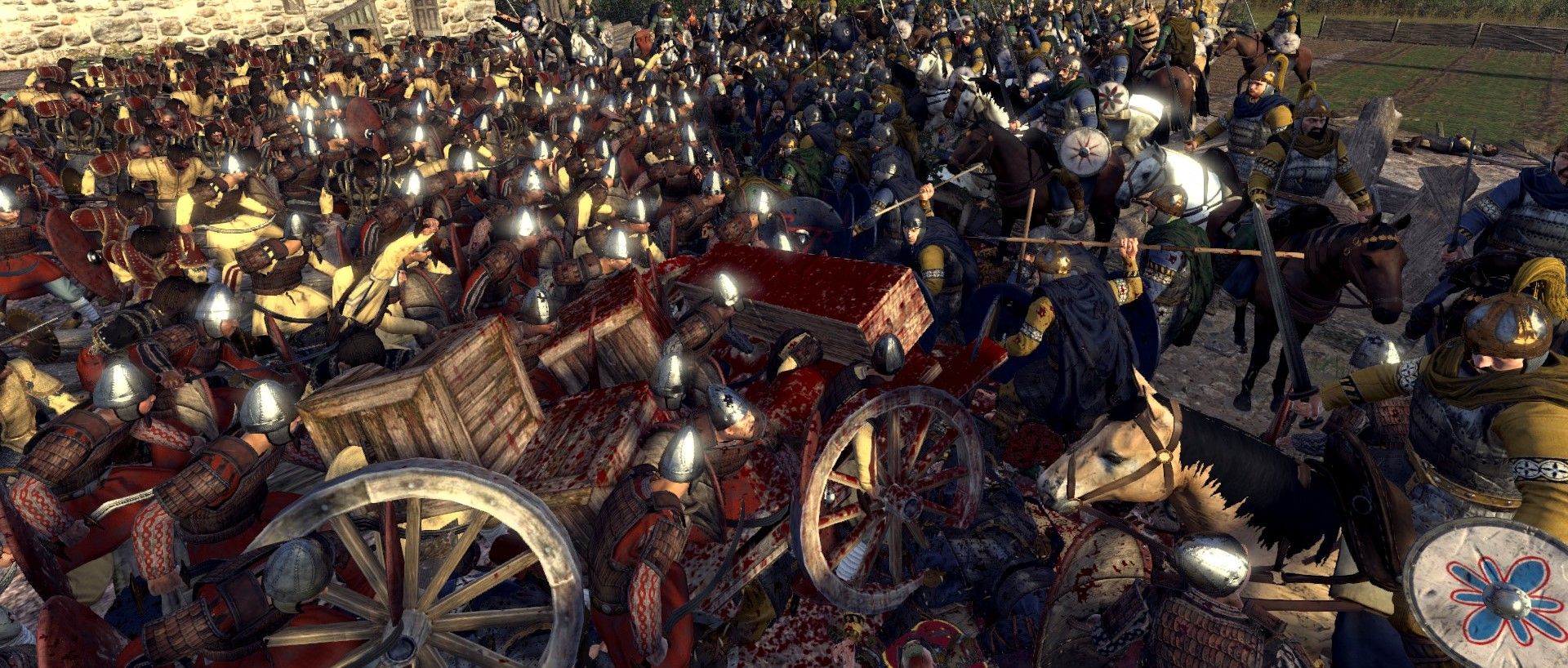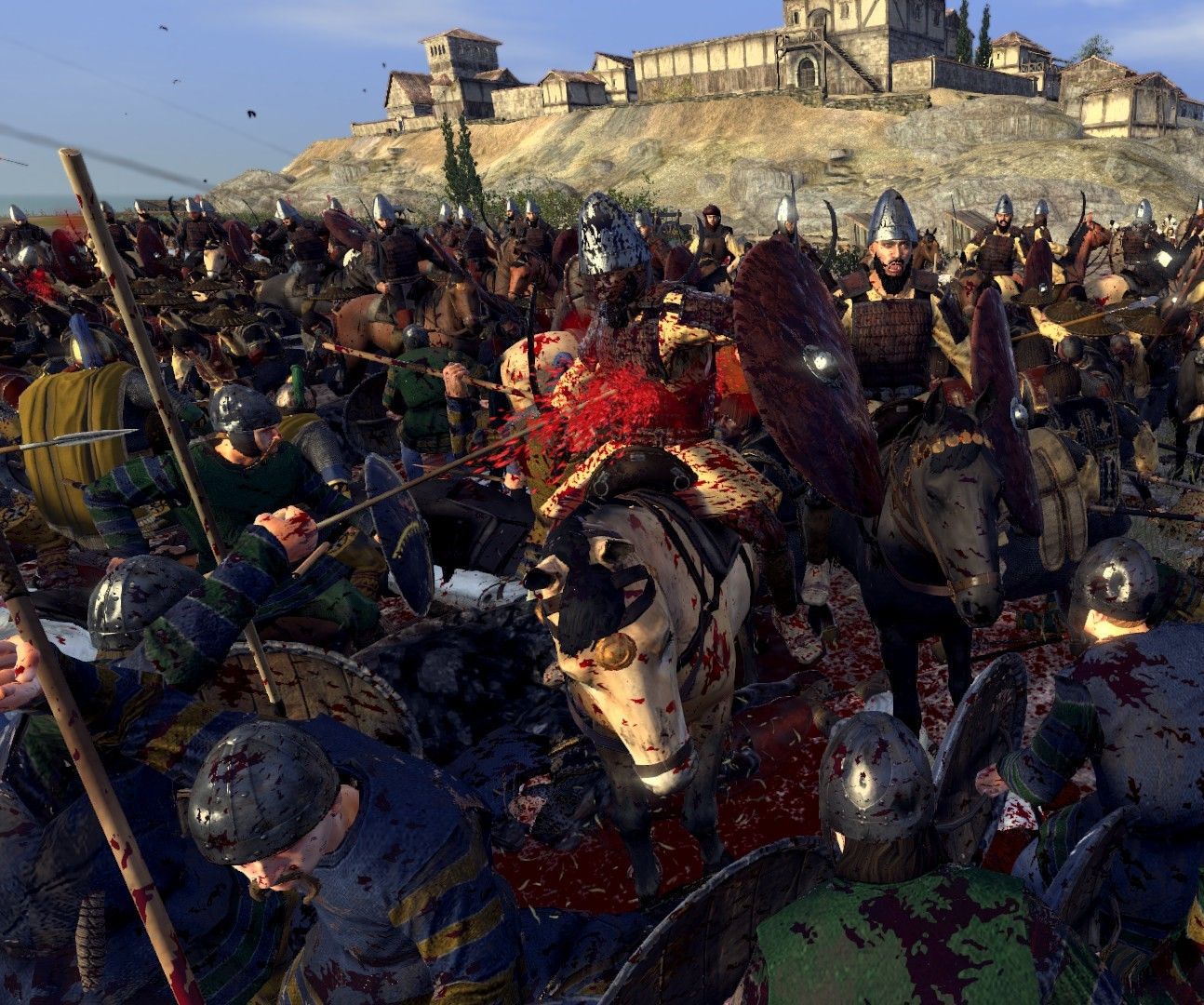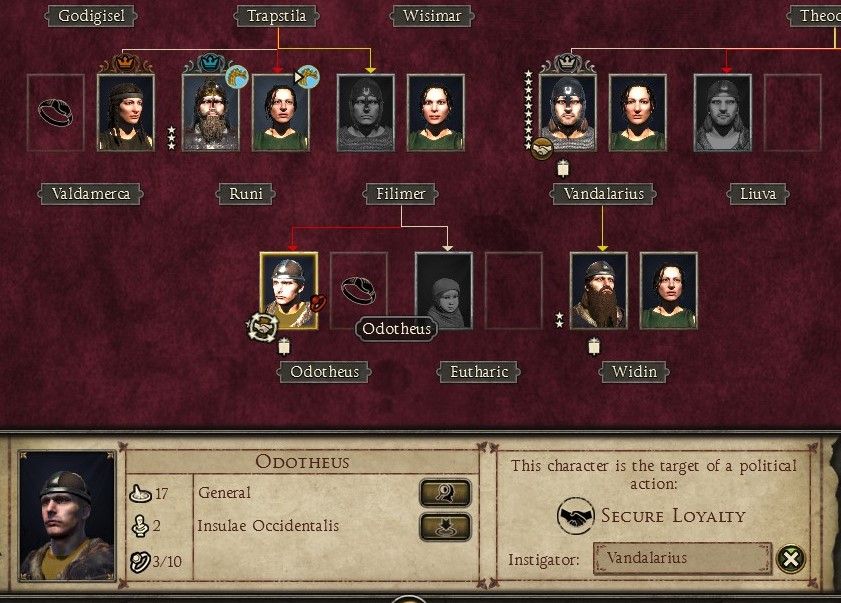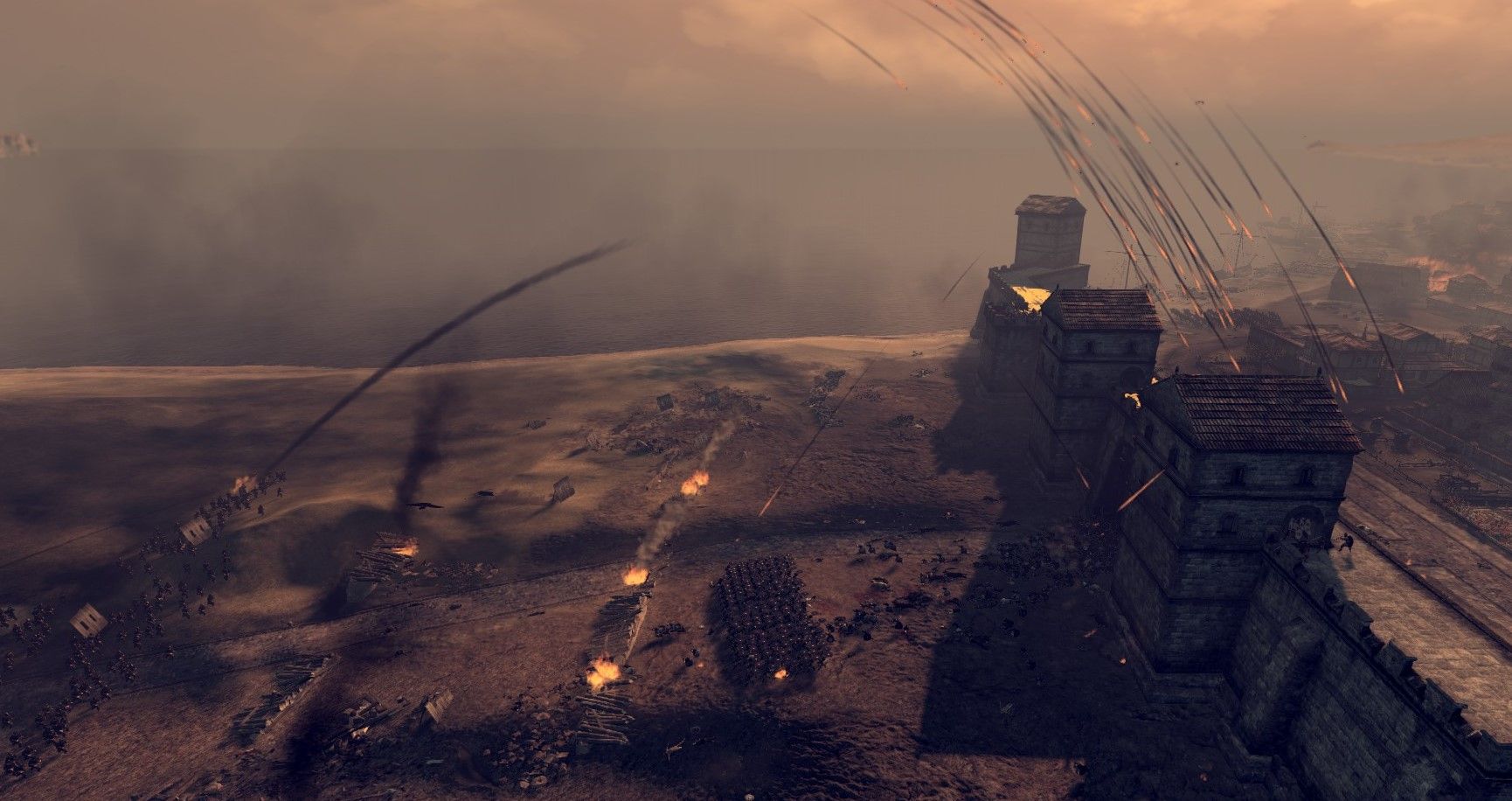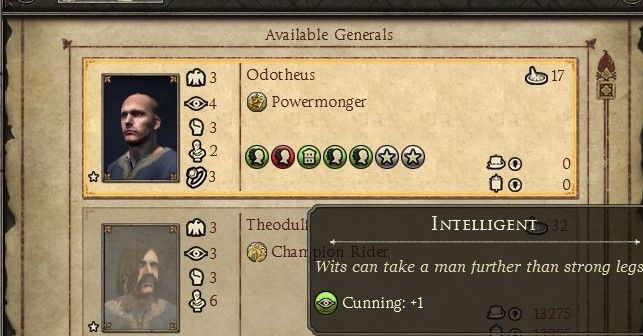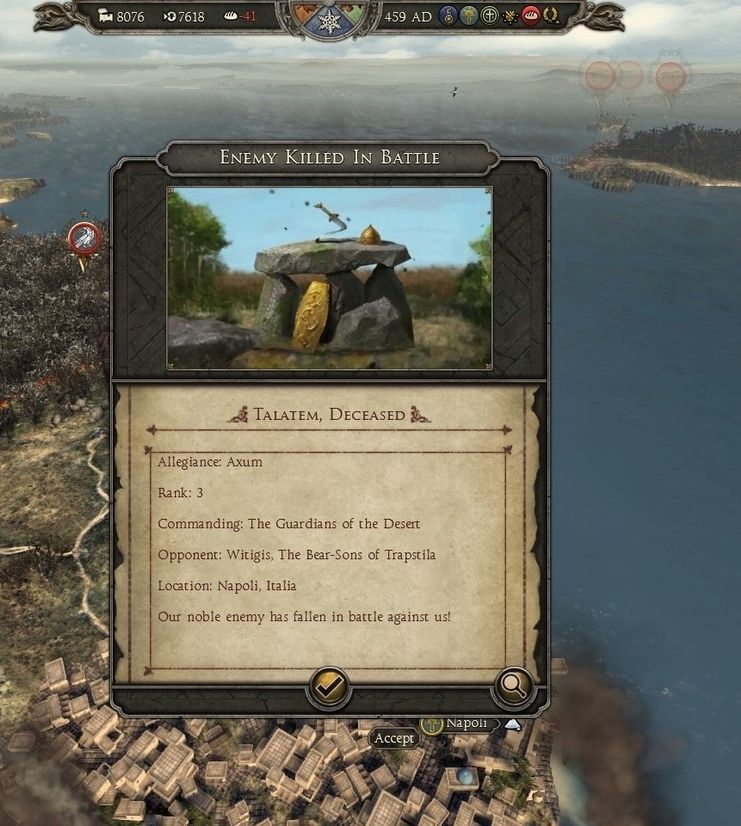UNHOLY ALLIANCE
PART I: GABOR and AVARIUS
Summer, Fall and Winter 454 A.D.
Aquitaine Gaul, on the river Garumna (Garonne Valley) Near Bordeaux
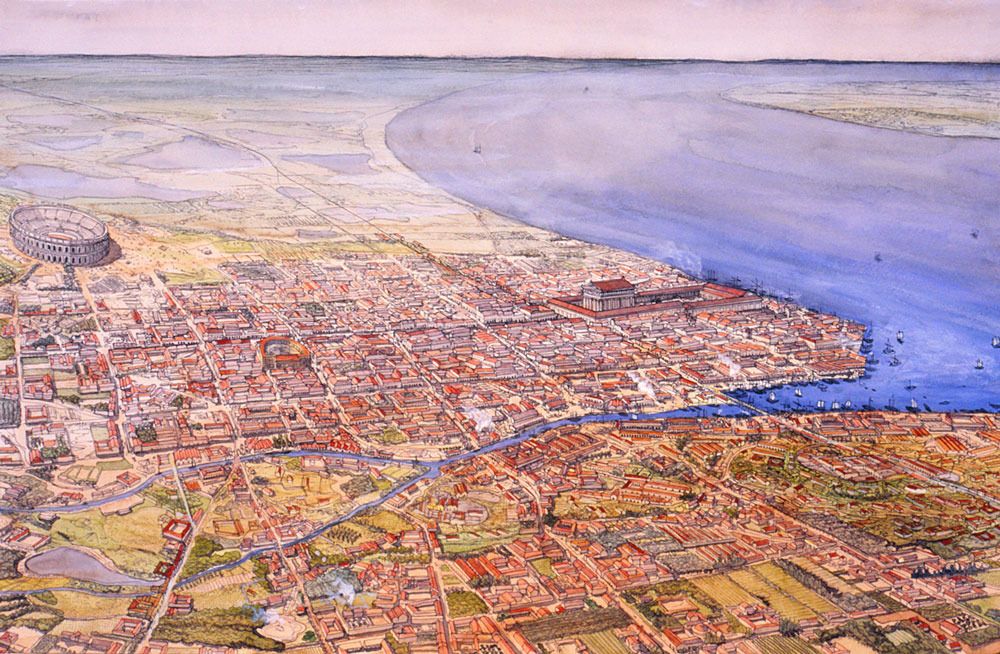 Burdigala- artwork by Jean-Claude Golvin
Burdigala- artwork by Jean-Claude Golvin
The plague brought by the Moors spread to the rest of Gallicia, thinning it’s garrisons. Brigantium was looted several times by the Moors, and patrols barely kept Asturica in line, with the major armies moving to the north-east. It was during the three years before the siege that Valdamerca developed her reputation for taking, as well as giving. Besides disease, the Alemanni curse in Spain was hampering the garrisons of Tarraconensis through desertion, the men who took off into the hills to serve as thugs, brigands or mercenaries. To pay them, Valdamerca raised the tax rate, which had an effect of increasing the likely hood for rebellion in Gallicia, but also replenishing the army, with idealistic young warriors looking to avoid the taxes of small town life by joining the Gothic army. She was an efficient administrator, with an Eastern Roman style, and she idealized the image of the Illyrian horsemen as the standard every young warrior should try to achieve, on horse. Valdamerca, being well trained with a horse, even competed in circuses and joisting herself at the fairgrounds, which improved her image, from that of a spoiled Gepid daughter, to the queen regent who had returned the Kingdom from the brink of disaster under King Filimer. What seventeen year old strapping boy wanted to be out ridden by a woman? To add to her legend, there was confusion among the people as to whether she was born of Trapstilicus and his first wife, as with Eliande, her sister, or Gaatha, who was a noblewoman of the Amali, which gave her right to her claim.
She never gave verity to these claims, as many knew of her affairs with Vandalarius, when they were younger, and this would be an abomination to the higher class, if they were both descended from the Princess, Gaatha. Therefore she played both sides, and was loved more for it.
Vandalarius had followed the river Garumna from spain up through the Aran valley in the Pyrenees into Aquitaine, through Vasconia into Aquitaine. There had been battles and uprisings to put down in Spain first of course. Holding onto Brigantium and Asturica had been a bloody business against the Spanish rebels, would be govenors, and Vandalarius had grown more experienced from the efforts over the past three years that had seen Valdamerca’s kingdom grow into the most vast in Spain, if not the strongest. And now it’s armies were focused on a key port and foothold in Gaul. They had hoped for a quick end to the war, but what followed would be some of the bloodiest fighting of the exile kingdom.
On the eastern bank of the chilling river, the siege equipment had been constructed, and as winter settled in, it was clear the Huns were coming. The sappers and siege equipment was placed at the walls of the great city, which looked deserted. There was no wailing for lenience from within, no fleeing caravans, it was almost as if Durand had fled to the north, to leave the city to the combative mercy of the Huns and Goths.
If Durand was not there, where could the minor king be? To the north in Rotomagus perhaps. The plunder of fertile Gaul and it’s Roman institutions were just an incentive for throwing off the attempt of the Alemanni to squelch the Kingdom. Valdamerca believed a peace could be bartered, now that Sigivald had perished, but it would take battles against the other kings to achieve this. Witigis had sent emissaries to treat for peace with the Caledonians in Gaul, but it was just as likely that they would enter the service of the Alemanni such as their Pictish brethren. There was also a chance he had fled to the southern kingdom to be in the company of his manageable king Clovis, that perhaps the north would marshal under different leaders.
The city was guarded, but not fully, and Vandalarius knew he would be safer for the winter within it’s walls. A rider came forth from the southern wall of the city and informed Vandalarius on his horse that their would be no surrender and that Clodovicus was now king. The young ruler would be more difficult to deal with than his father, and he was the one who had commenced hostilities. Vandalarius spoke with Hermanafrid, and gave him orders to return to the Kingdom and tell the people that Fastrada King was dead, and that peace would come soon.
As the first snow of winter began to fall, he ordered the siege towers forward. They rolled on the jagged earth and mud, causing it to rumble. Ataulf and Witigis were ordered by their superior to stay outside of the walls of the city, to the south, until they were needed. The longer the over-pressed defenses of Bordeaux fought on, it was increasing clear they were a skeleton group of defenders with one purpose in mind, the divide and delay the attackers while the Huns could move to attack. Thankfully, the Goths were encamped at fortifications, great ramparts set up to keep in place as the colder weather approached, and the Huns wouldn’t dare approach Ataulf and Witigis there. Still, there was ground to cover between the siege and the fortifications, and they would have to cross it to intercept the Hunnic army should it threaten the attackers. Clovis could count on neutrality from the Huns as long as opportunity allowed, Vandalarius reasoned with his advisors, and the two would not work in cooperation. It was a quick way for the sack of Bordeaux, their capital, to happen, to a people as depraved as the Huns.
The spy come criminal who had inherited the network from Achilius, Theodemir, and a priest named Teus reported that a Roman army under the Dux of Britain, Appius Suebius Varrio was approaching with Corilos, his Pictish ally from Brittania, but more distressing, that the army of Gheism would arrive before this force. It was too late to abandon the walls, and to do so would result in too numerous casualties, to the archers in the towers of Bordeaux and the pots of boiling oil where were hurled from it’s ramparts.
Vandalarius asked the counsel of Sandilch the Hun, and the priest told him that the three armies would fight each other, until the victor was too weak to make a stand against the Goths who would have a city to fall back on. Vandalarius questioned her severely, because should the three forces join together, it would be better to abandon the siege and take the losses, knowing that what could rally from it was no threat, and that the armies were better facing the coming year together, not with forces camped outside the city. Sandilch assured him that there would be no peace between Romans and Huns, that they hated the Huns as much as Witigis, and that the Picts only sought to exploit what was left in the Huns wake. This was her vengeance for the abuses dealt by Achilius, the snake, while he lived.
The Romans, Picts, Alemanni and Huns would not fight together against the Gothic alliance, it seemed to Vandalarius. Ataulf and Witigis would have to fight the Hunnic army of Gabor while Vandalarius stalled at the walls. If they could deter him, Avarius, Corilos, Varro might not attack before the winter had passed and the city was in the hands of the Goths, and they, the armies crossing the Liger river had already turned on one another.
Predictably, Gabor moved his horses around the fortifications of Witigis and rode hard for the city to hit the rear of Vandalarius’ army. Witigis would confront him by the end of the Fall, having fresh troops whose backs would break if it meant meeting the Huns, and their saddlebags of raw meat in time.
And so Vandalarius rode south as fast as he could, confident that the city would fall, to join the armies of Ataulf and Witigis against the Huns. The Taifali rode with him with their Draco shields shining in the sun. Two riders that would go further to the south, recruiting from the villages under the protection of Lycurgus Luca for a push north to join with the fort of Ataulf.
If the Irish and Caledonians saw reason for war, Bordeaux might be difficult to hold onto. Vandalarius looked behind him, whipping his head, and saw fires in the city of Bordeaux. His men were looting the city against his orders! It was too late, and the battle would commence to the south along the river leading to Bordeaux soon. A regret, that Hunnic and Gothic reprisal had turned out to be one in the same.
GABOR and the BATTLE of THE GARUMNA
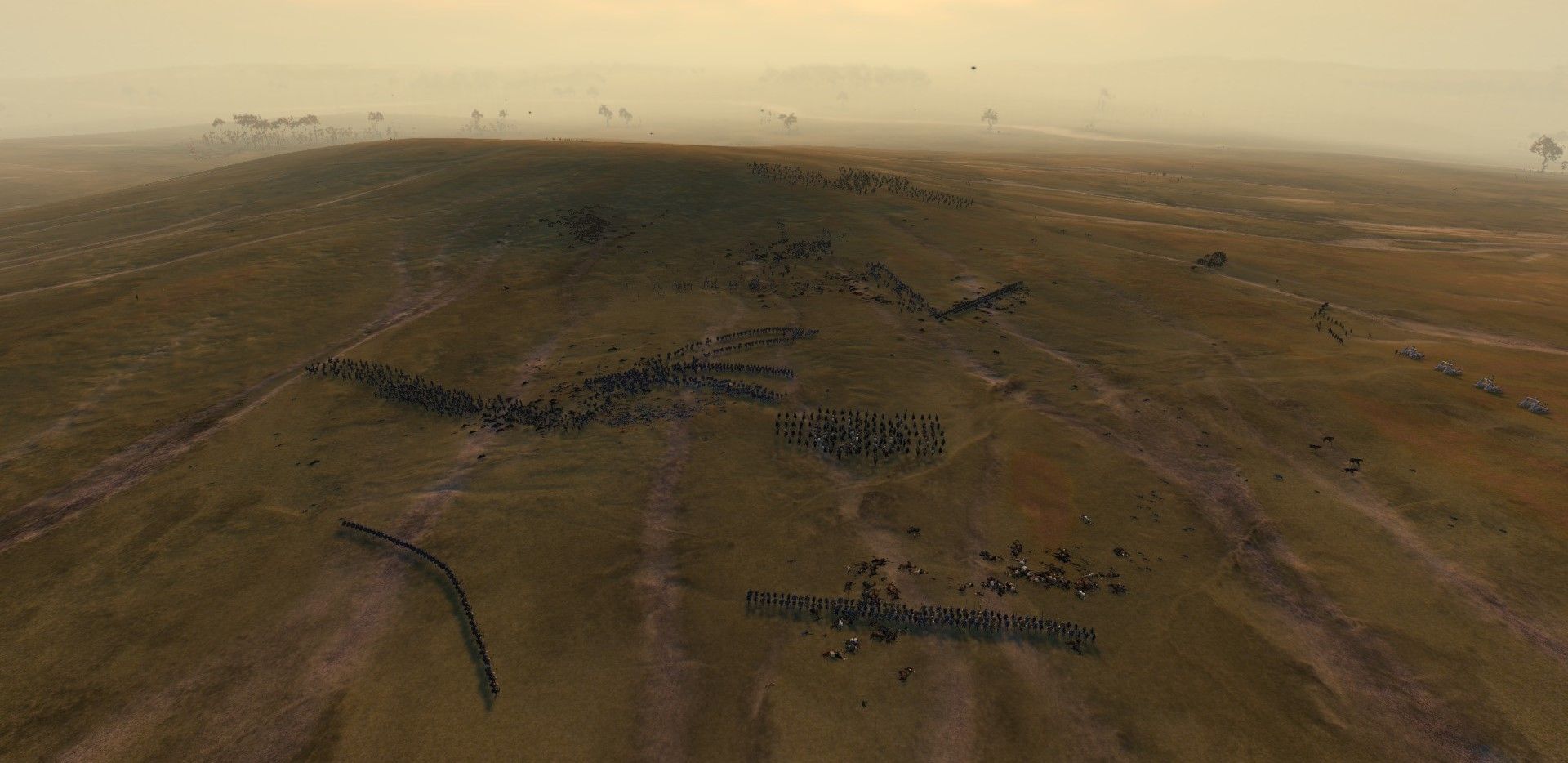 The scene of the battle- the lines tend to where they are needed
The scene of the battle- the lines tend to where they are needed
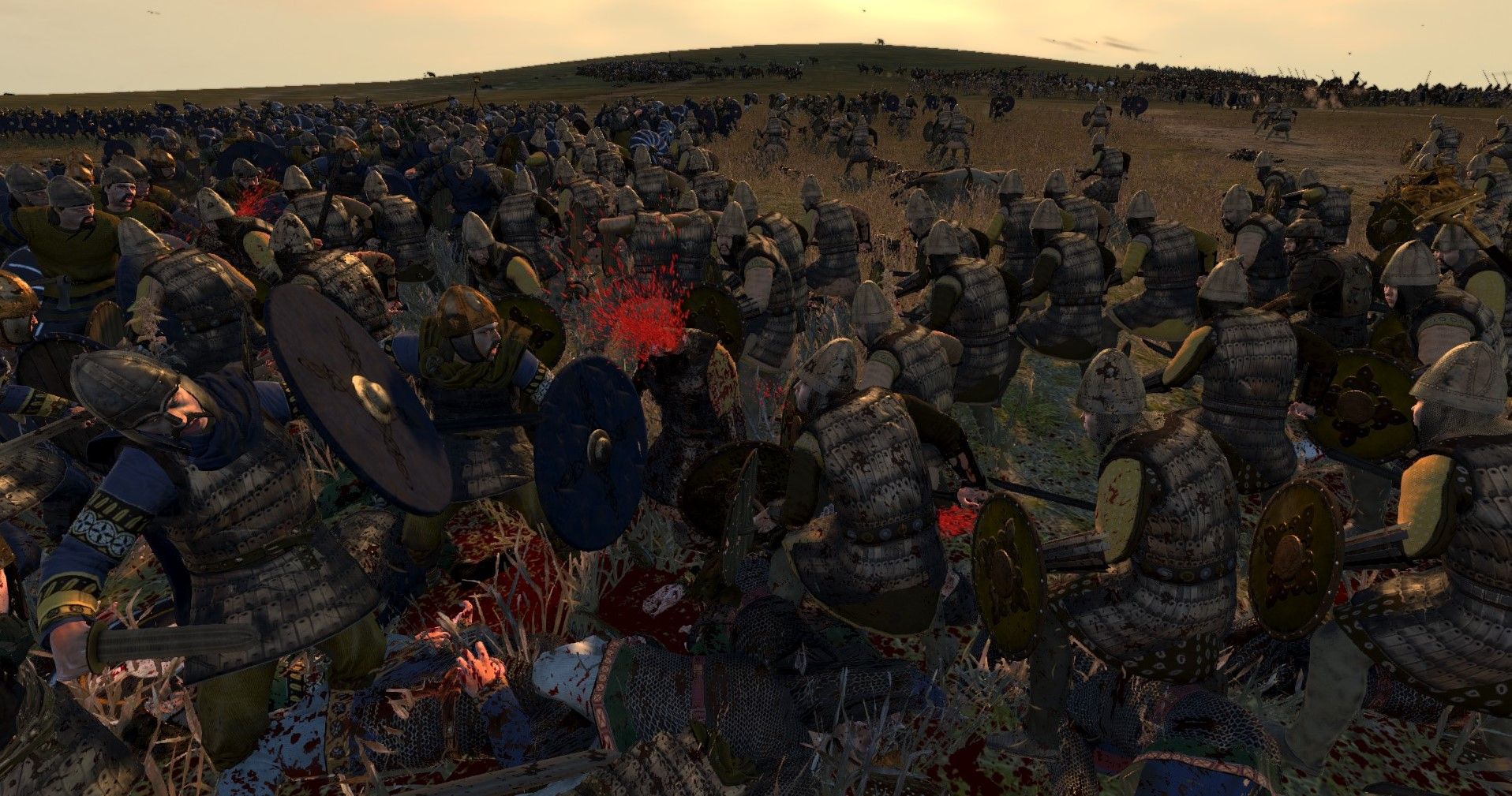 A giant Goth dwarfs his Uar opponents, upsetting their bowels
A giant Goth dwarfs his Uar opponents, upsetting their bowels
Many of the Goths were from a younger generation, before Trapstila and Sigeric’s wars, and those Romans who had joined the army from Constantinople, had never encountered the Huns in battle before. The frustrating use of ropes to snag Roman lances and shields, the way they fled on horse, firing arrows all the while, and their thundering cavalry charges would be new things for this Marian army, so used to fighting Eastern Roman rebels and Sassanid Persians. In addition to this, customary after many battles due to the famine of years past, the army had been taking on soldiers from defeated Roman forces, and now was Roman in character, except for the new generation of Gothic footsoldiers and the Taifali who rode everywhere with the leader of their house Vandalarius. This made for an inexperienced army more accustomed to guarding Spanish governors than protracted battles with the fierce Huns, who had crossed half the world to finish their nemesis here.
Gabor was a warlord subordinate to Kipsca and Avarius, and Avarius had not yet arrived. Such leaders were hungry for victory to prove themselves. A better gift to Avarius, than the sword of Theoderic, would be the son of Theoderic, and he intended on delivered him as a captive to be made a trophy of. Avarius had been warned by the elders of Tengri that Attila’s death was an omen, a sign to return to the east, but he had unfinished business with the Goths who had cheated death in Italy.
The fields were yellow-green with the decay of fall when the armies came into sight of one another. Soon they would be white with snow, but Witigis would make good use of the weather while it suited these provincial Romans. He clasped the hand of Vandalarius who rode on his white horse into the ranks of the armies with both hands whipping the steed, and passed him a lance. The signifier was near, with the totem of the Bear-Sons. Vandalarius’ golden hair whipped slack and soppy in the sweat of the ride, before he fixed his helm to it.
‘Our ‘lady’ Sandilch promises the Huns will be ensnared by the other armies crossing the river Liger. They will dispatch the Romano-Briton Varro and the Pict Corilos for us.’ Vandalarius said to Witigis. He asked of Ataulf, who was keeping the fortifications in place to the south.
‘These are no Persians, I worry about our Eastern clibinarrii. I will have victory against these yellow skinned, snub nosed grubs, and I will not trust in our newest and most inexperienced to get it done.’ Witigis answered.
‘Don’t. My Taifaili bannermen will lead the way into the horse archers for them, the archers will be stalled in the mud, and the heavy eastern horses will crash through those Hunnic ponies as if they were on foot. You forget yourself in your hatred of the Huns’
Gabor had brought too many footsoldiers for his own good. They staked the ground and hampered their progress from reaching the siege before they could be stopped. The newly reformed Gothic army had Iuvenes, axe wielding heavy infantry, and they were keen to fight a battle on foot against the Uar, rather than chase horse in their heavy armor, with the plate armor, and spiret helmets. The ratio was upset, and the horse archers formed four regiments that could easily be tracked by the Gothic and Taifali lancers.
True to his word, Vandalarius ordered the heavy horse and Scholae knights in pursuit of these horse-archers which tried to flee so that the foot formations could battle at even ground upon a low hill on the center of the yellow field. Gabor’s own warlords were left to deal with Elite Sagitarii and they skewered the generals lancers along with Witigis who remained behind to lead charges into the foot archers of the Huns.
The Iuvenes spit skulls with their franciscas and sent heads flying. More persistent than the fear of being skewered by an arrow, was the tainted blood of the enemy, that might carry disease with them, back to the Kingdom. Soon the earth was slick with it. Snow fell in flurries on the field, where it melted and steamed in the blood pools.
Witigis takes out his hatred. It gives him grim focus. The blood of the invaders might as well be icicles on his flowing mustache
This sounds a lot easier than it is, harried by heavy shot pointed arrows in the rear of the group that could pierce armor all the while, and the fight was brutal even for Witigis in his golden helm, wielding a heavy comitatus, against the foot archers. Many of them had brought pole axes, not just the swords, well adjusted for bringing down even the heaviest armored horse of the Saiones, and these archers were well armored resistant to the Witigis’ nobles. Eventually the Iuvenes had to be recalled from the fight, after making piecemeal of the Uar, and deal with the ubiquitous foot archers.
Witigis was suicidal in his bravery on the day of the battle. His long mustache was caked with gore by the mid-point of the battle. The enemy didn’t know this, but the man had a deep-seated hatred of horse-loving nomads like the Huns, because they were the ones who had led his original people to ruin against the Goths. His eyes were not only covered in the blood of the enemy at the end of his fighting, but bloodshot as well, driven in a lustful frenzy, piercing the armor of the archers as if they were oysters.
Gabor was shot several times by Sagitarii before he wheeled about on his horse and tried to flee, leading him directed into the spear comitenses of the Goths, where he was ran through, and dragged off his horse. Bravery did not suit this man in proving himself, and now it was too late for caution.
When the horse archers fell at the far reaches of the field, it was because their generals had failed at the main battle site, and their already tired horses were sagging under their riders weight, making them easy targets for even the clibanarii and Scholae, as well as the light lancers. This Hunnic army had fell to two factors, the light cavalry of Vandalarius that had reinforced, as well as exhaustion for trying to cross to Bordeaux.
Vandalarius seemed possessed as he searched the battlefield for signs of his father’s sword. It was nowhere to be found. He had led many of the charges, and had planned on having the weapon re-forged in the smithy of Bordeaux. The city steamed on the horizon to the west. Discipline was in order for his over eager men who had sacked the city against his orders. He contemplated decimation, but knew that this was one of many Hunnic armies that were coming, and every last man would be needed.
The Battle of Garumna
He instructed a rider to tell Ataulf of the victory, and that he should pack up the fortifications and meet him to rebuild whatever damages had transpired in Bordeaux.
The city was his! The sappers had not been needed and his men had spilled over the walls from their siege towers- overwhelming the enemy completely. The Huns had been beaten back, but soon more crossed the river Garumna, and waited outside of the city with their army, the Steeds of Doom. They were not besieging it, though who knew why. Were these the victors against the Romans of Britain and the Picts, in such numbers. No-one knew, but they would have to bring more than horses if they were to take the intact walls of Bordeaux.
The world is at a turning point









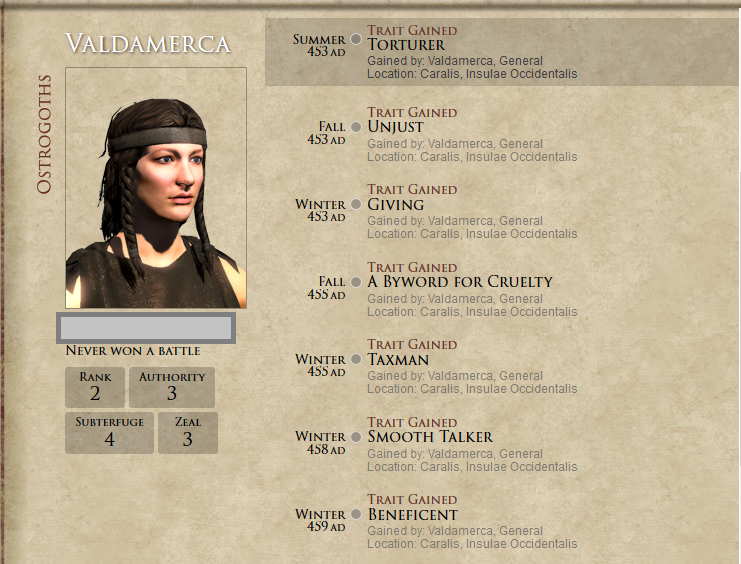
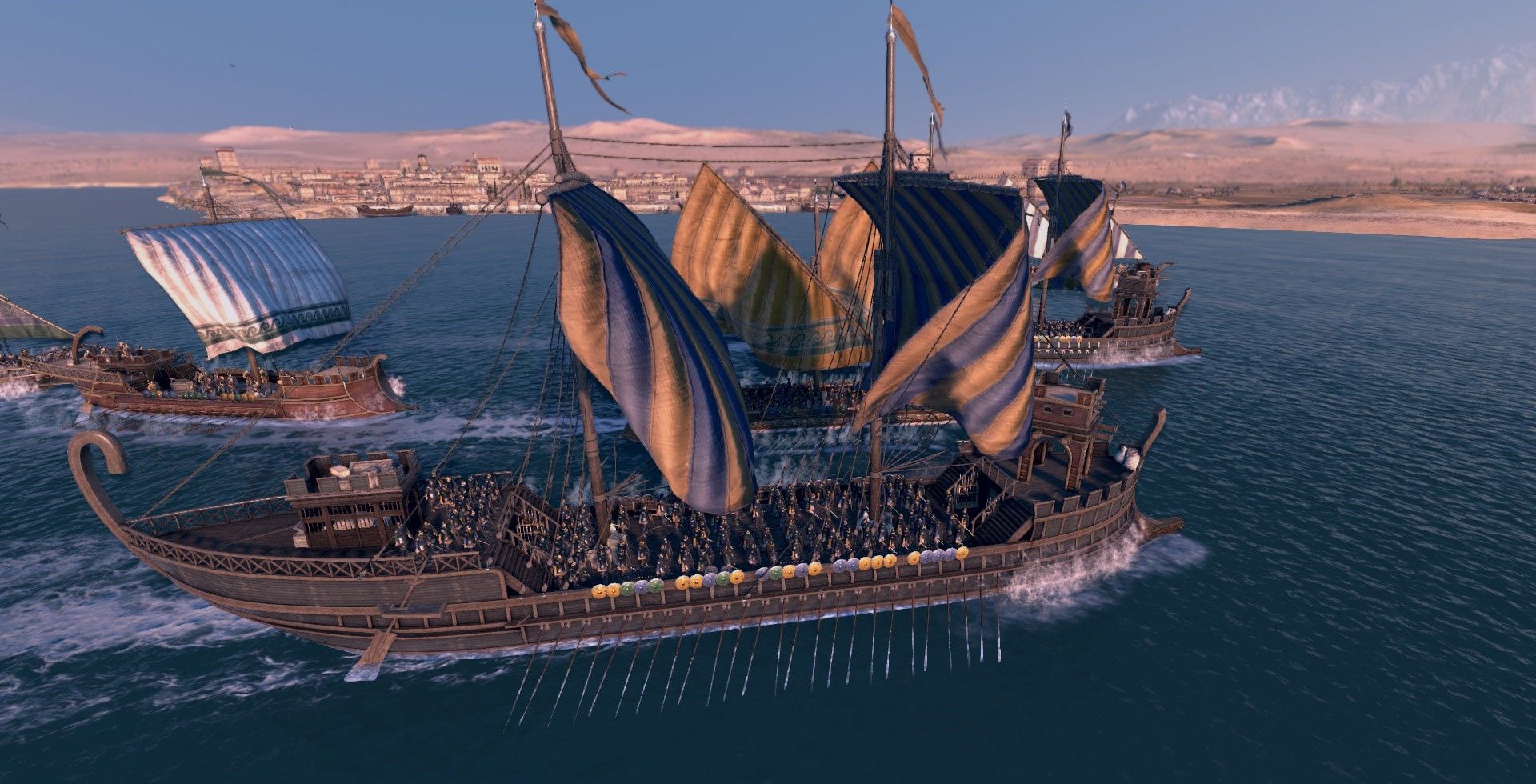
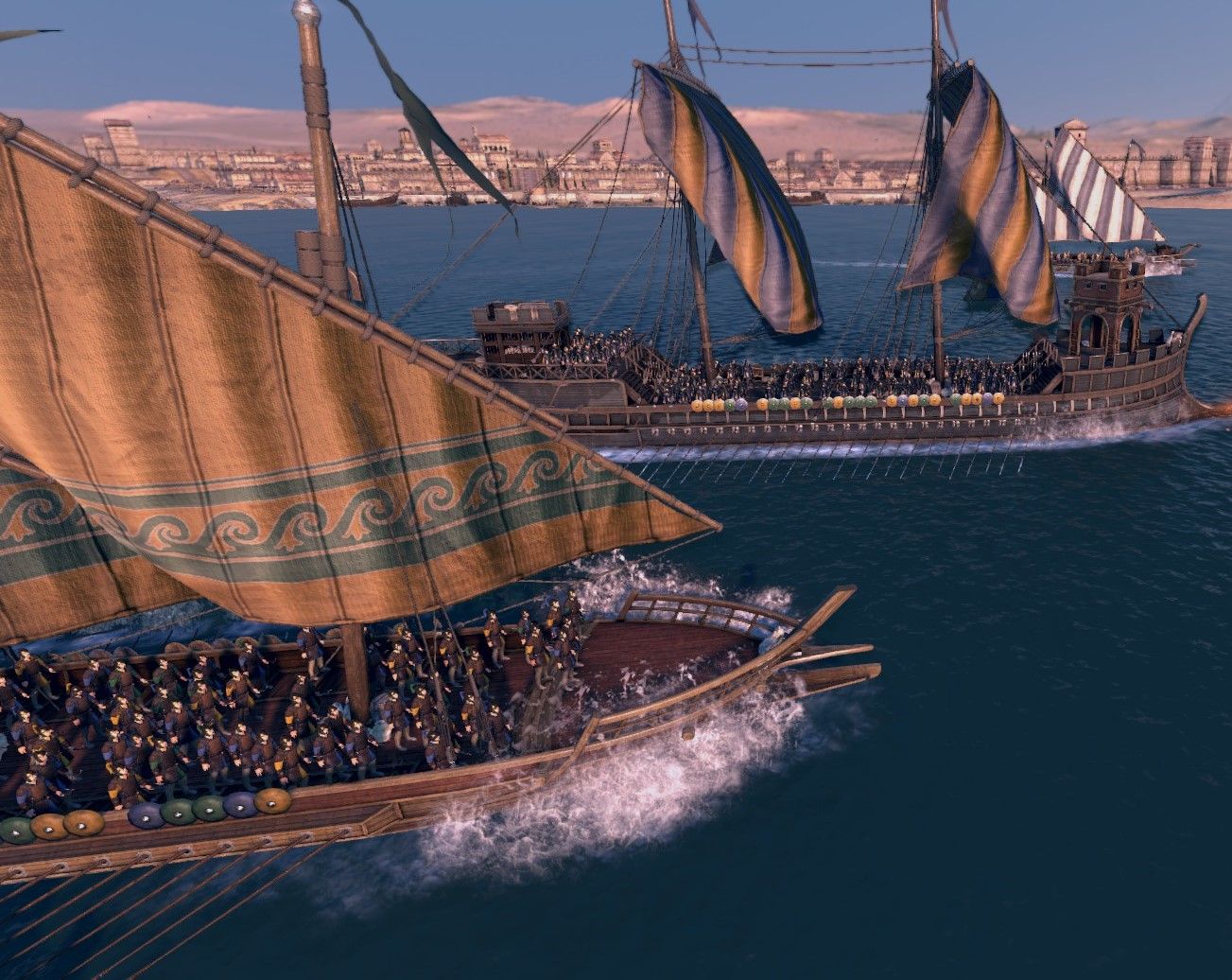
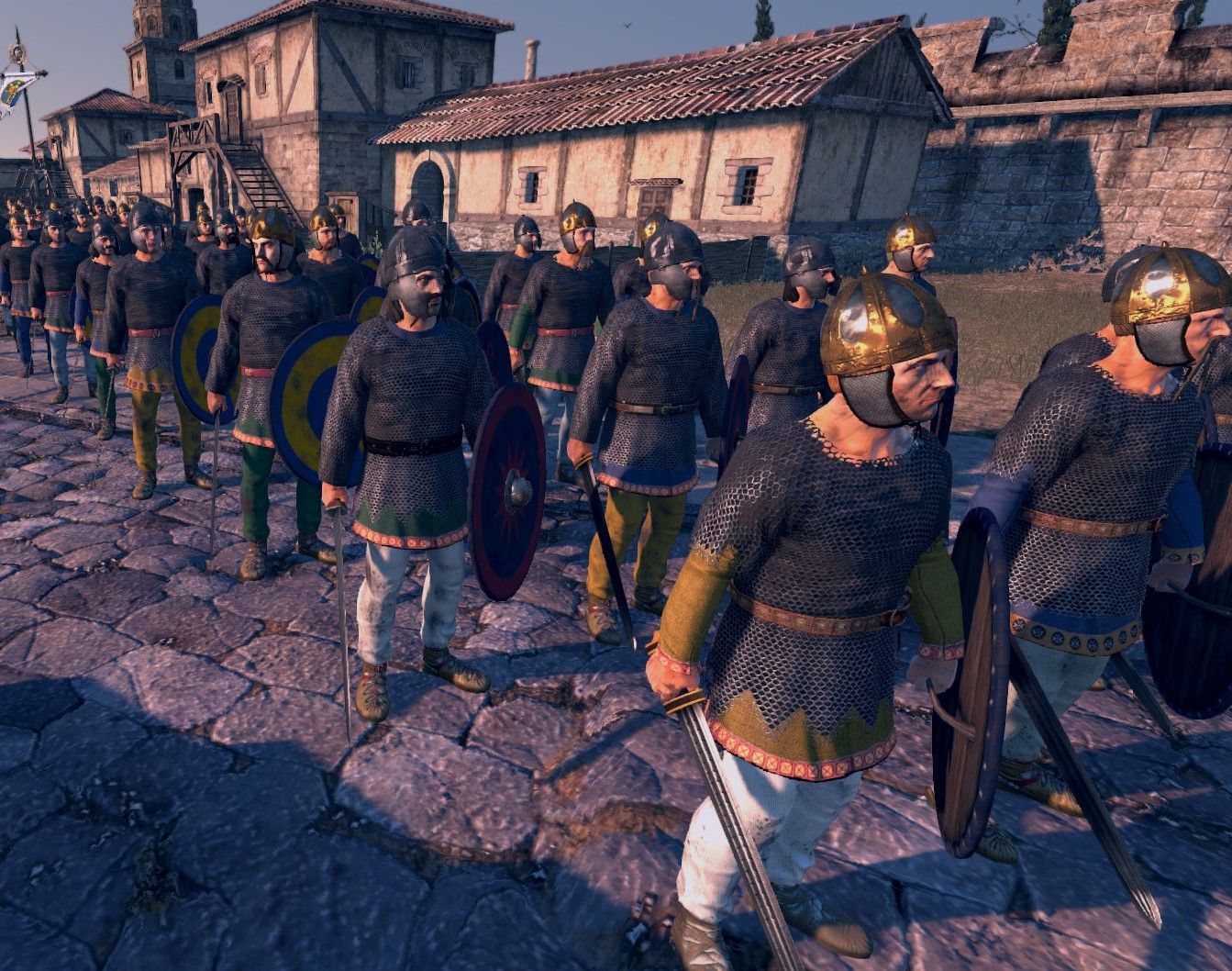
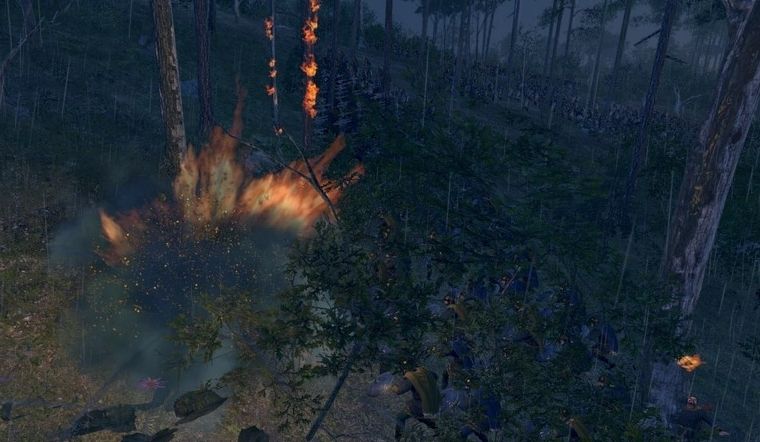
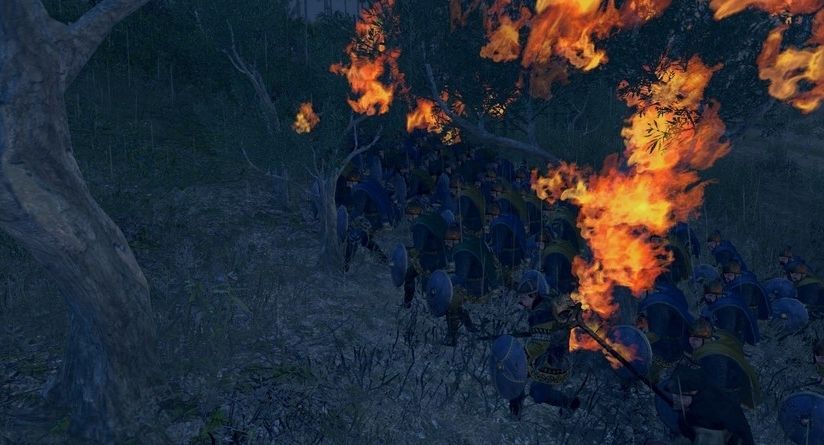
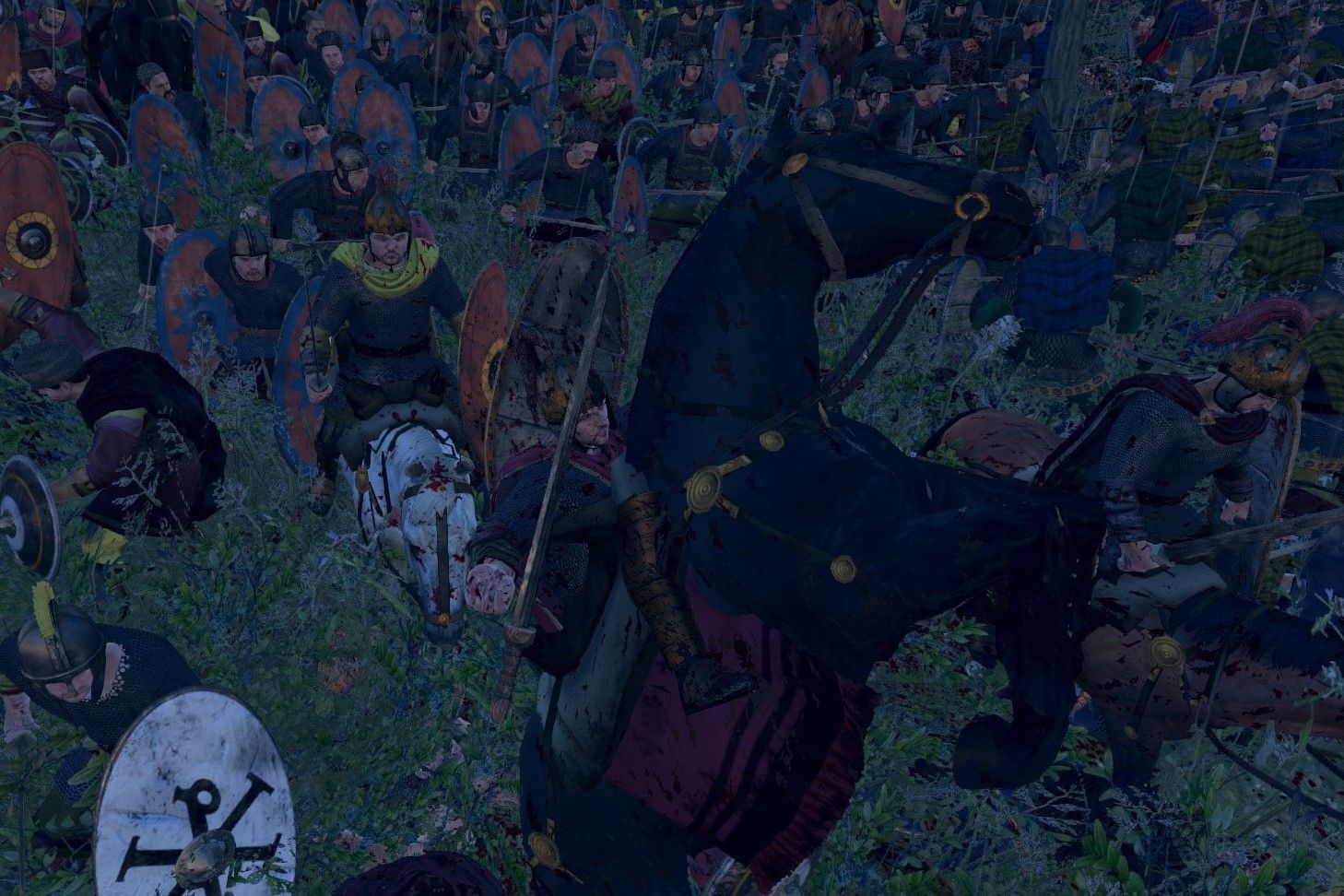
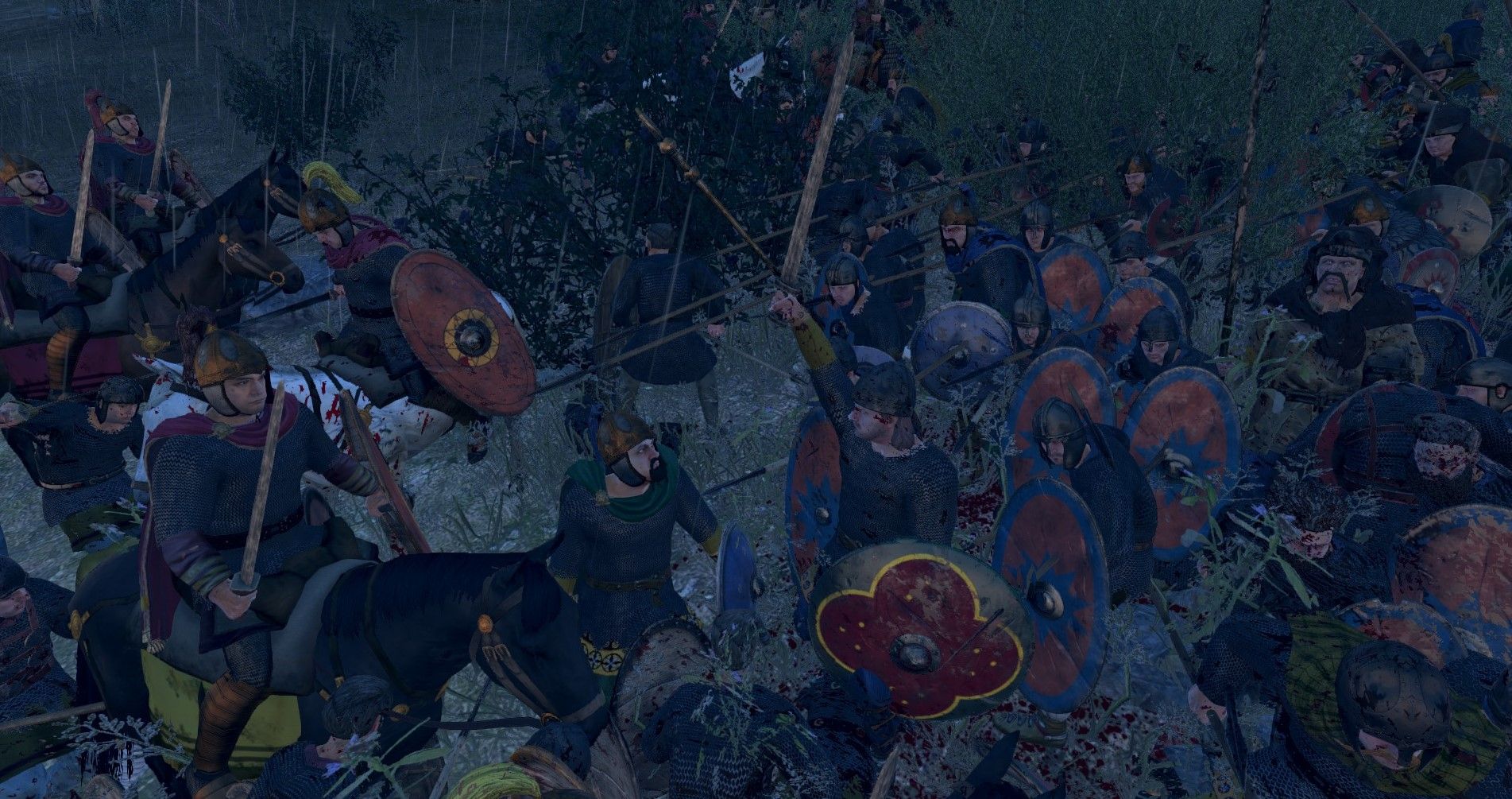
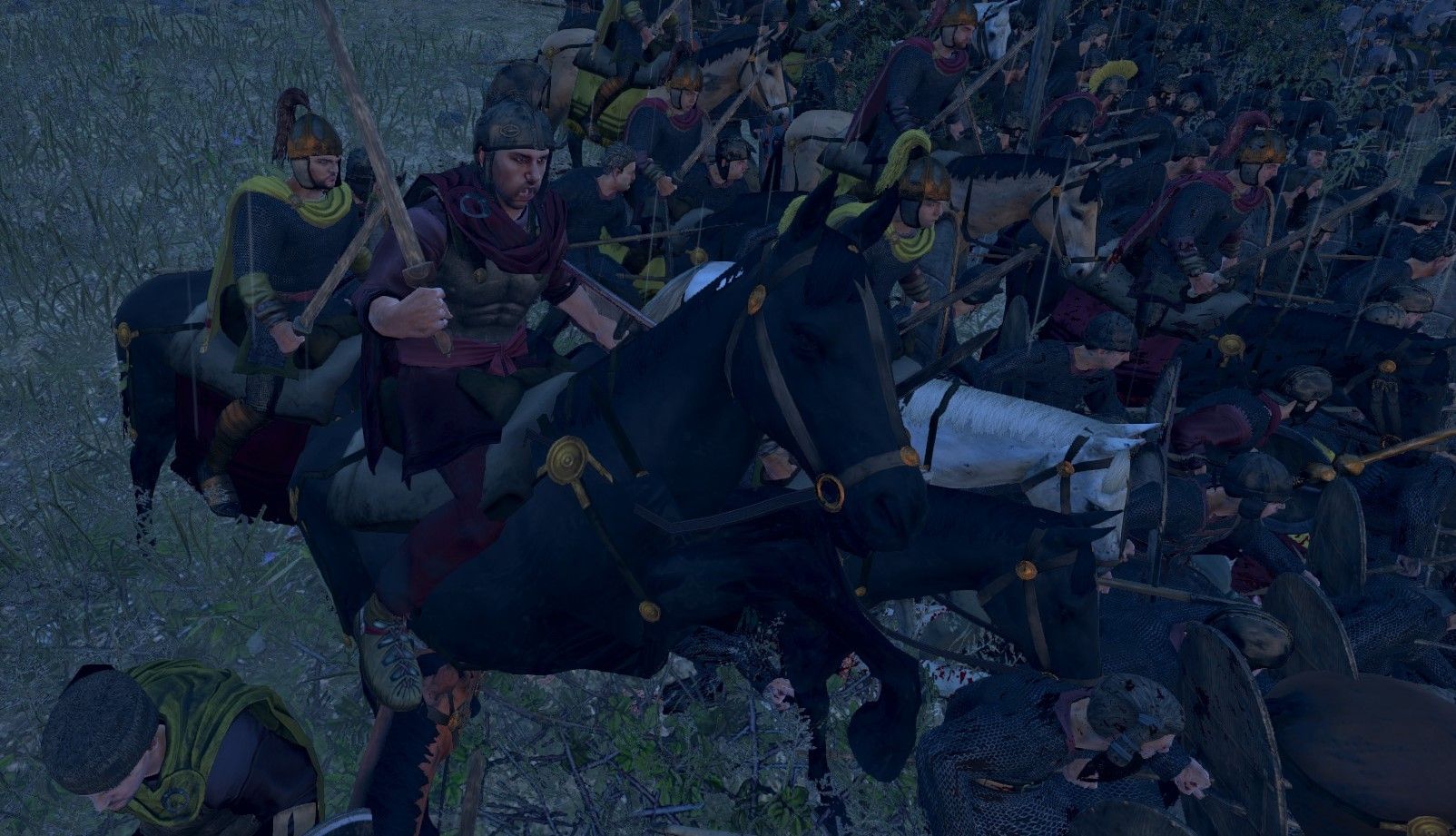
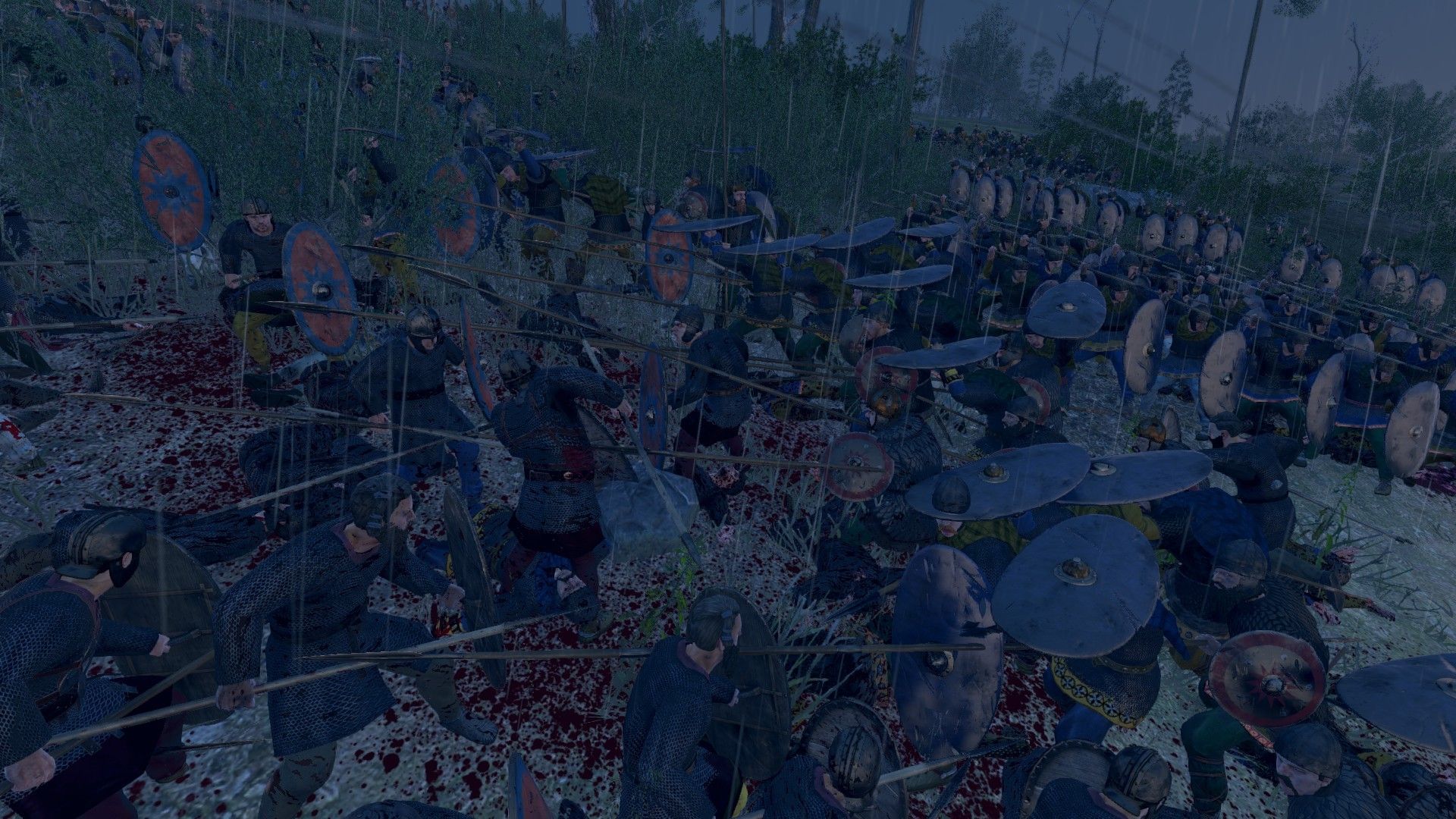
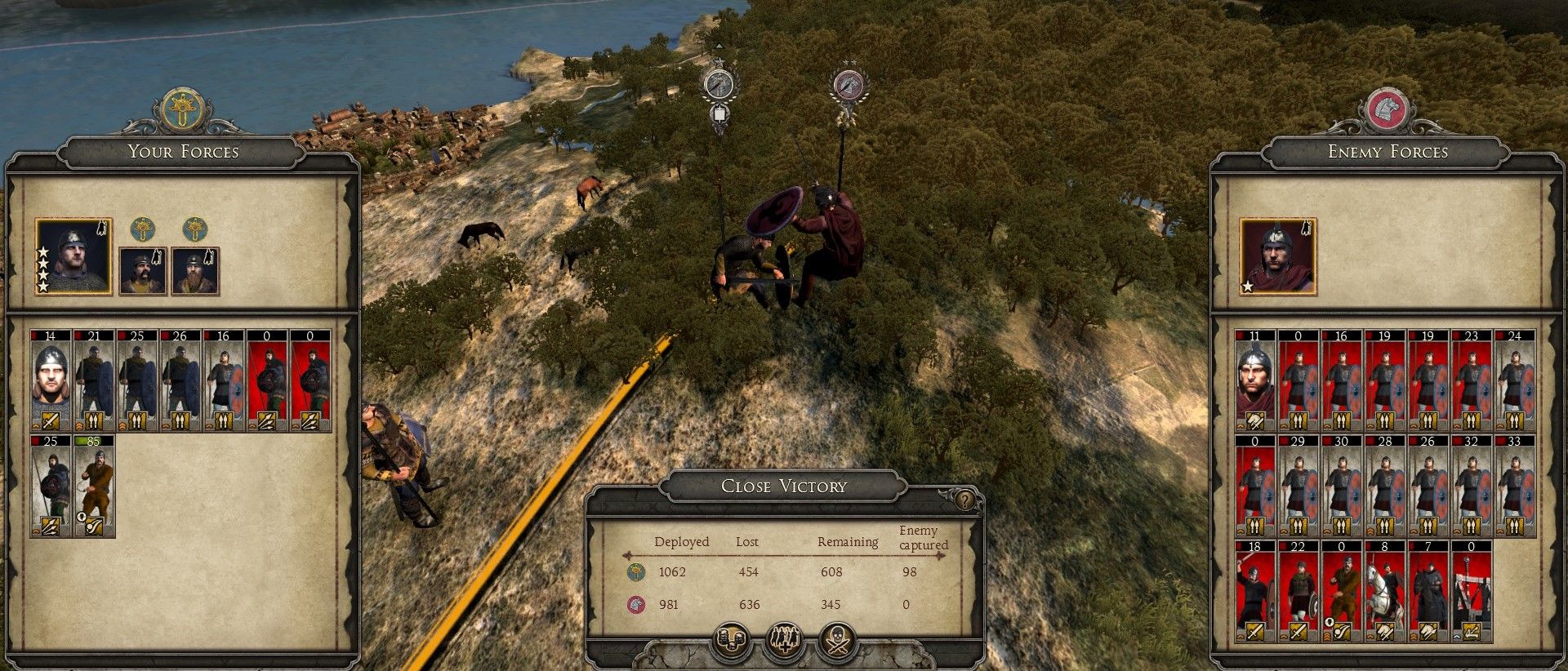
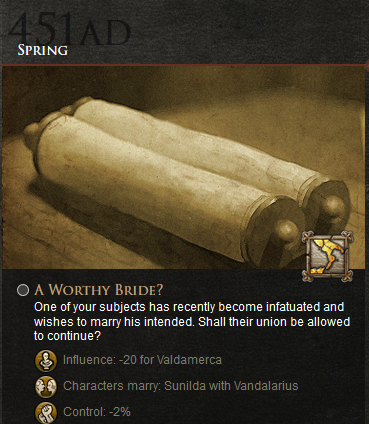
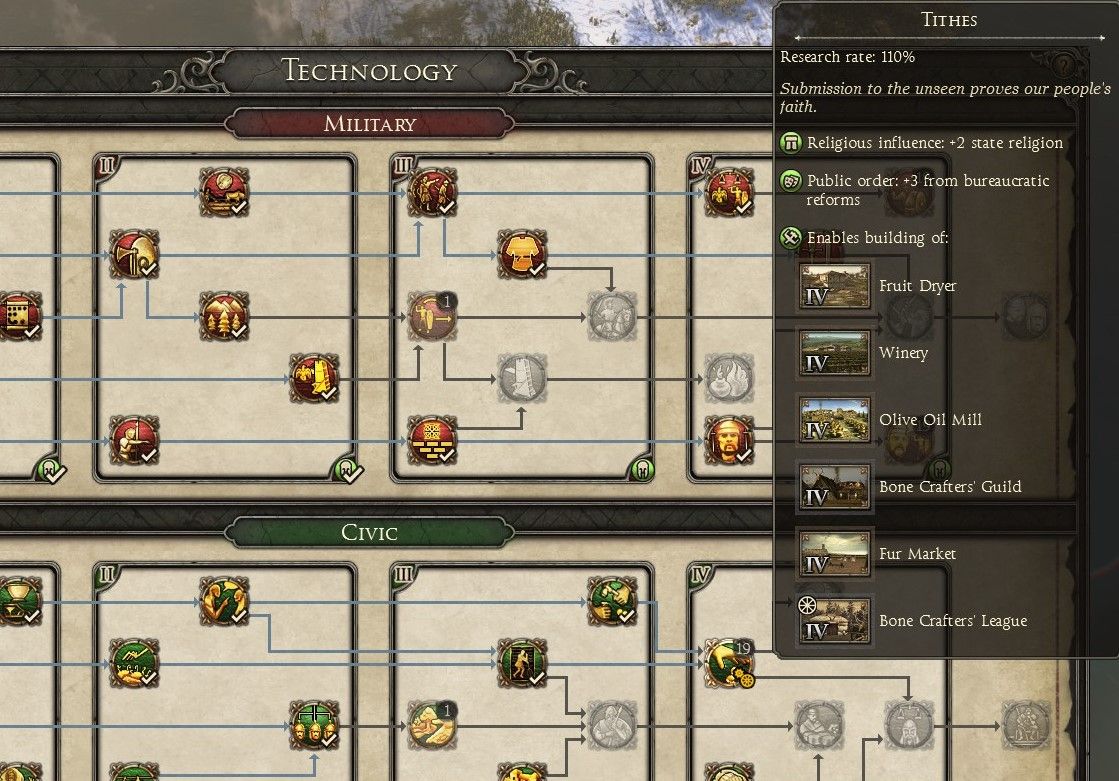
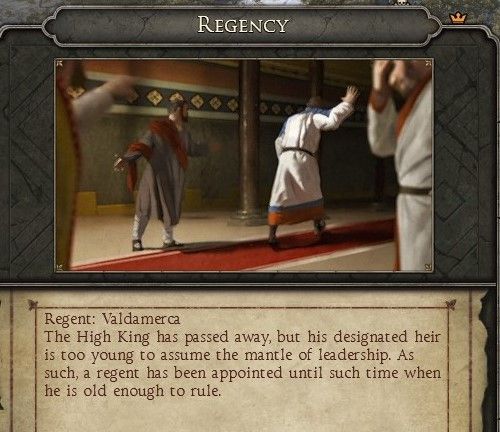
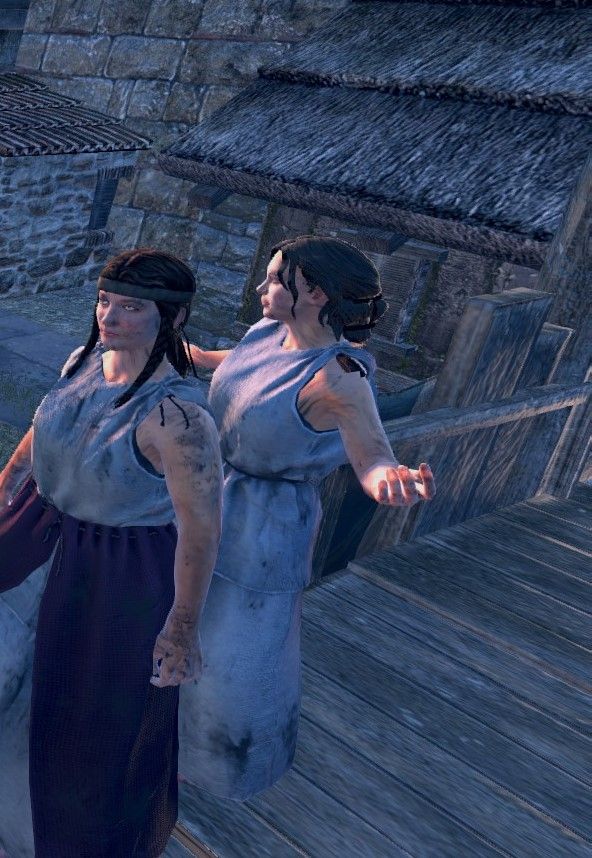

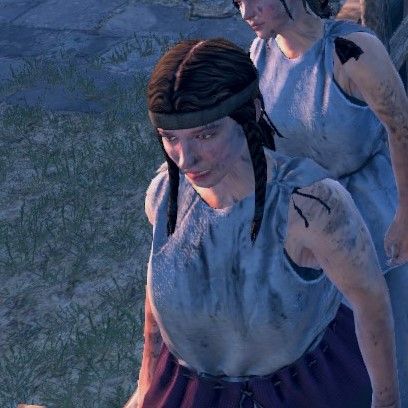
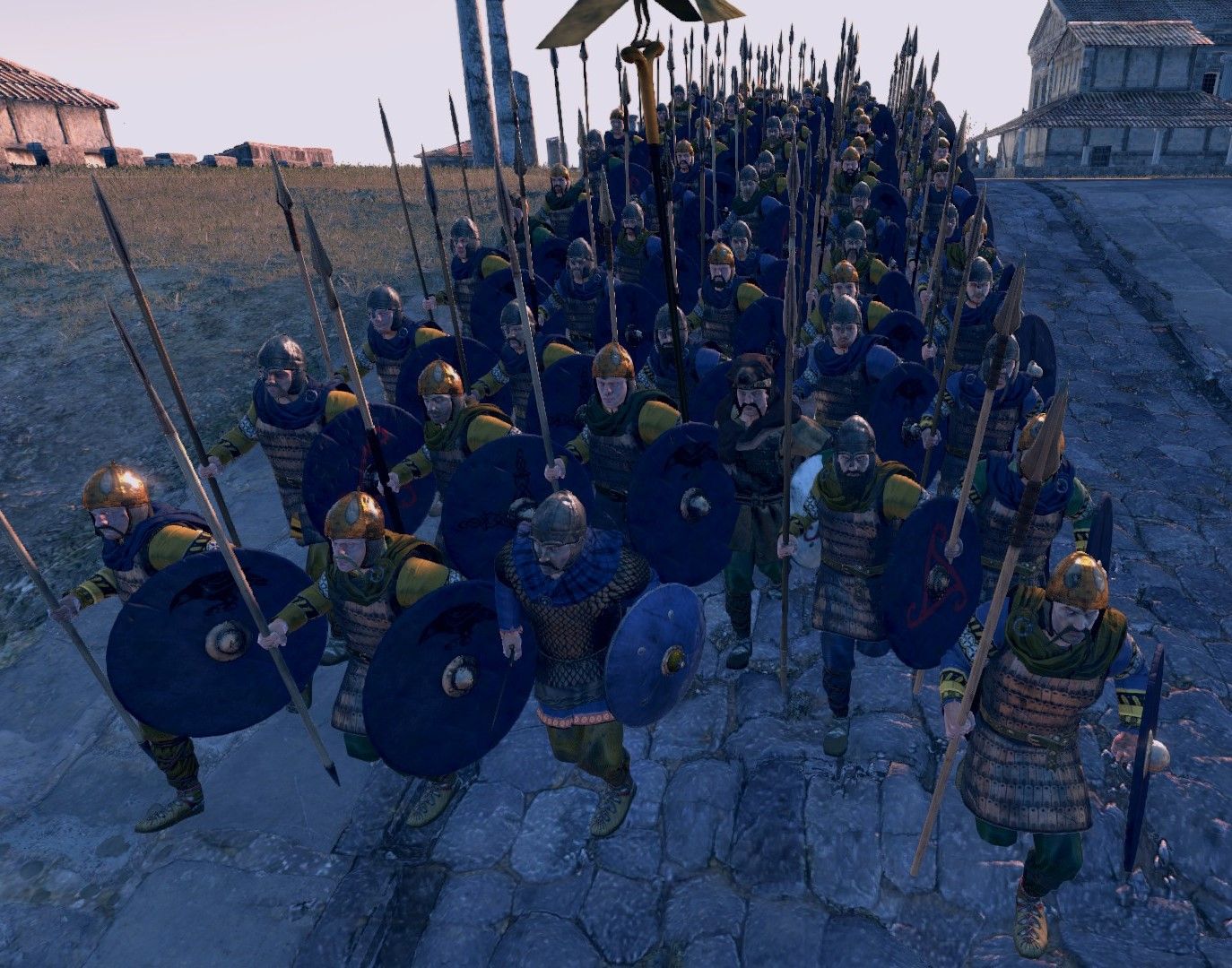
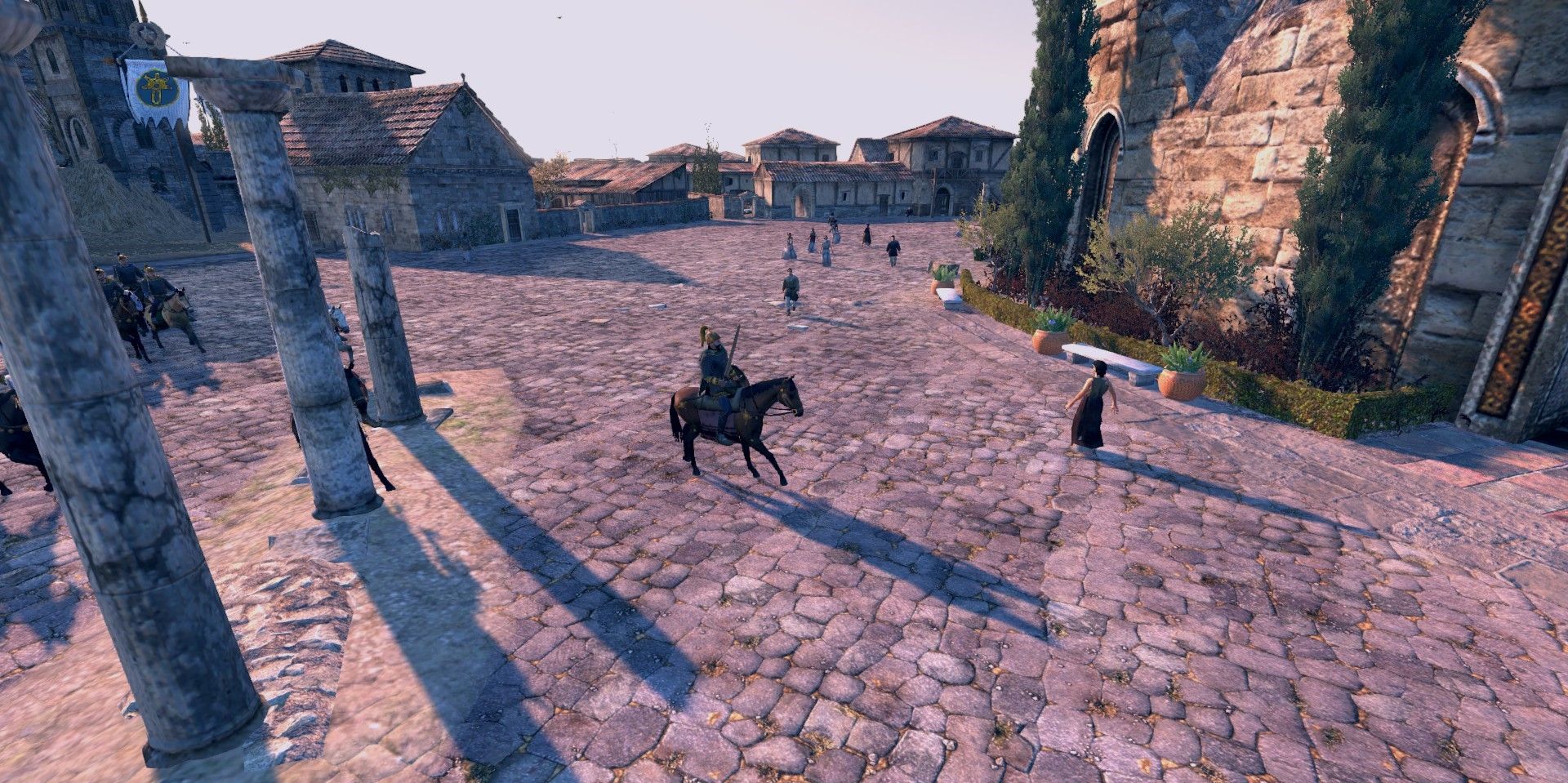
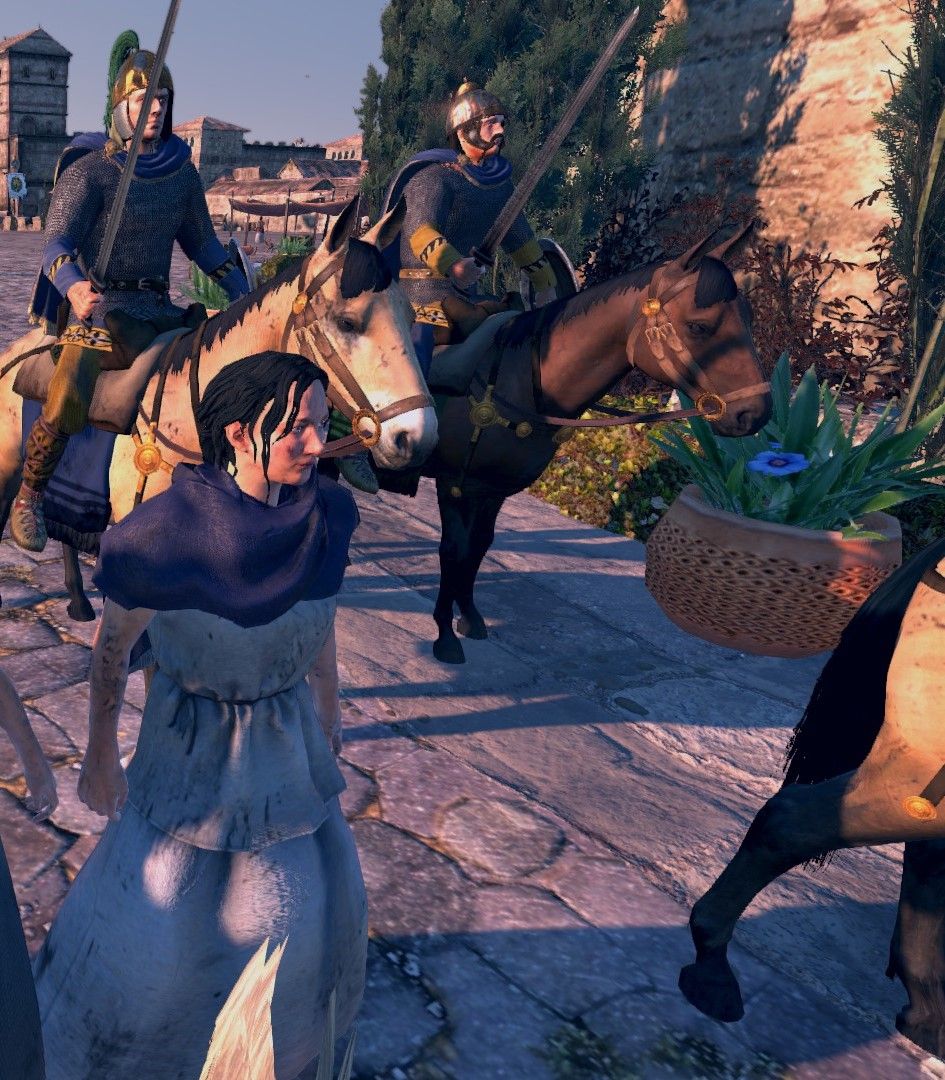
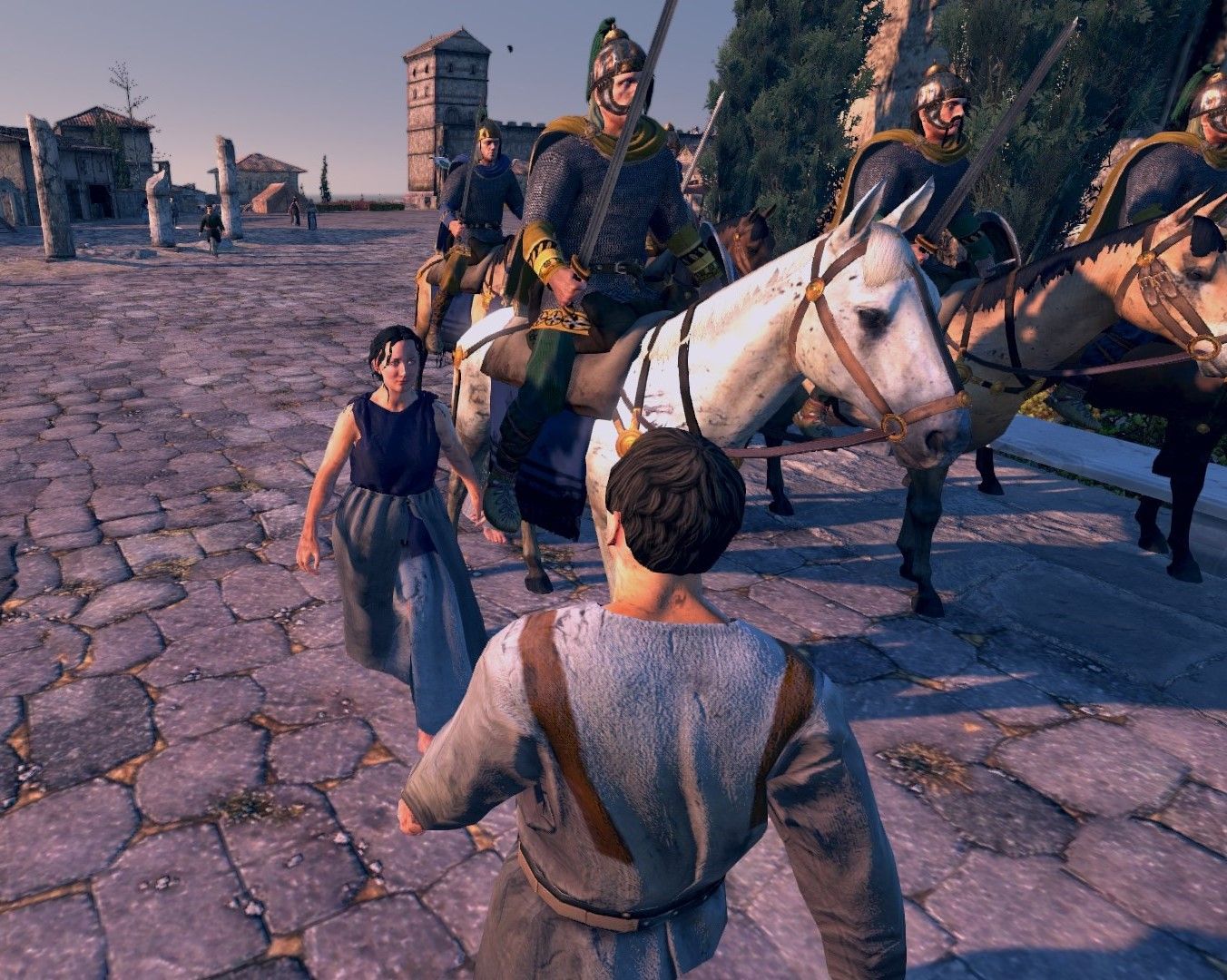
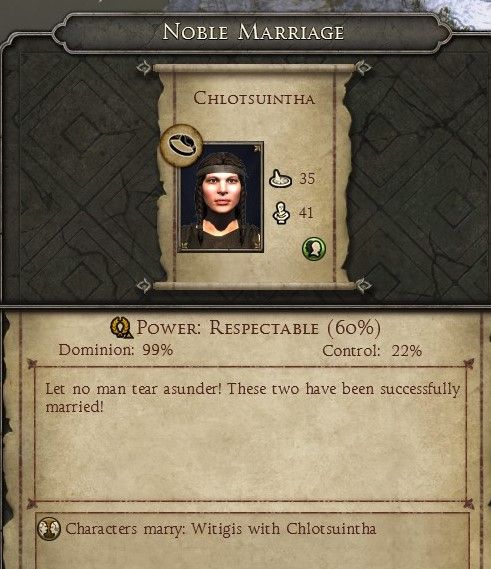
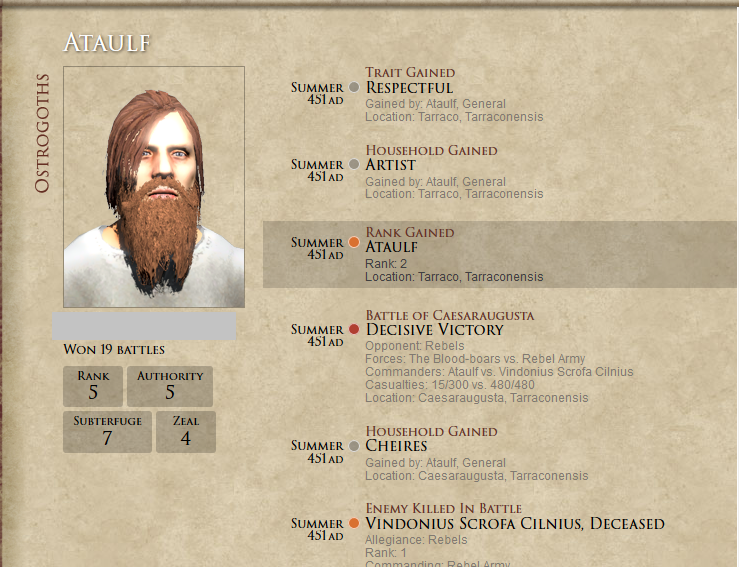


 Reply With Quote
Reply With Quote



















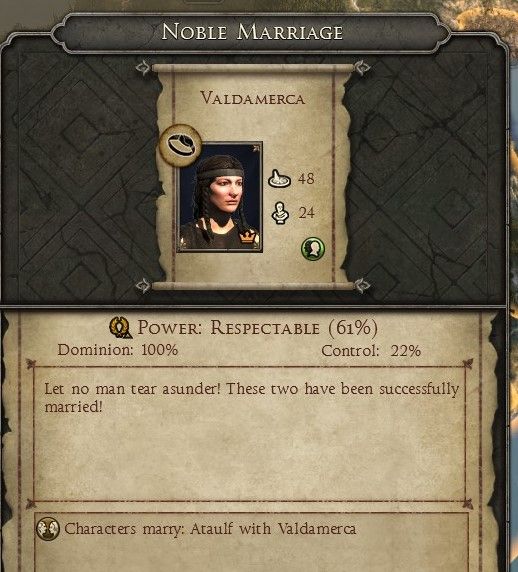
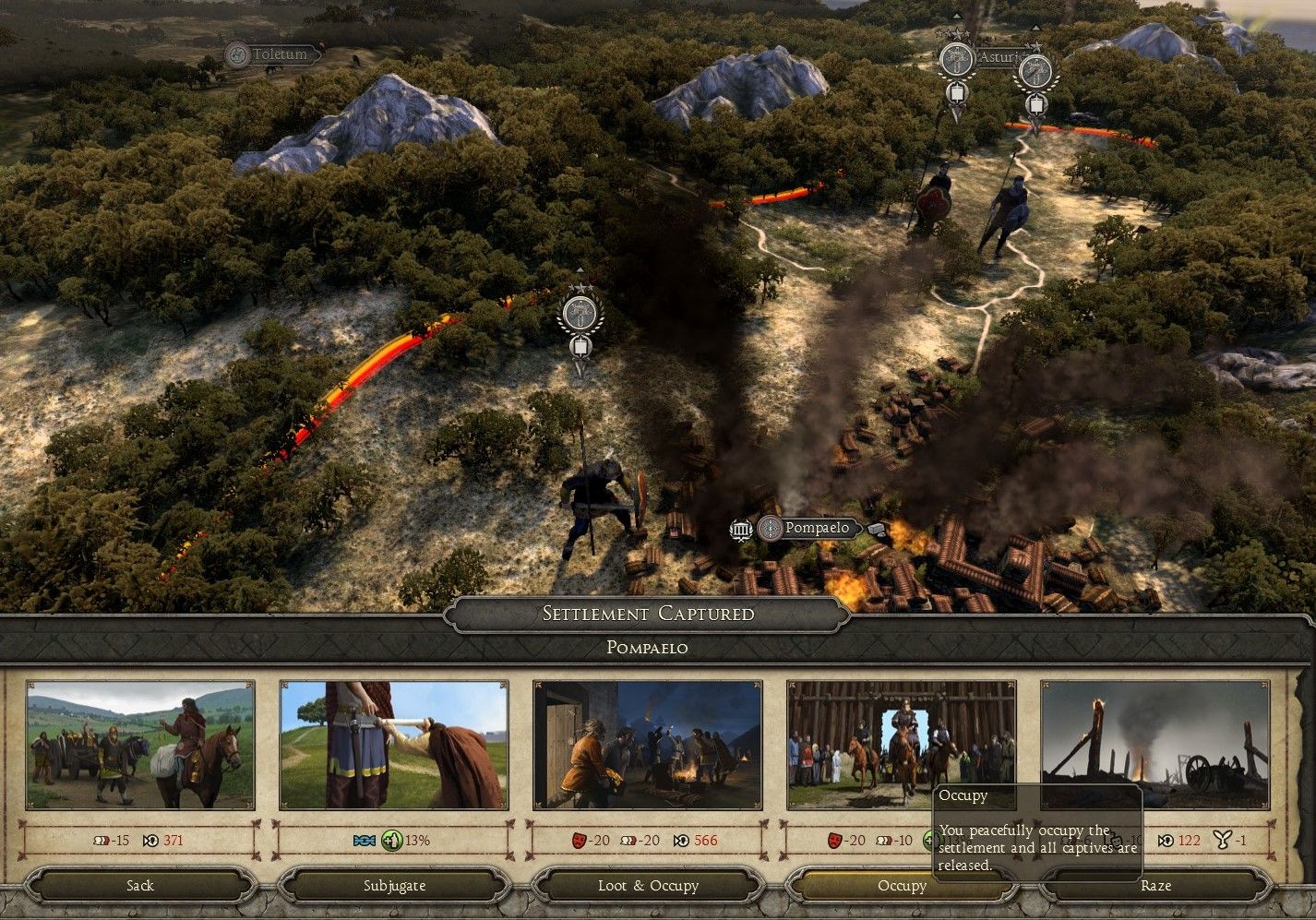
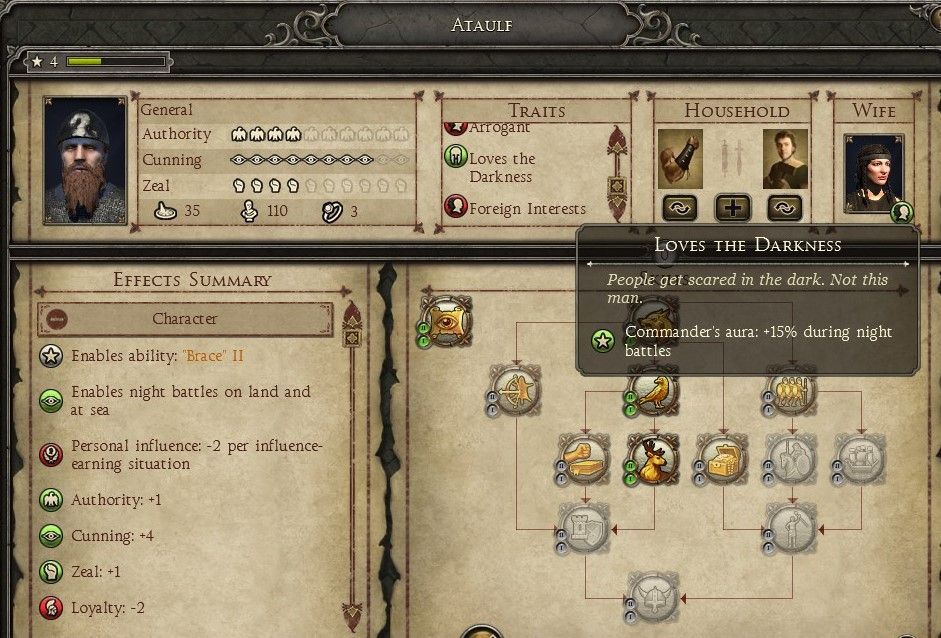
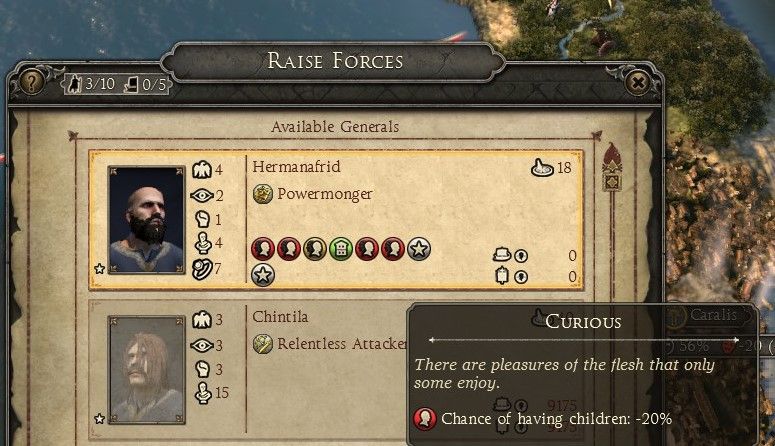
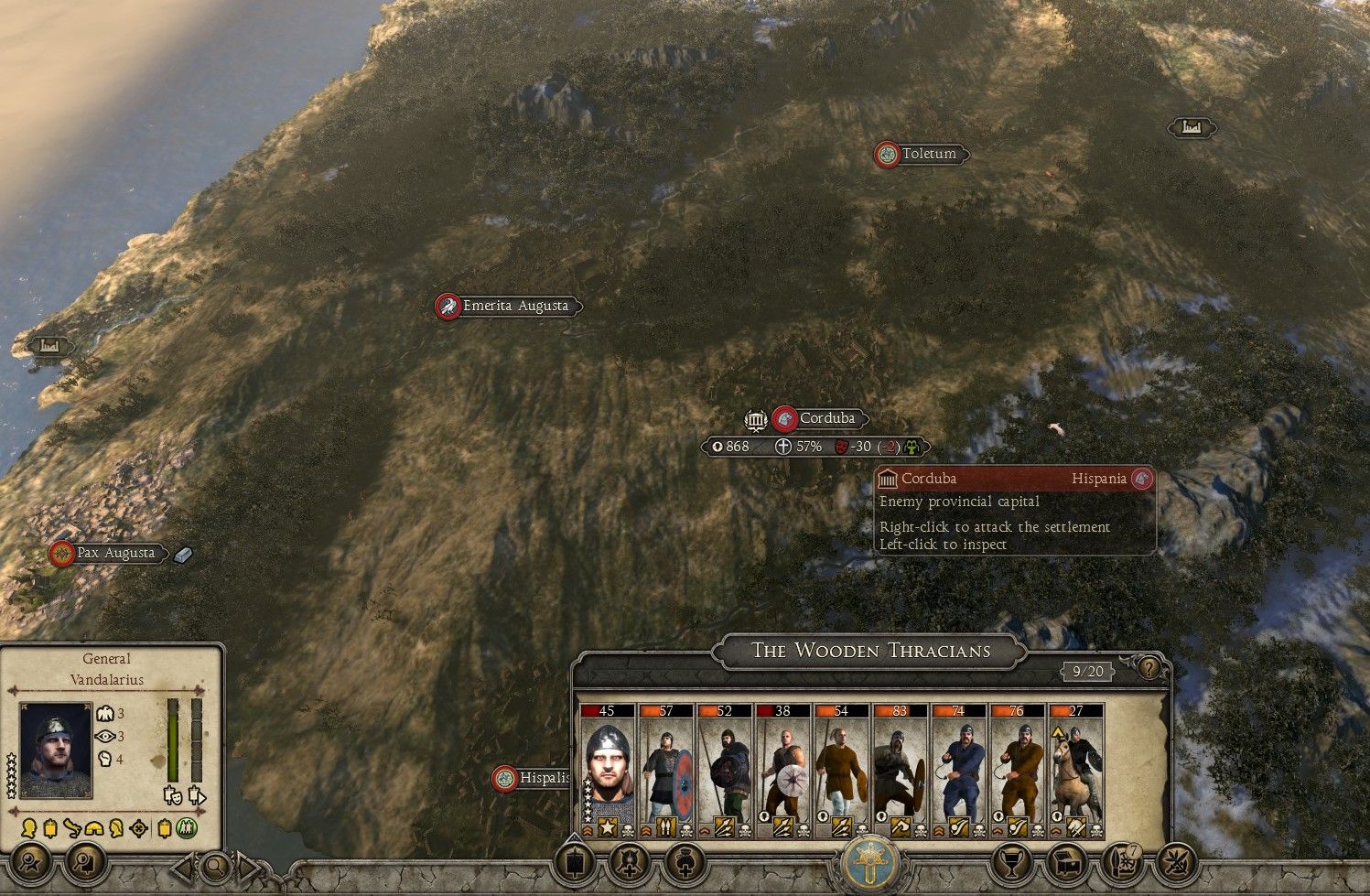
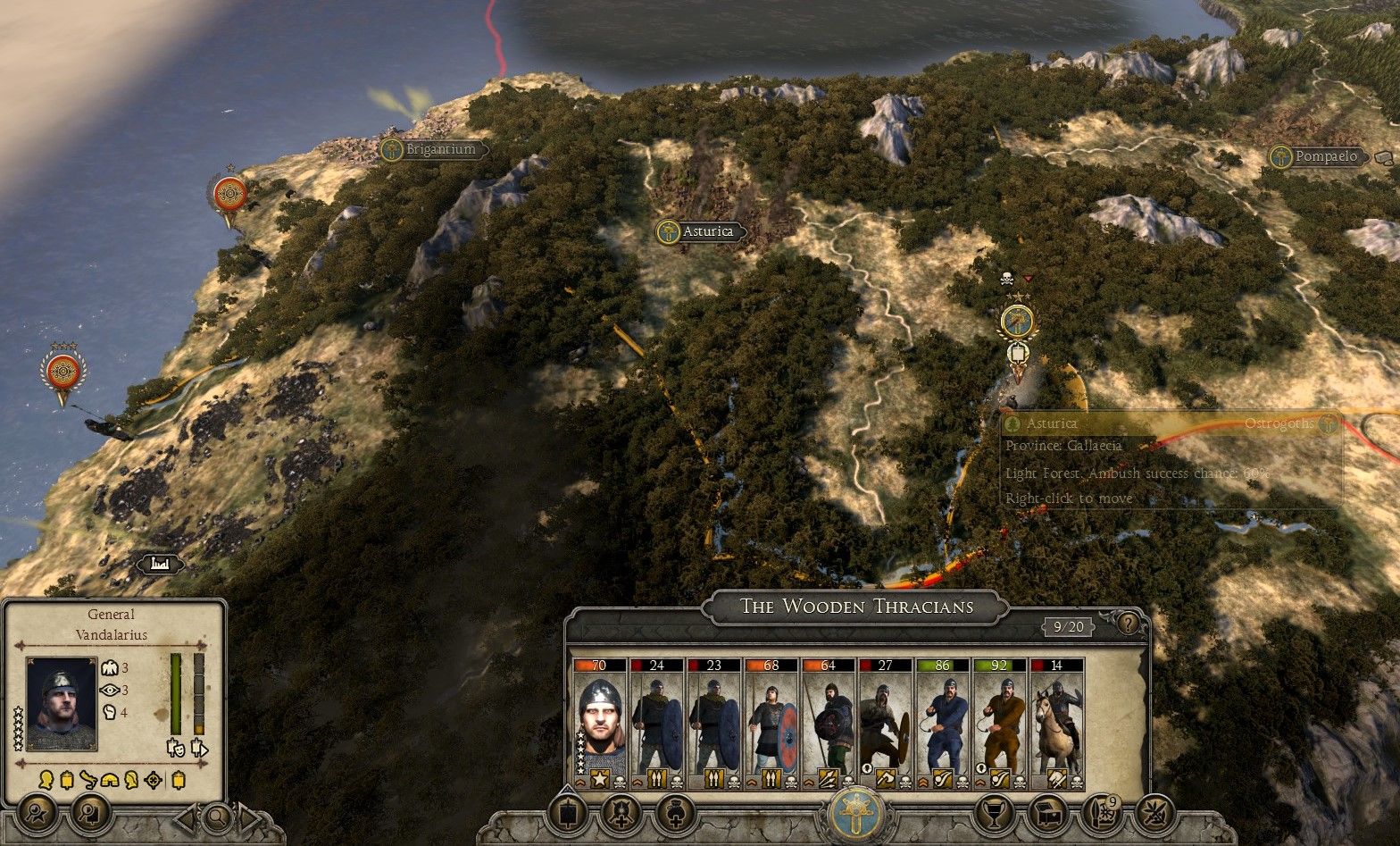
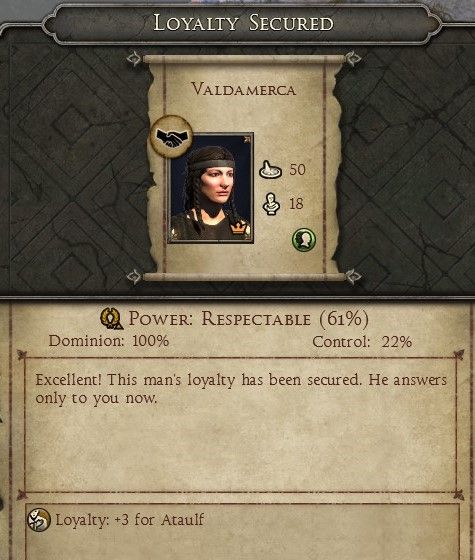
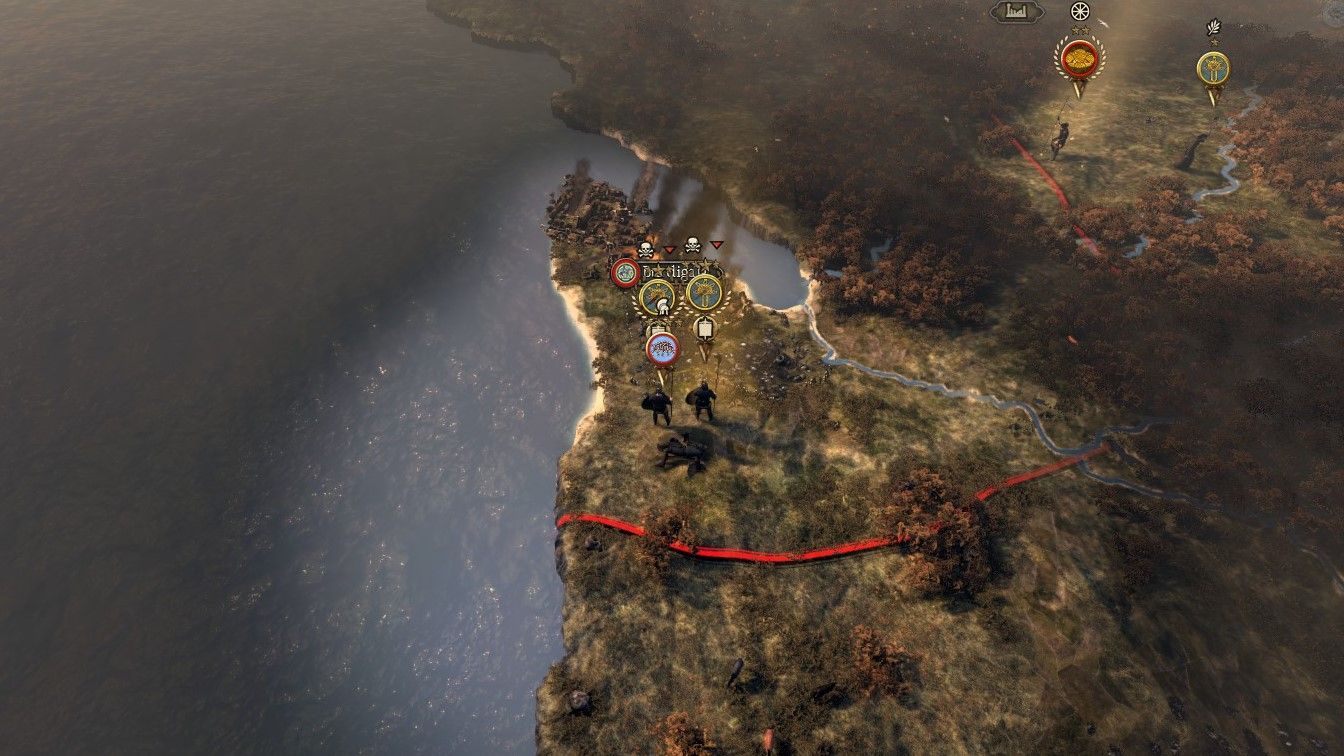



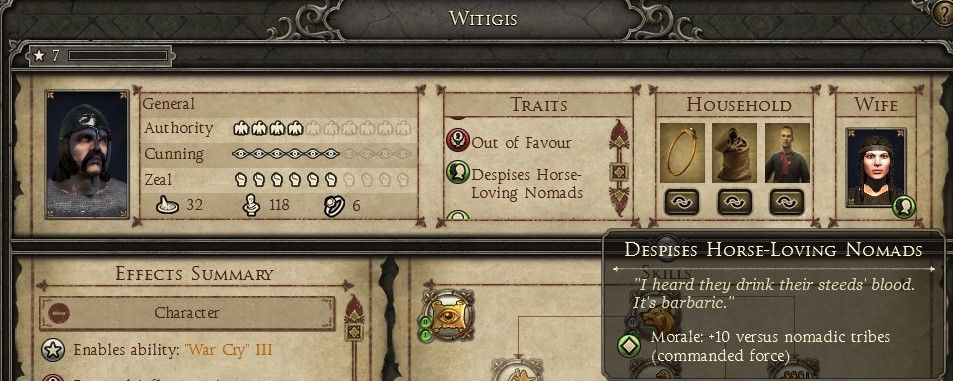
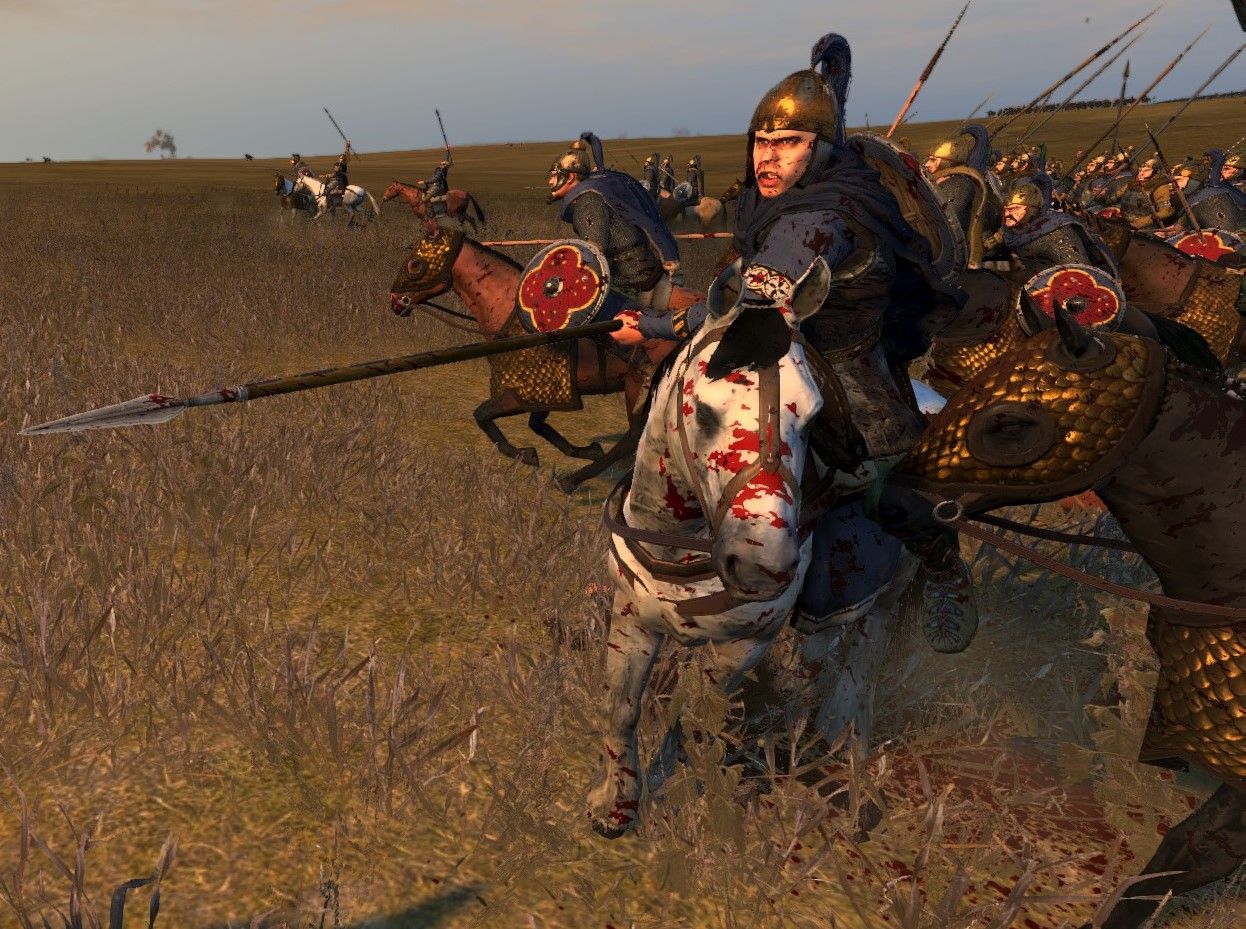
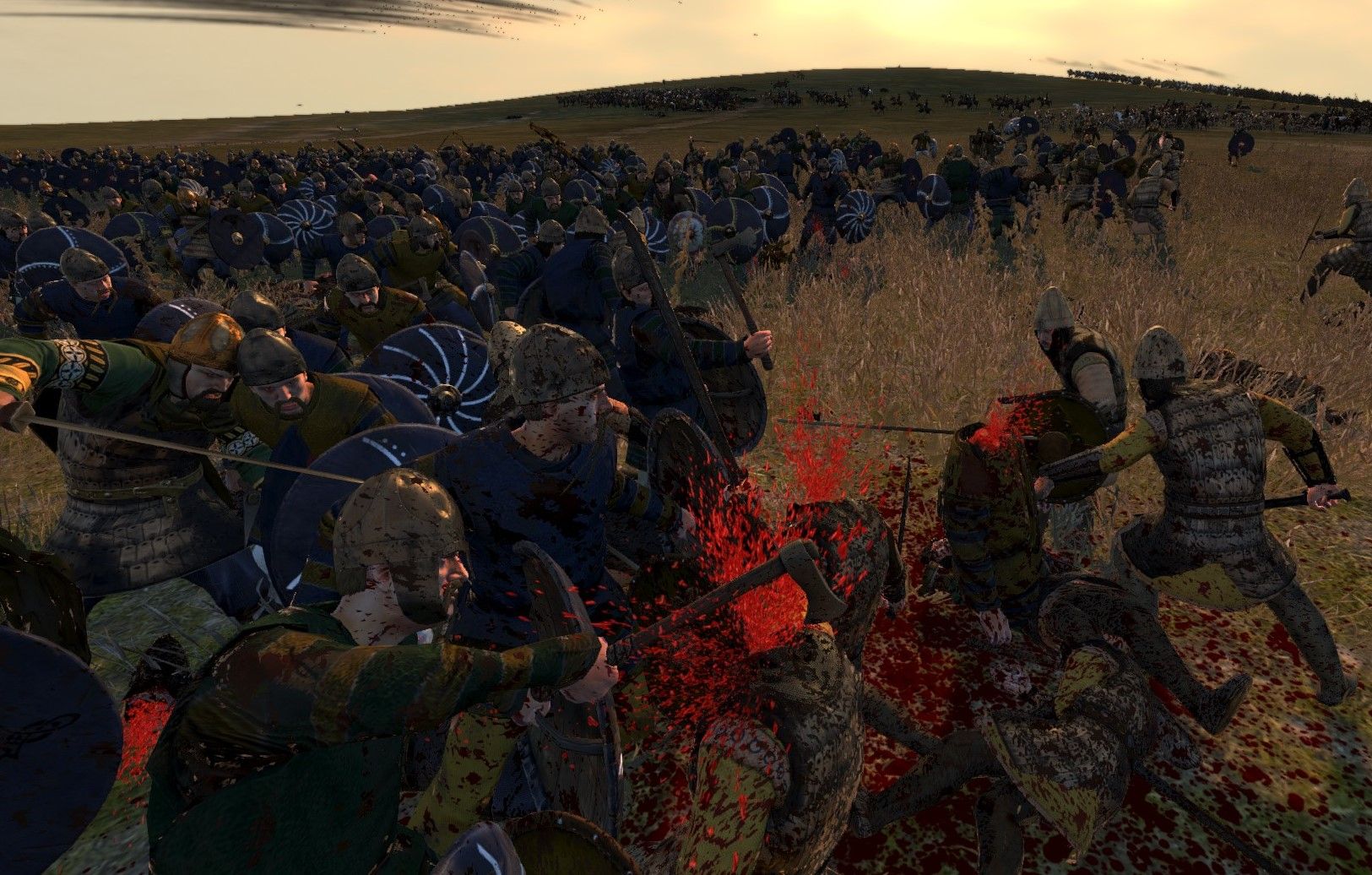
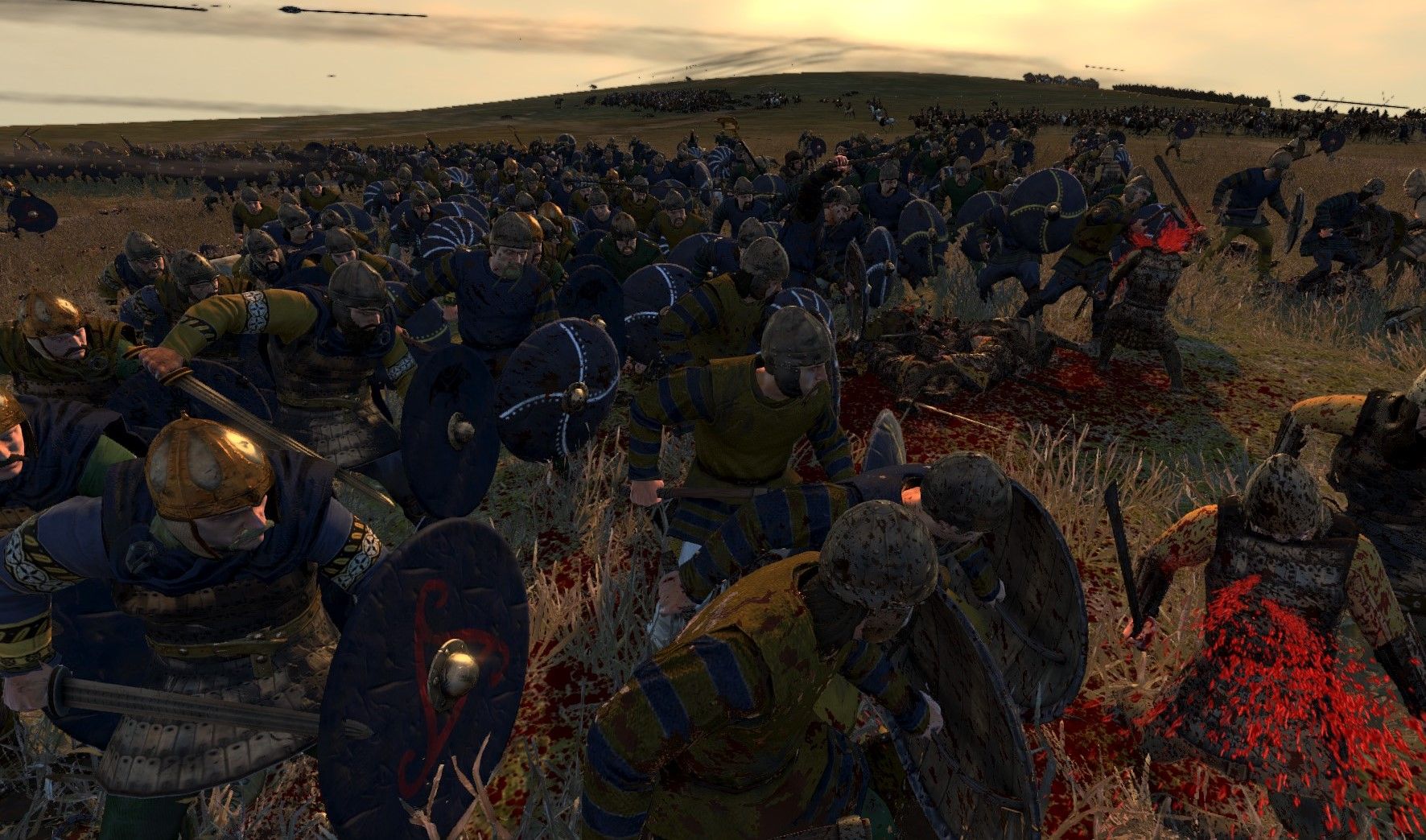
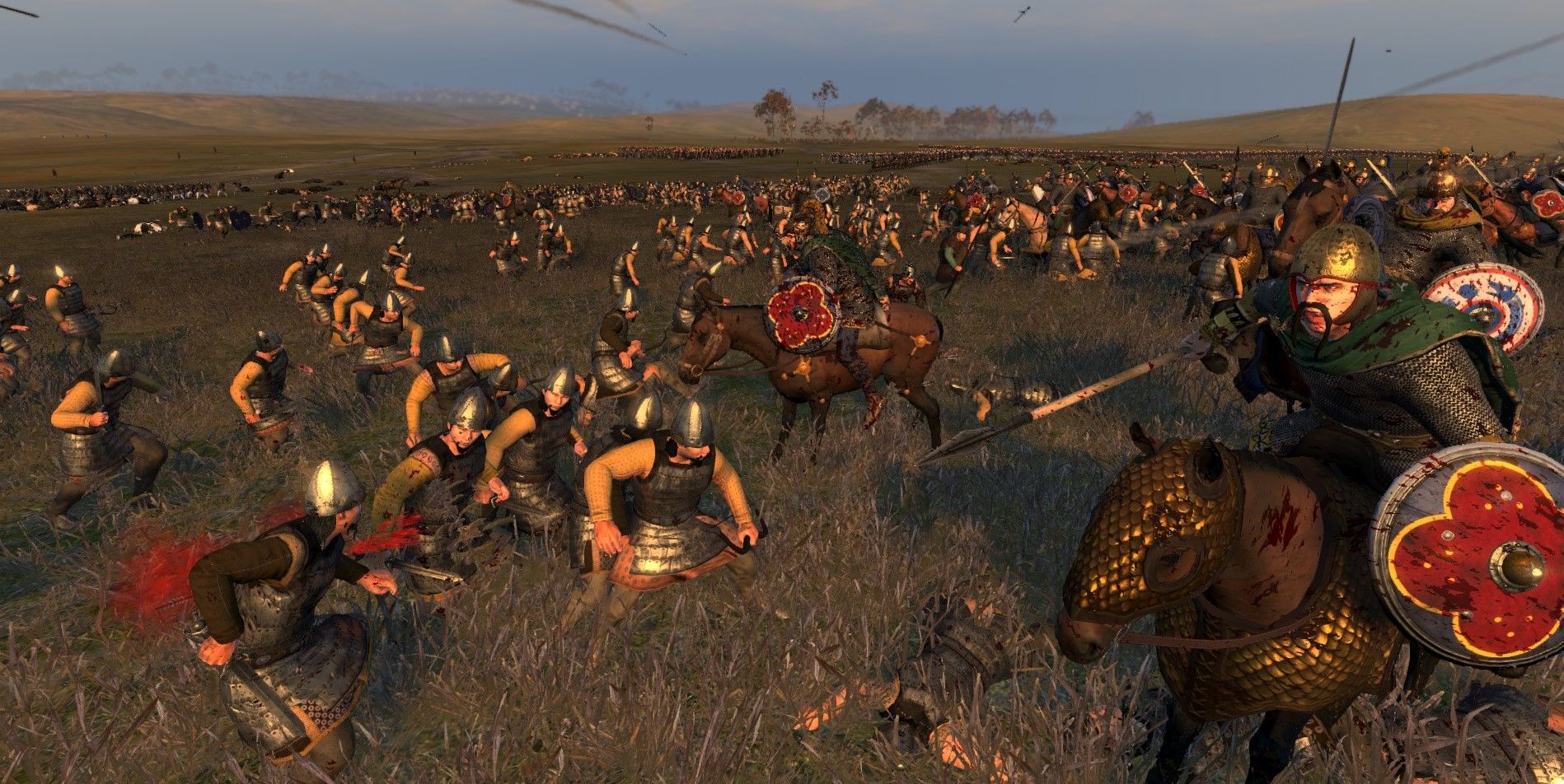
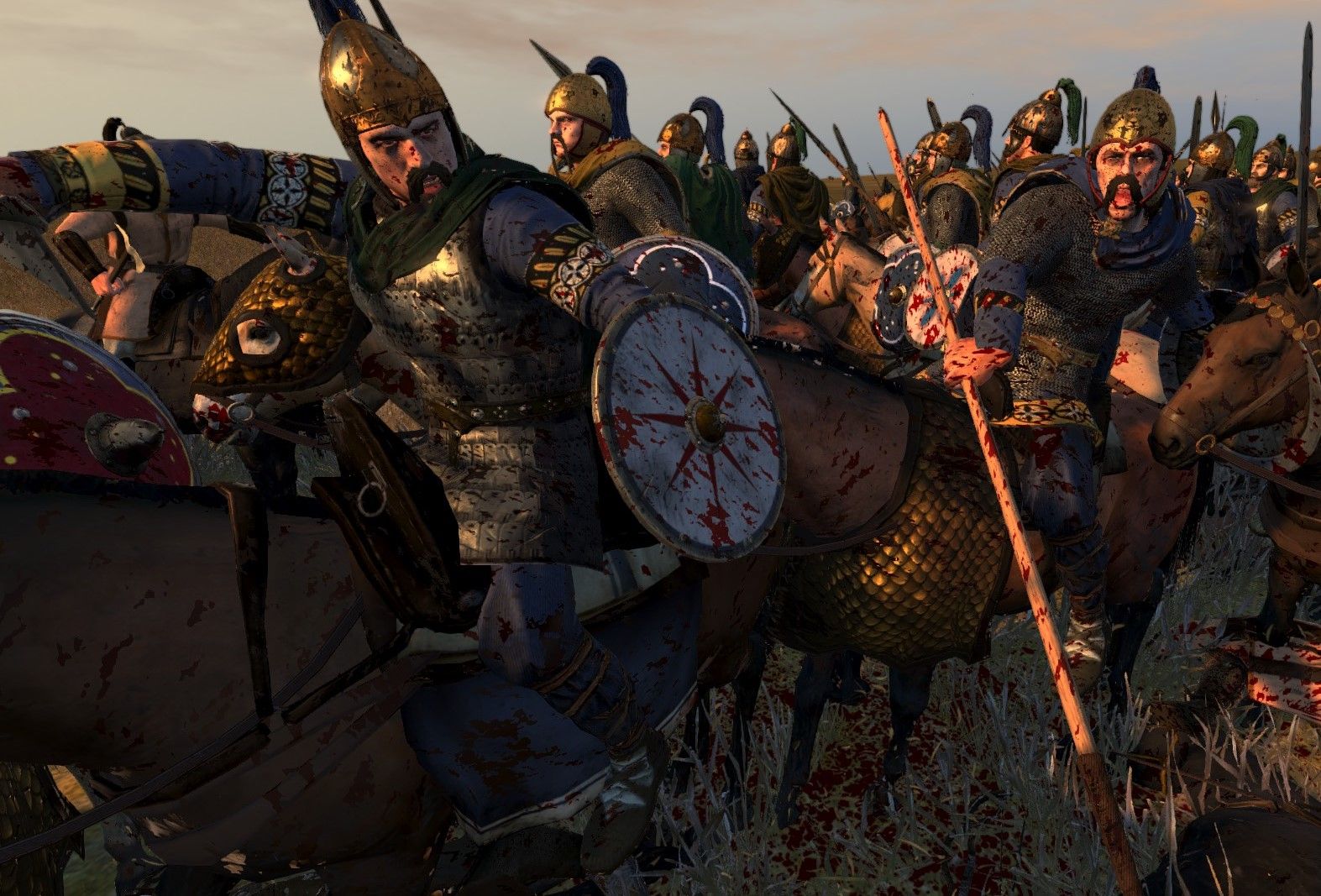
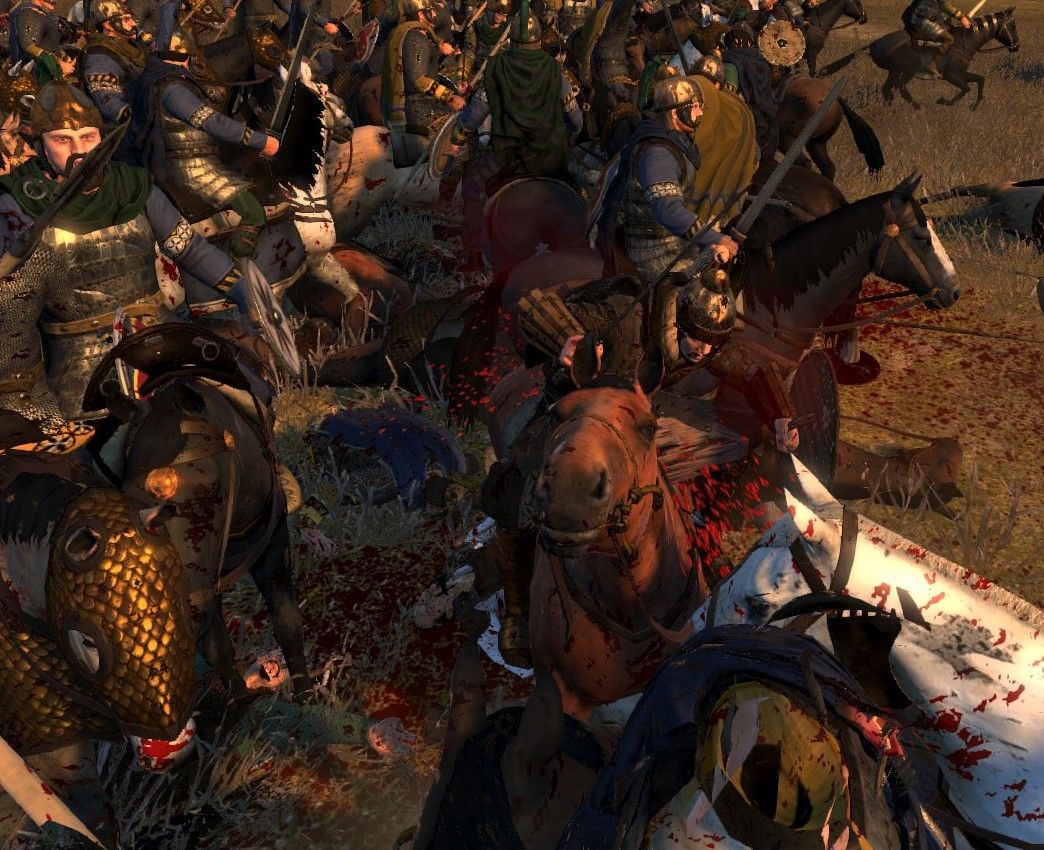
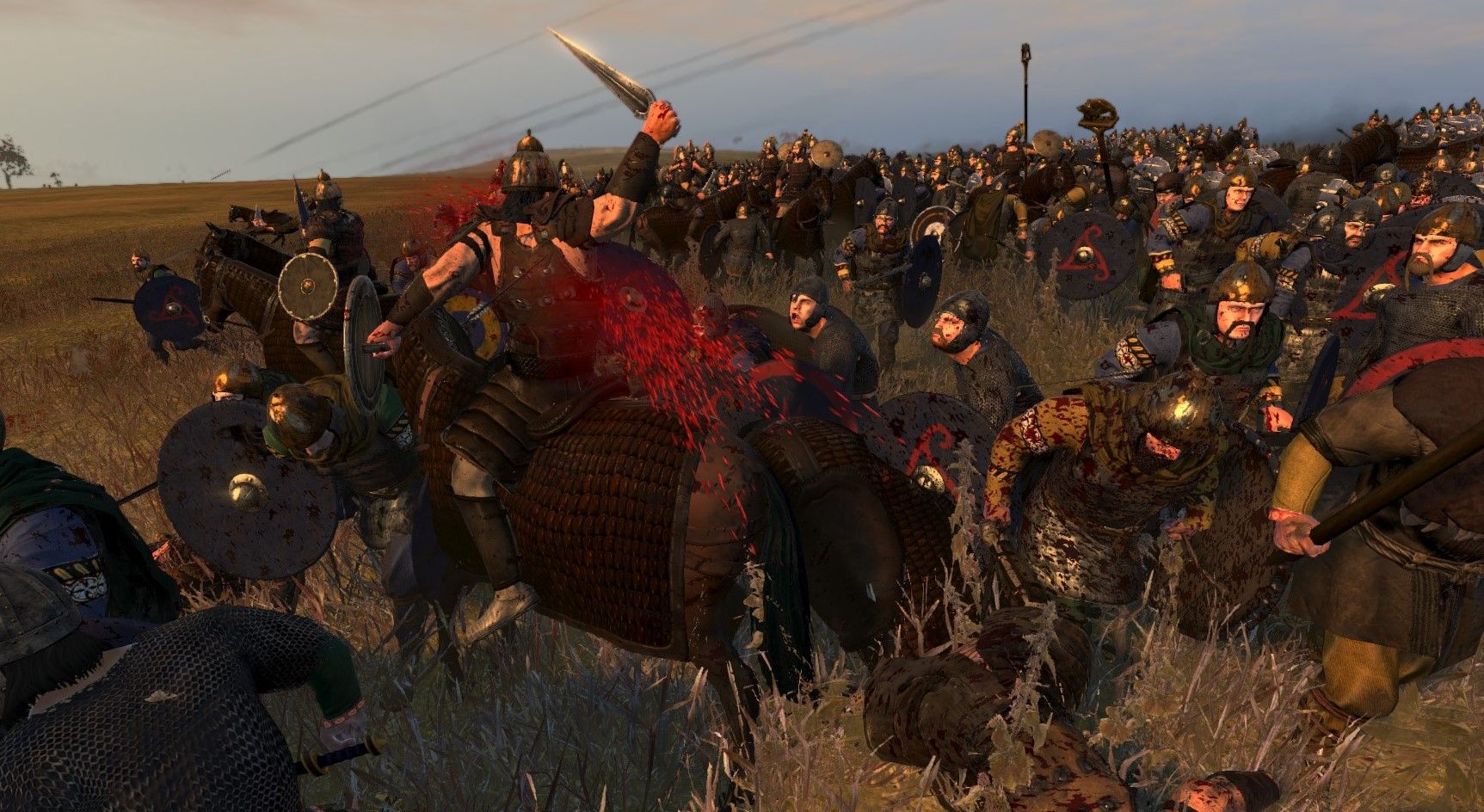
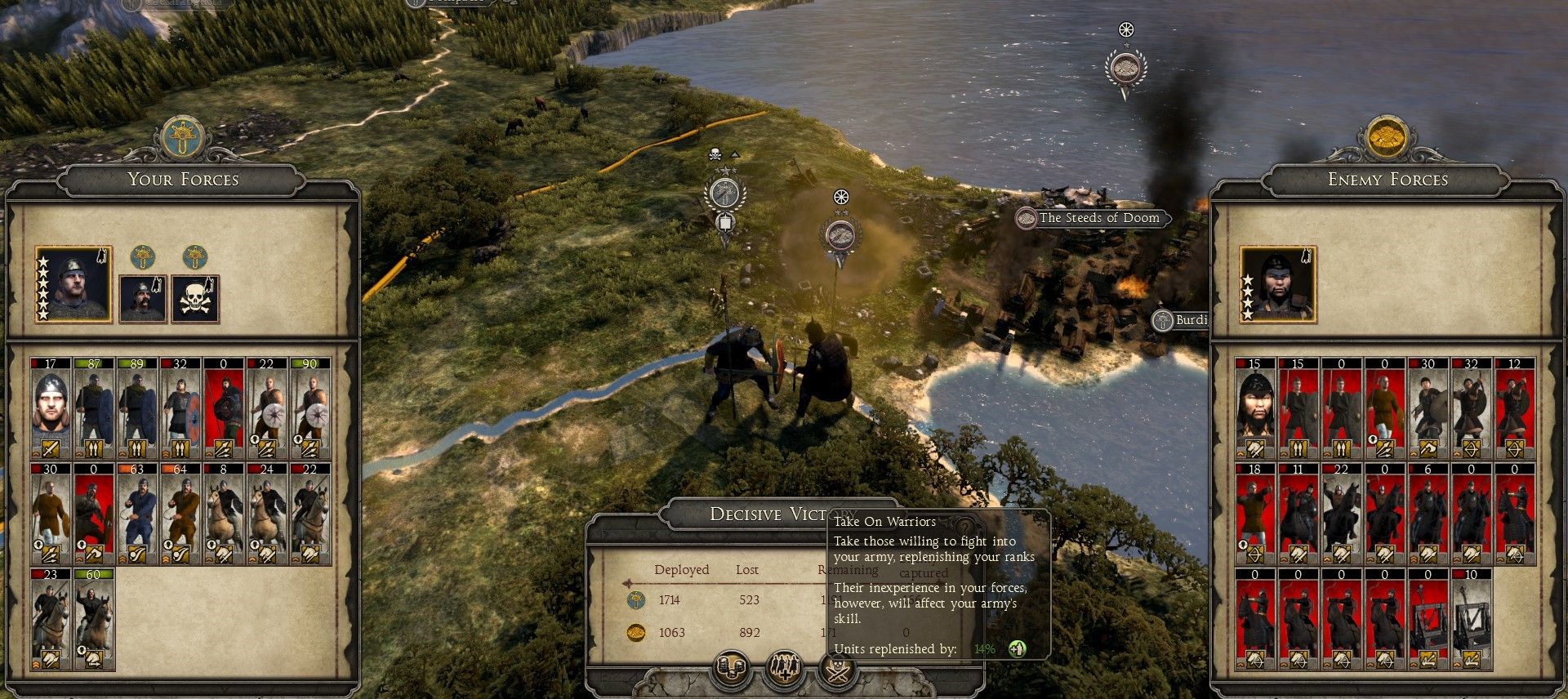
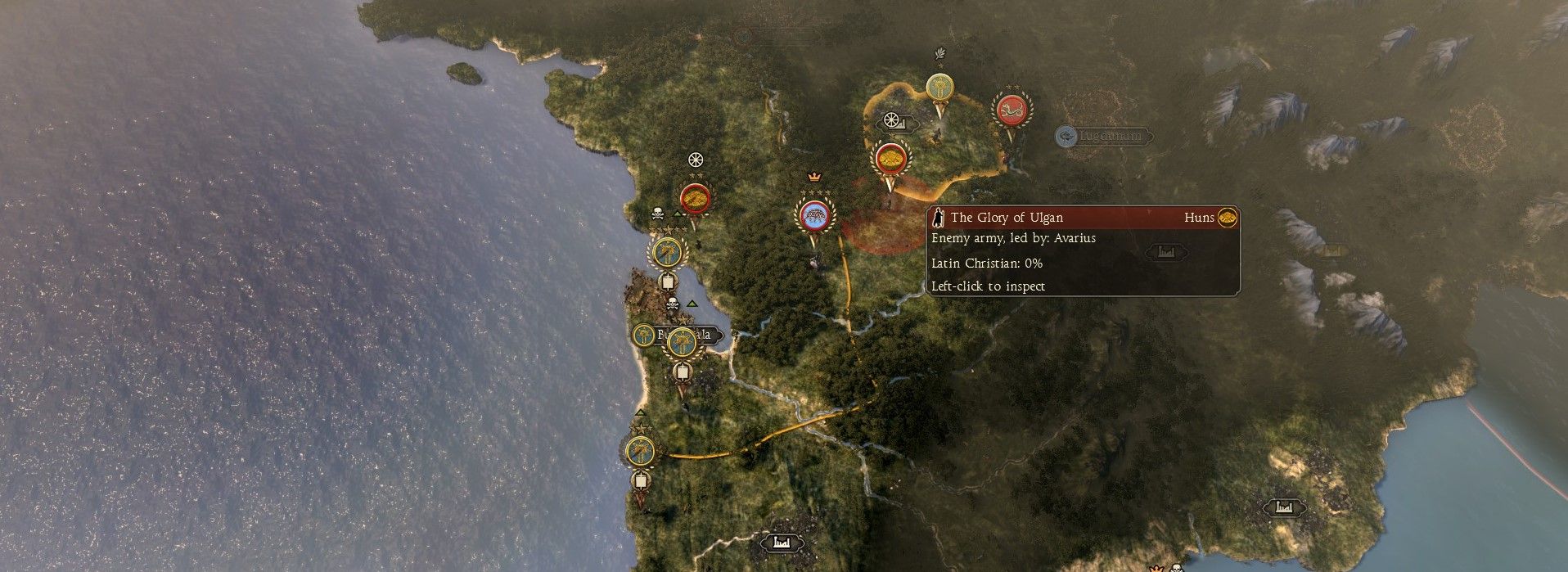
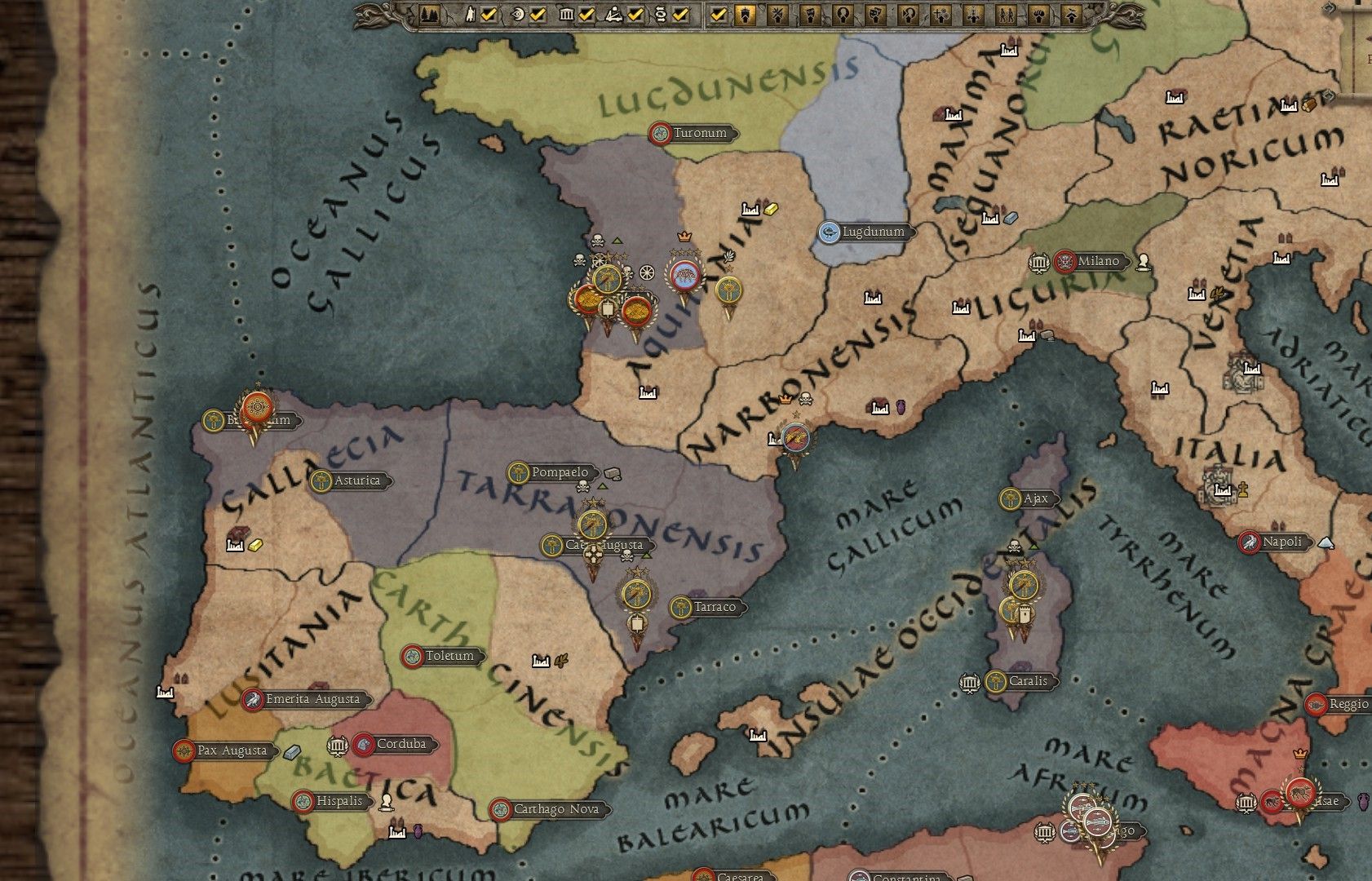
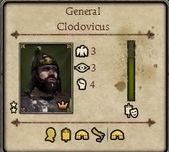 Thank you for the kind words of encouragement Beckitz. EDIT: Cast of characters (Page 1) also updated. EDIT #2: Cast of Characters has most portraits finished- I will update the thread when they are completed
Thank you for the kind words of encouragement Beckitz. EDIT: Cast of characters (Page 1) also updated. EDIT #2: Cast of Characters has most portraits finished- I will update the thread when they are completed
